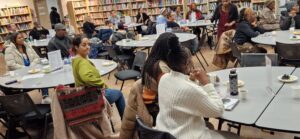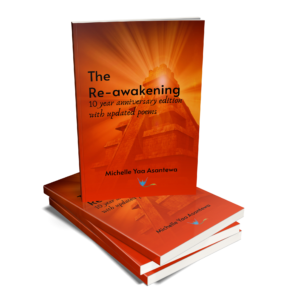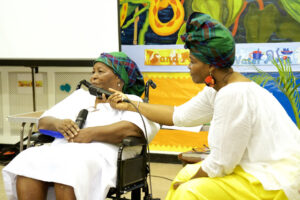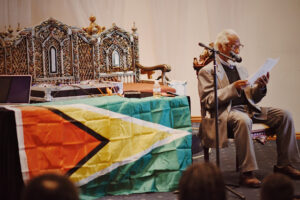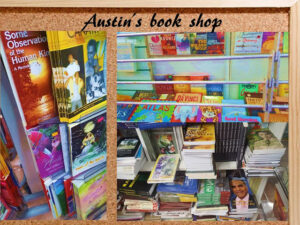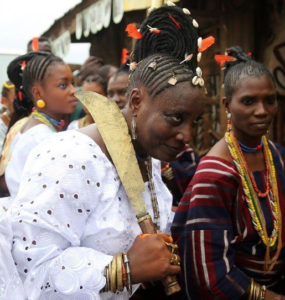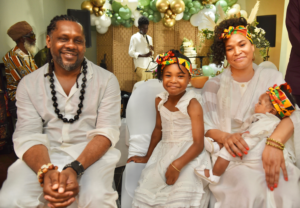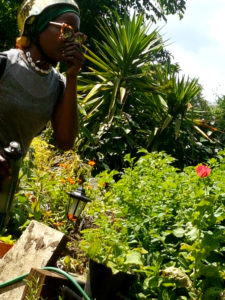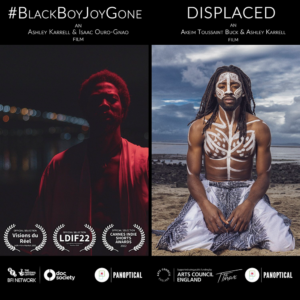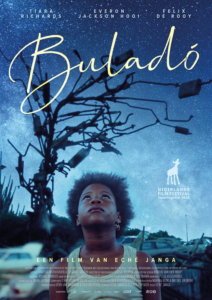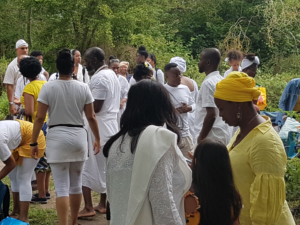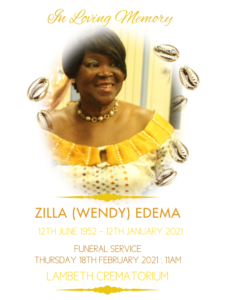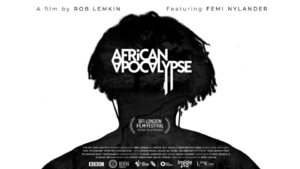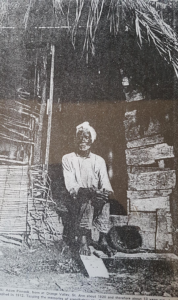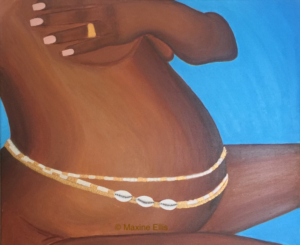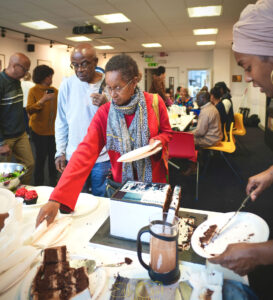
Disclaimer: Use of Copyrighted Images
The images used on this
blog and in our newsletters are sourced for educational purposes only.
These images are the property of their respective copyright holders and
are used under the principle of *fair use* to support commentary,
analysis, and discussion. We make no claim of ownership over any
copyrighted images and have taken all reasonable steps to attribute them
appropriately.
If you are the copyright owner of any image
featured here and believe it is being used improperly, please contact us
directly. We are committed to respecting intellectual property rights
and will take prompt action to resolve any concerns.
This content
is not intended for commercial use, and any reproduction or
distribution of the images without proper authorization may violate
copyright laws.
To Guyana with Love: a sankofa
-
 By
Dr Michelle Yaa Asantewa
By
Dr Michelle Yaa Asantewa
- 24 minutes
- Article
Share
I had planned to go to Guyana later in the year as a kind pilgrimage for my 50th birthday. A prompt from the University of Guyana that I…
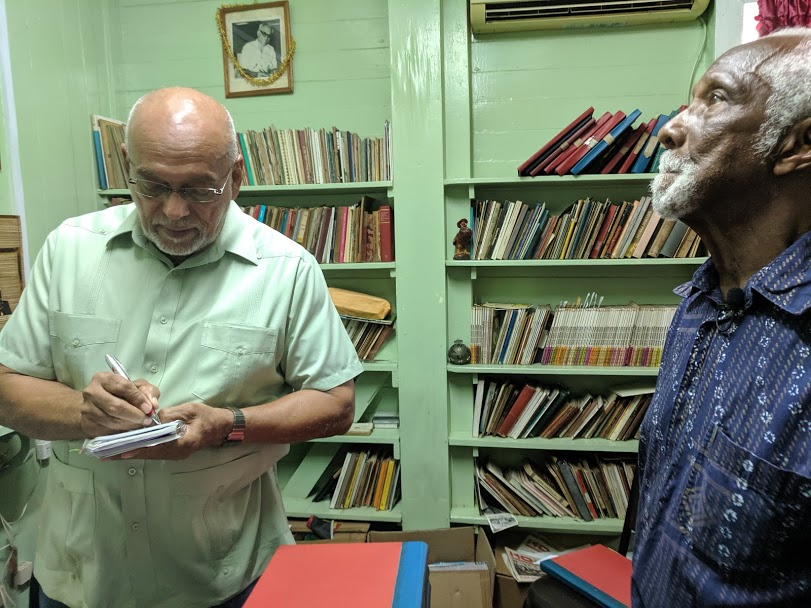
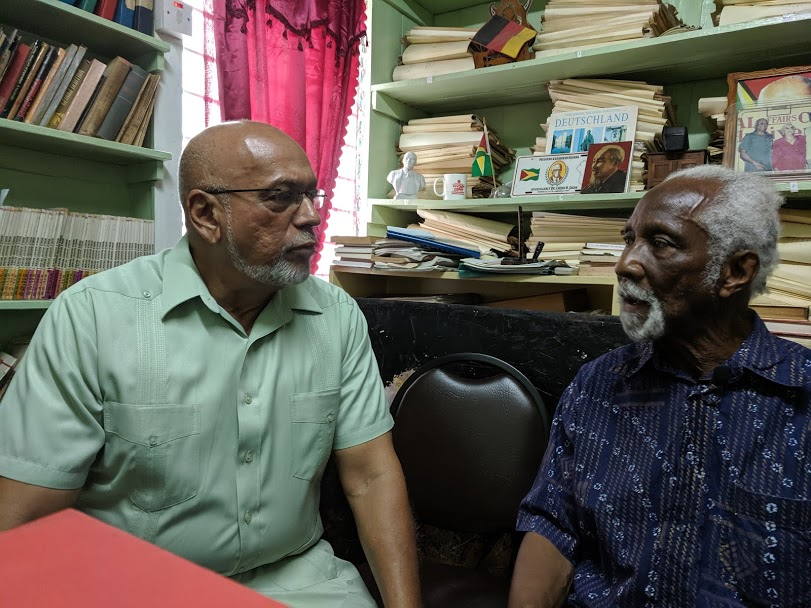
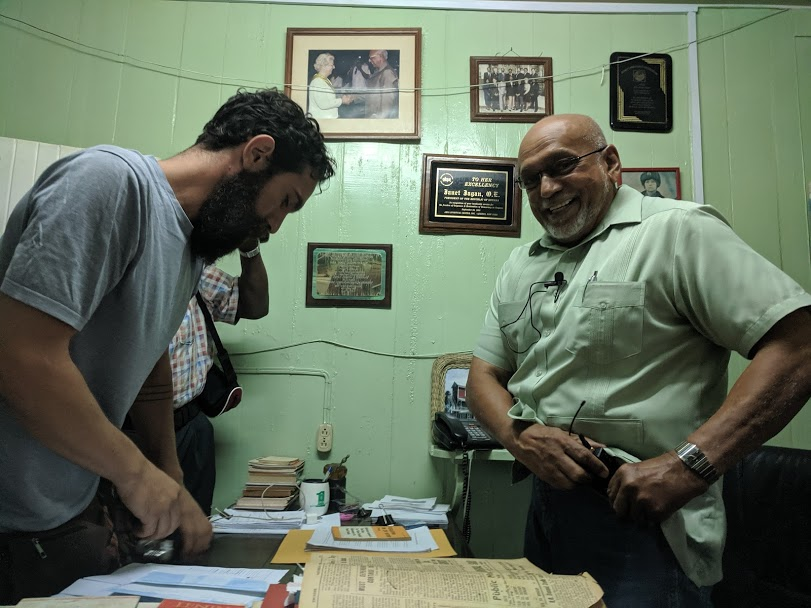
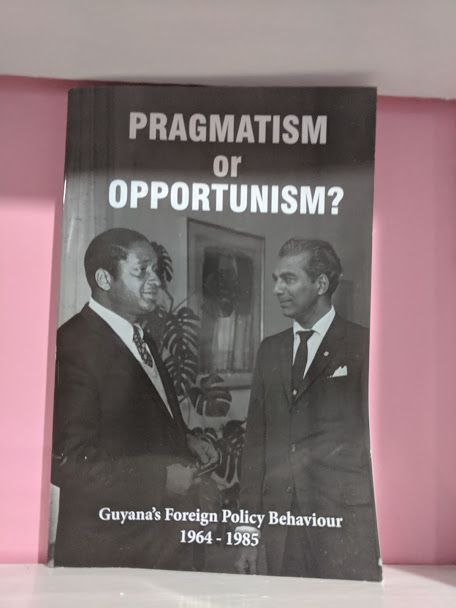
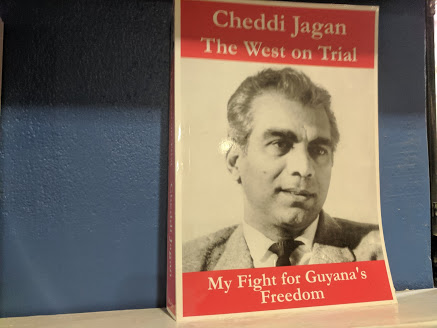
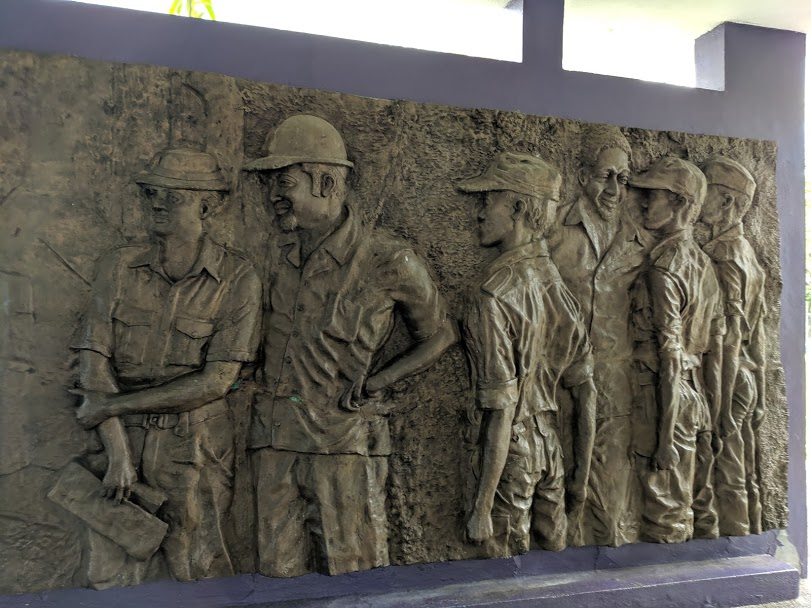
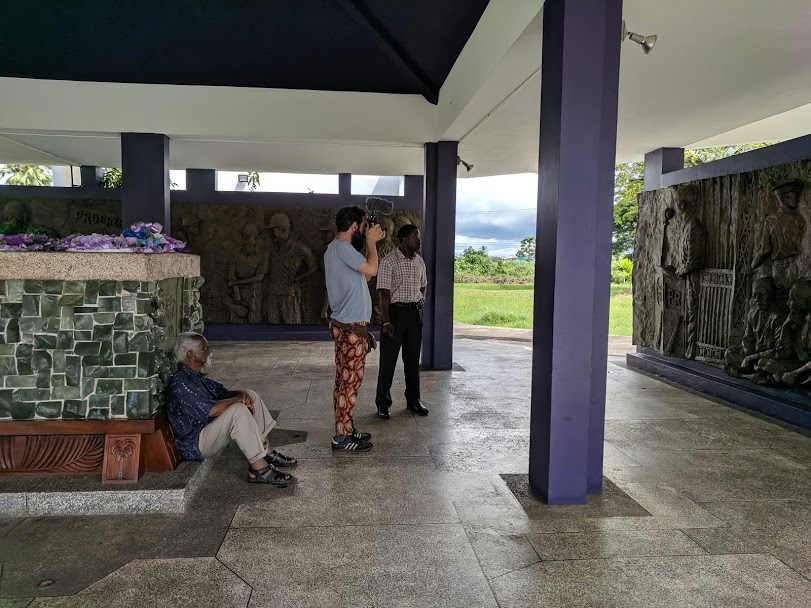
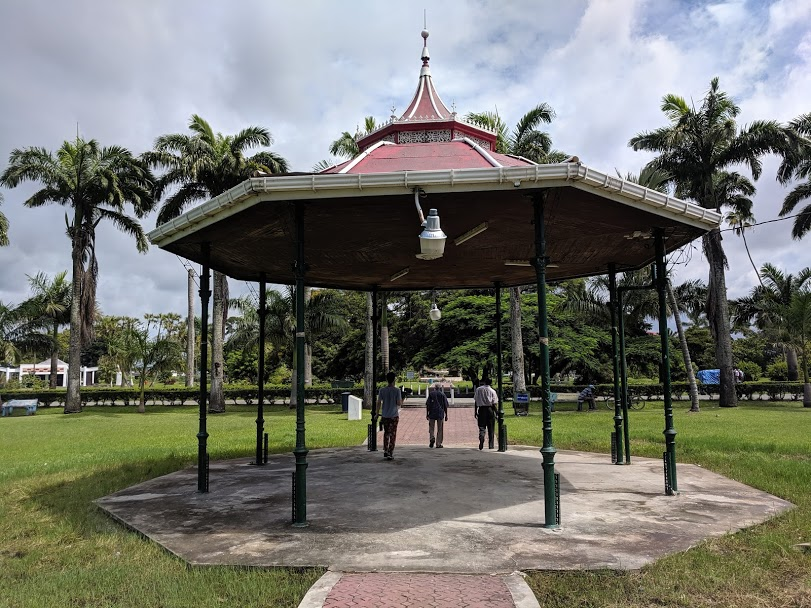
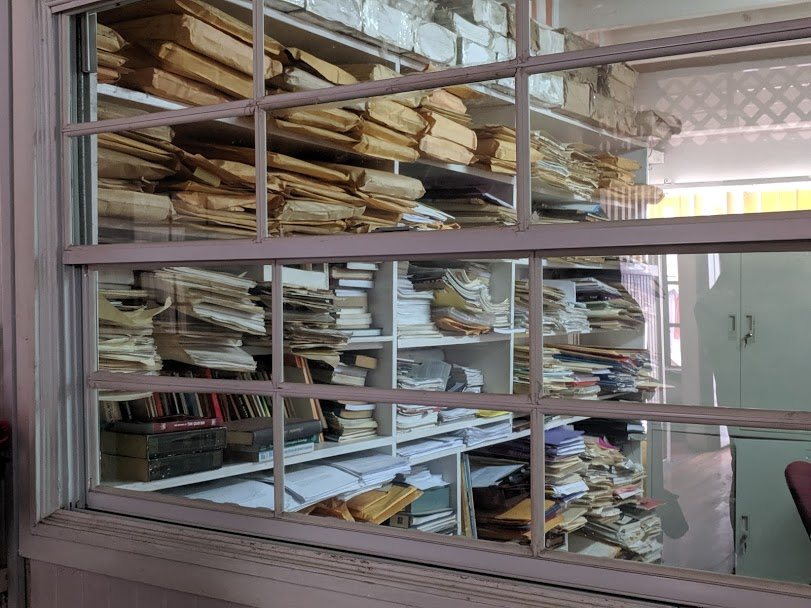
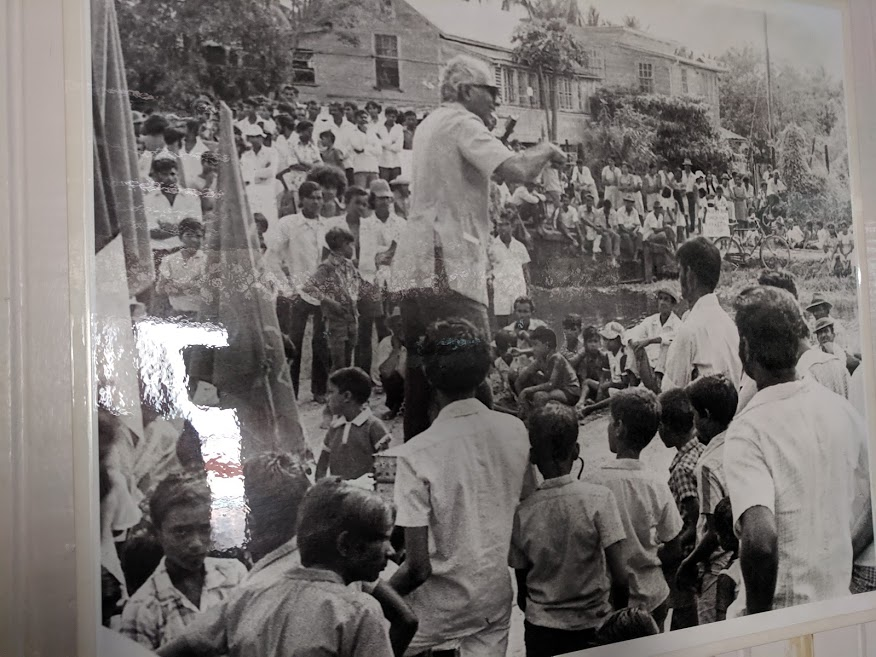
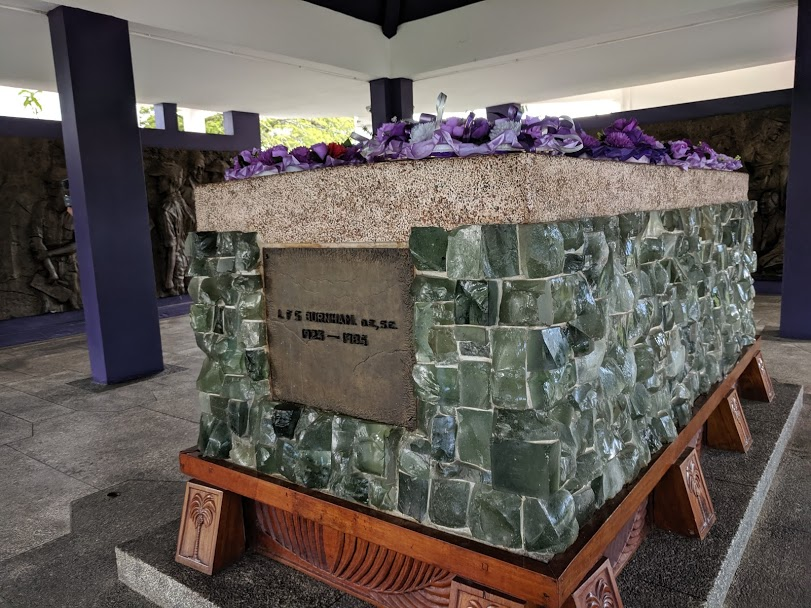
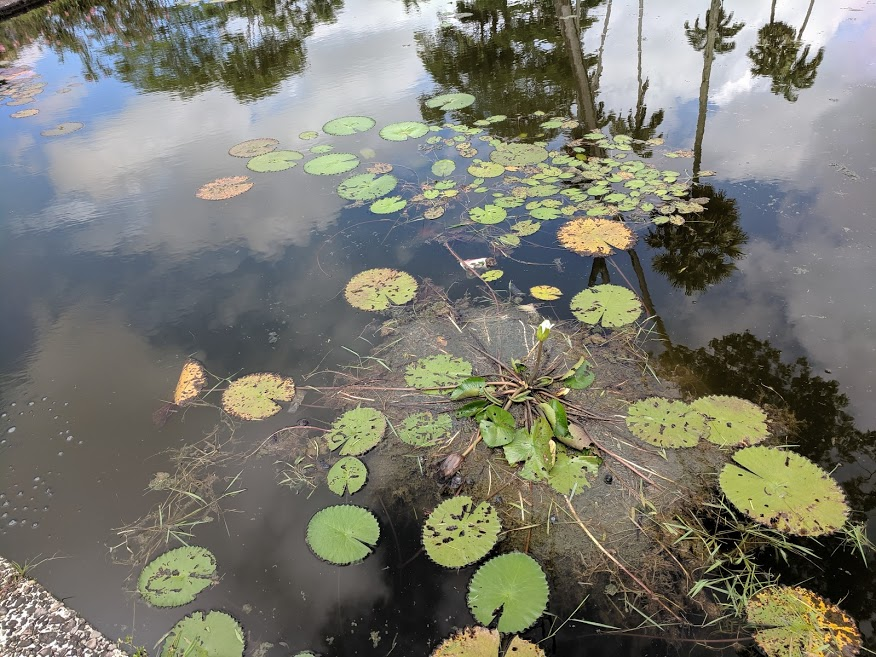
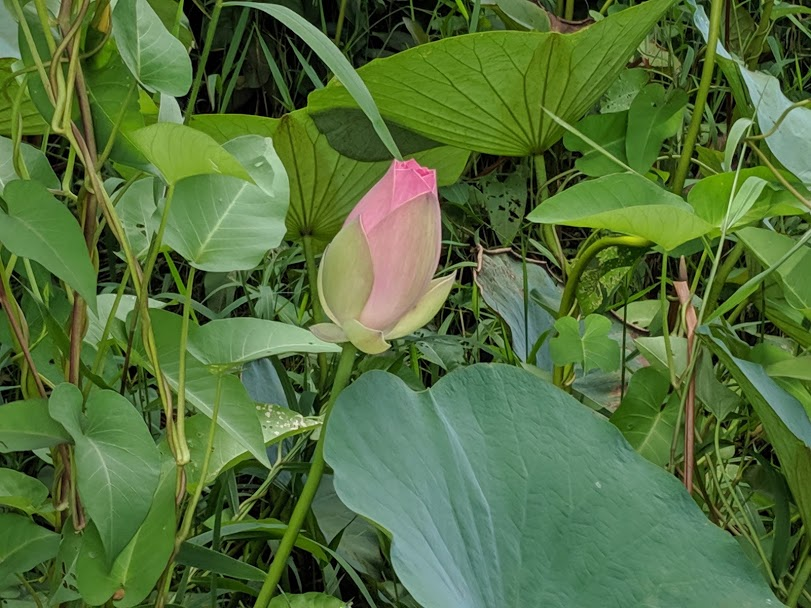
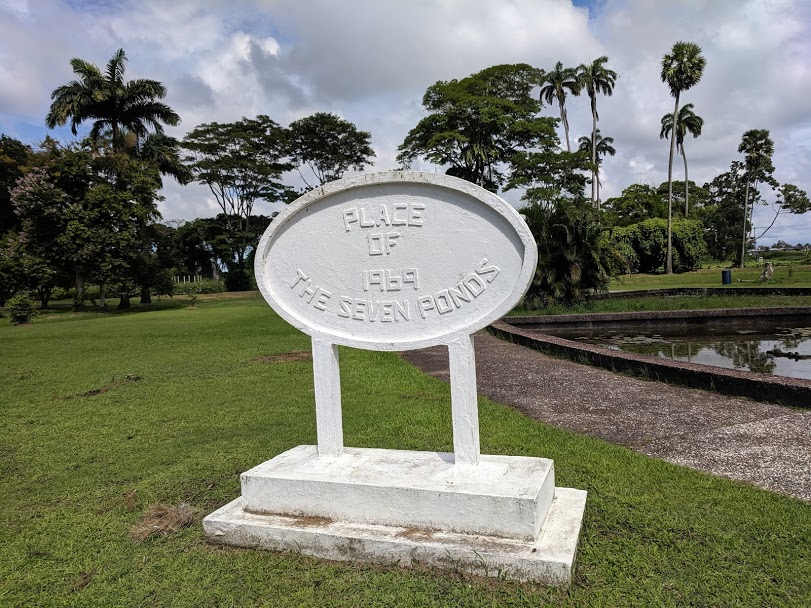
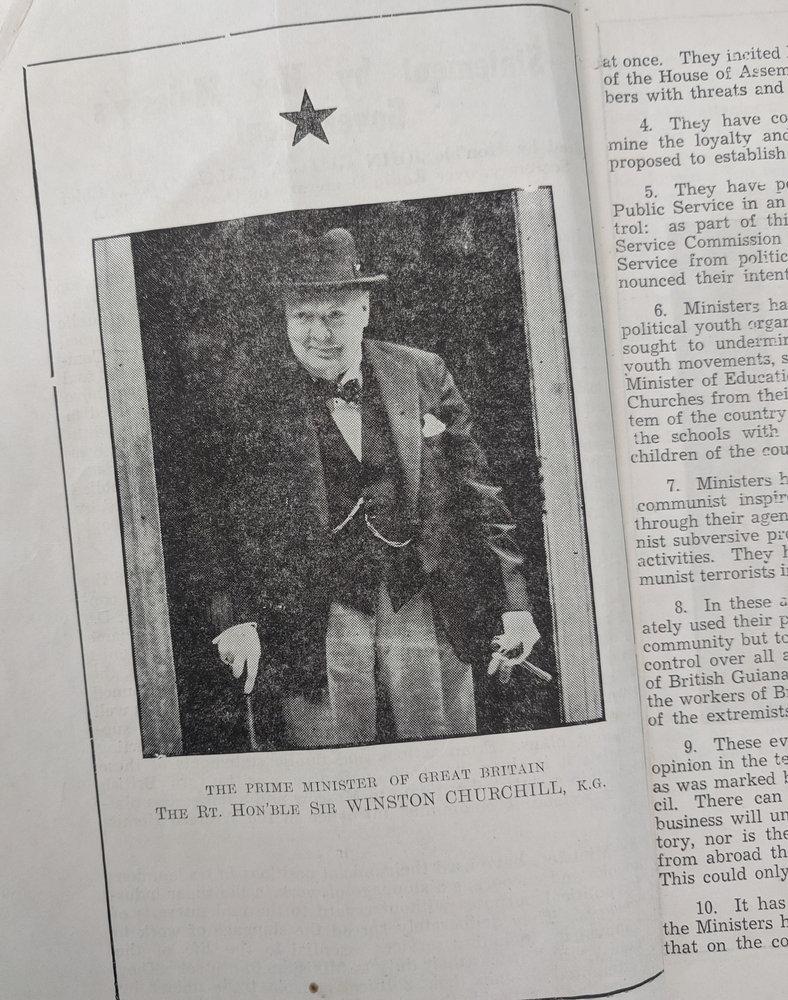
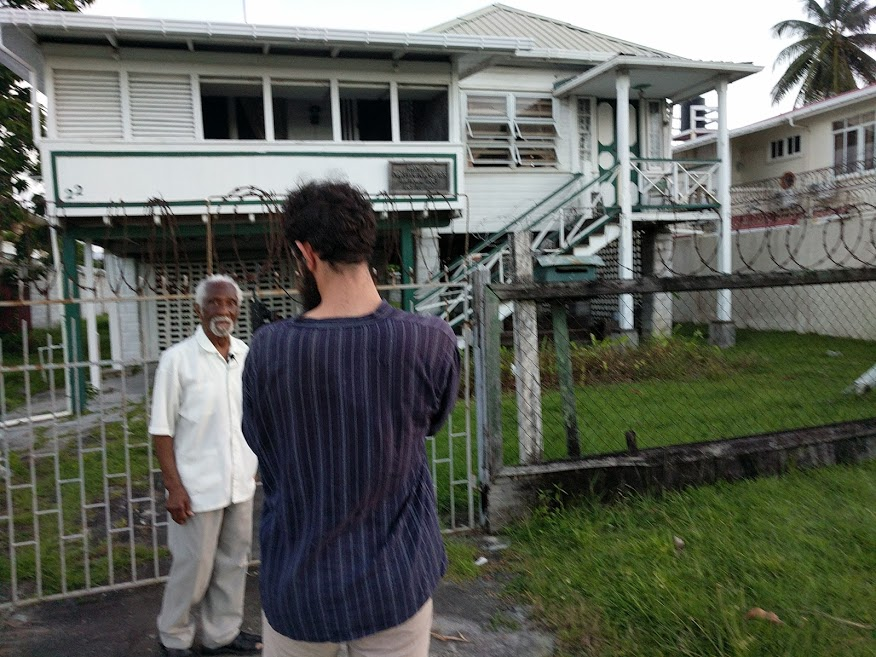
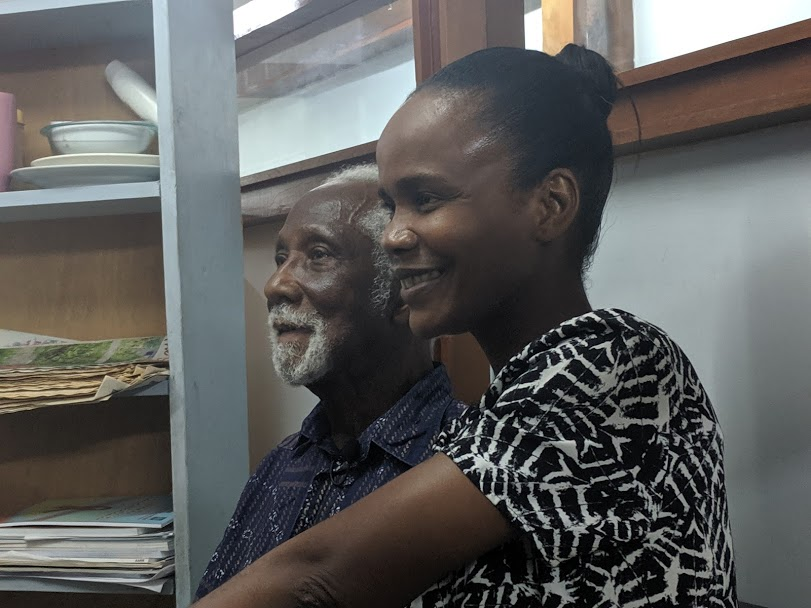
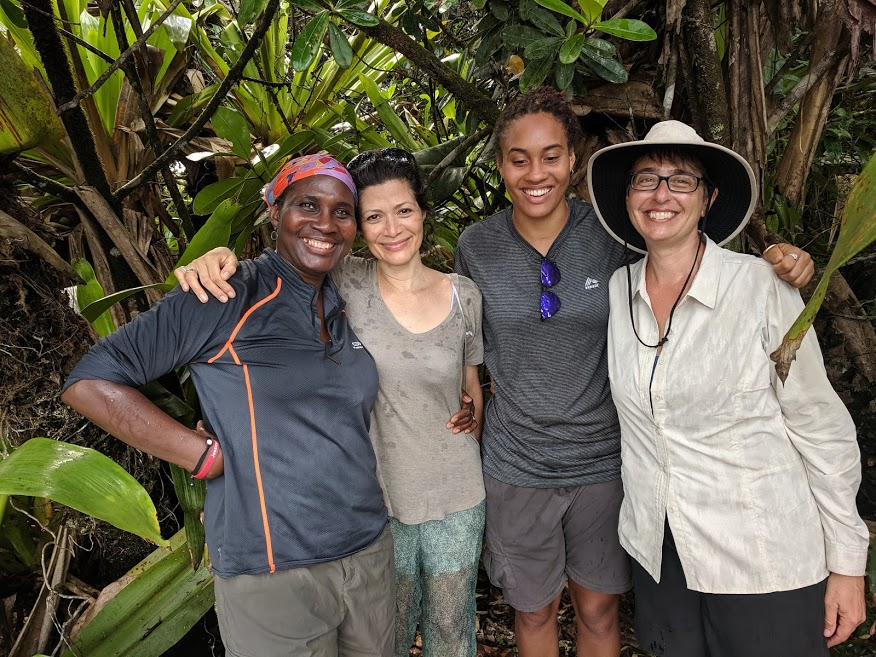
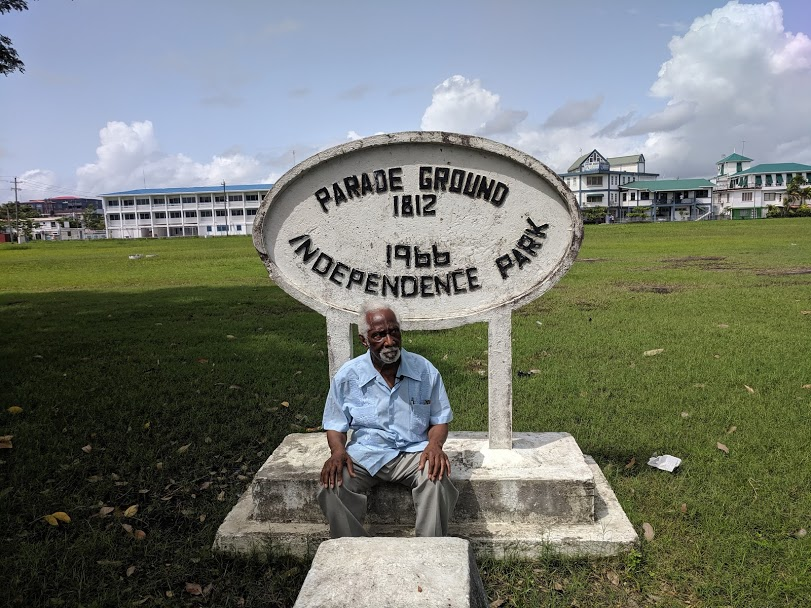
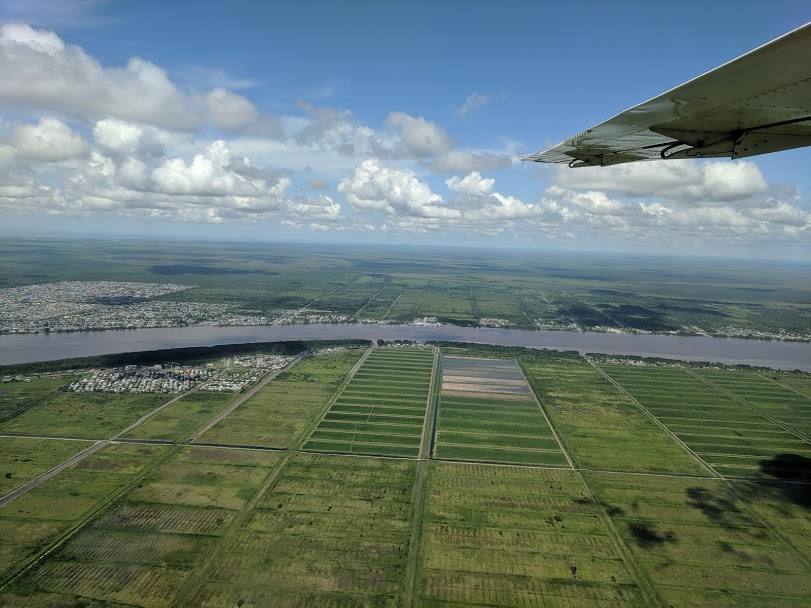
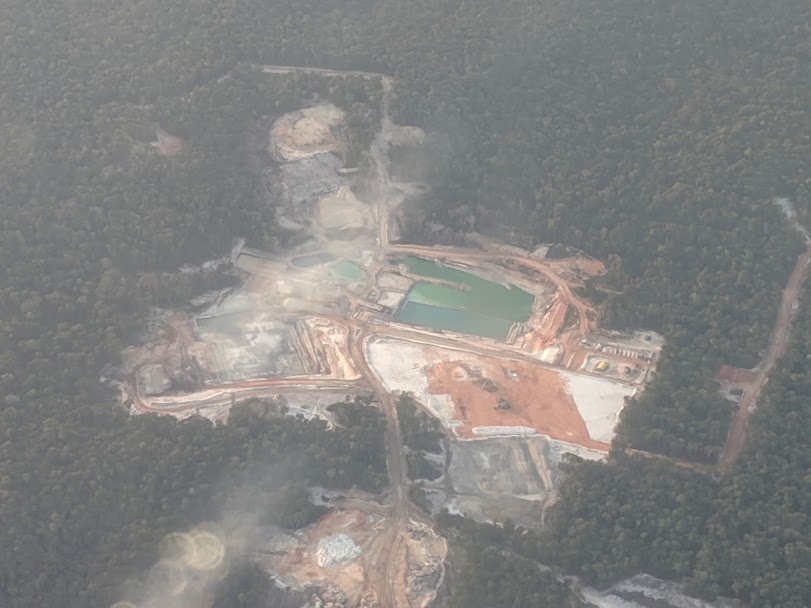
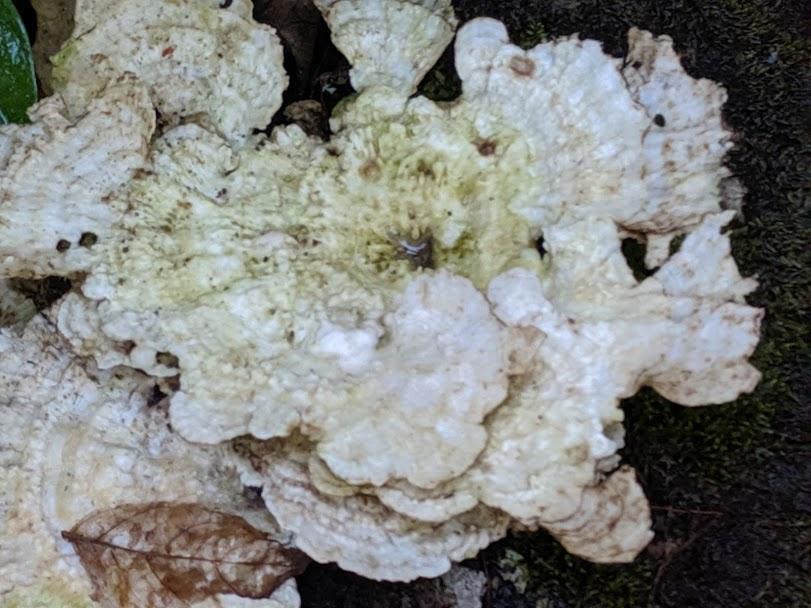
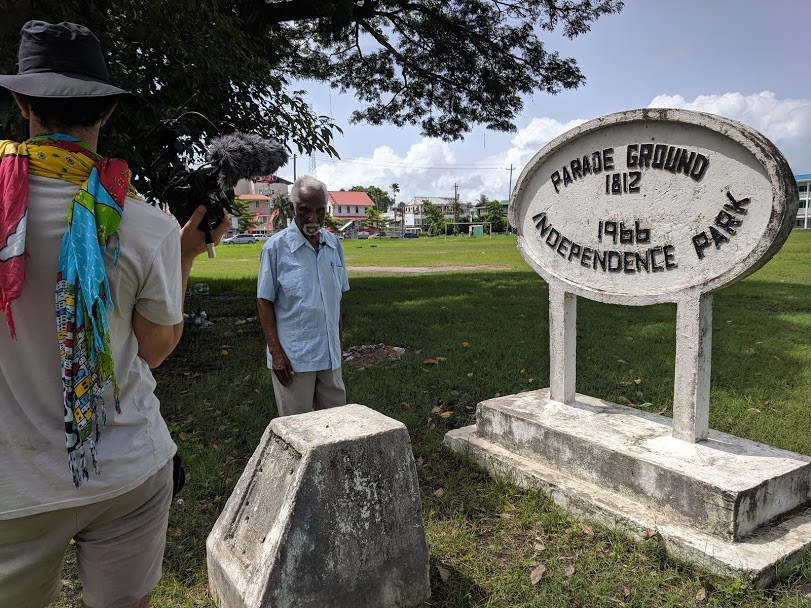
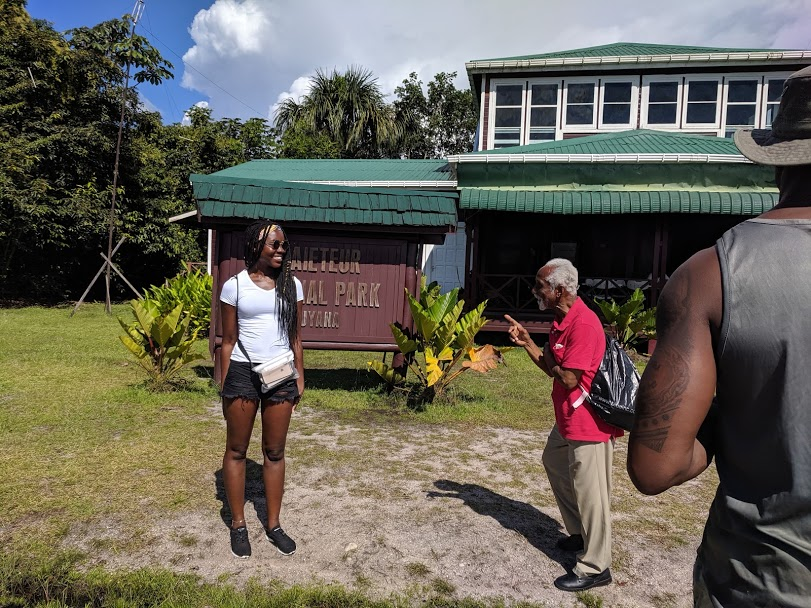
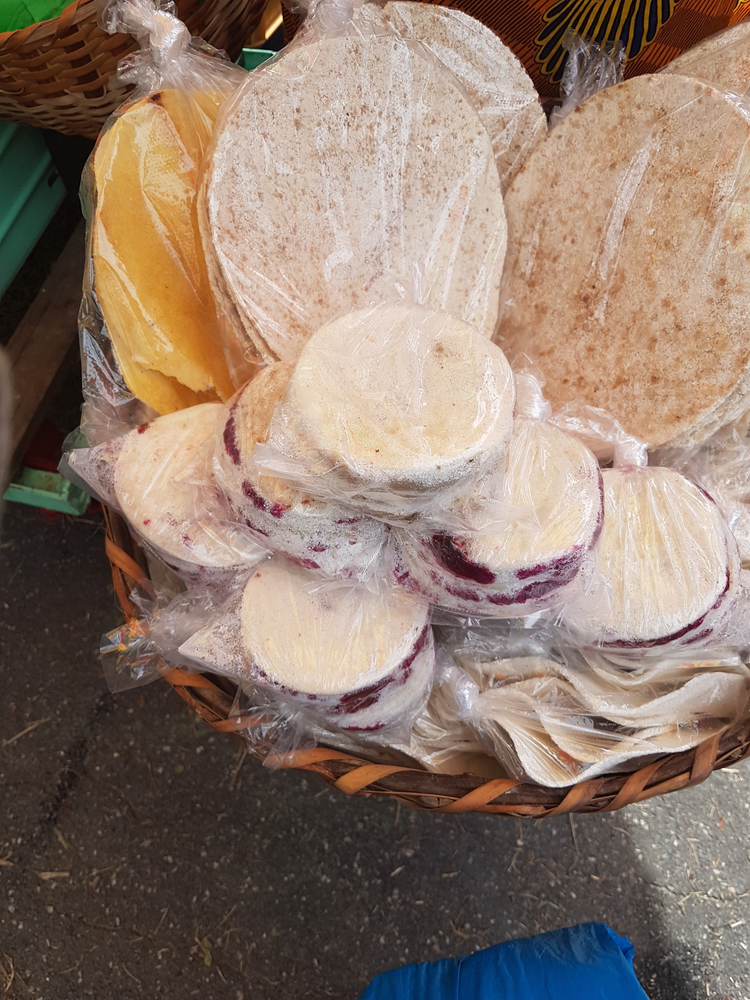
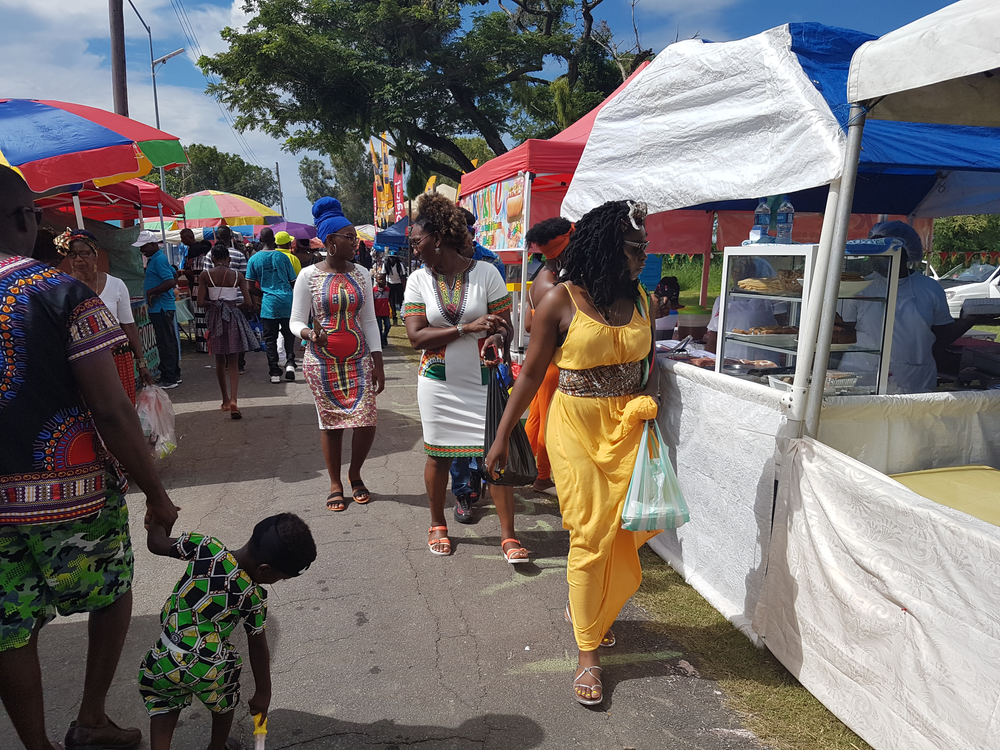
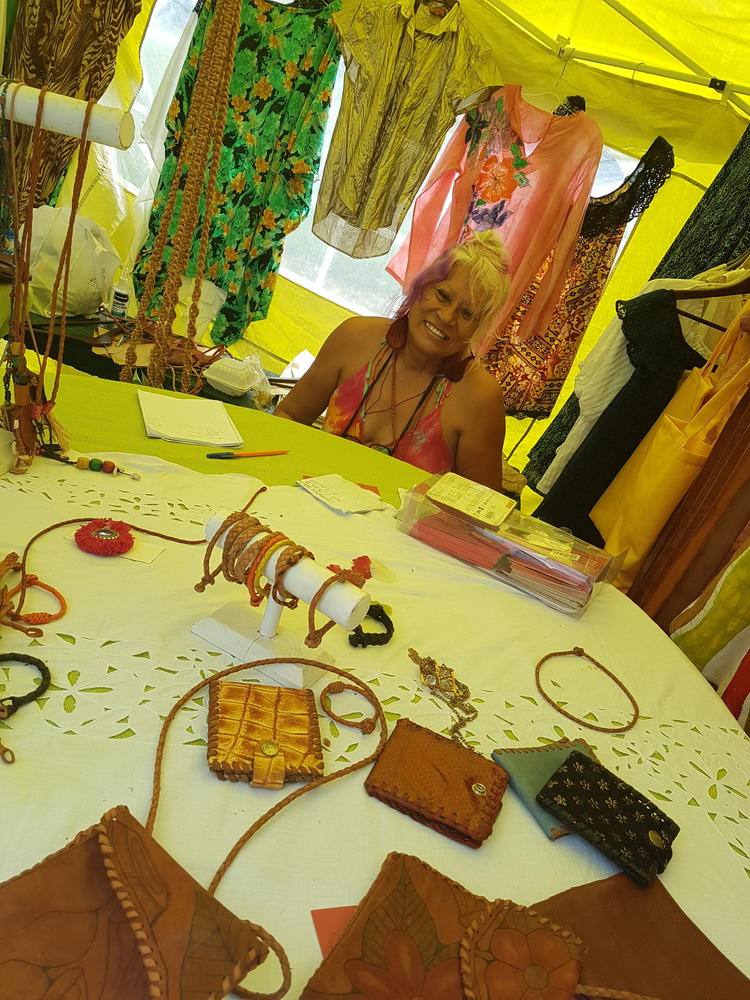
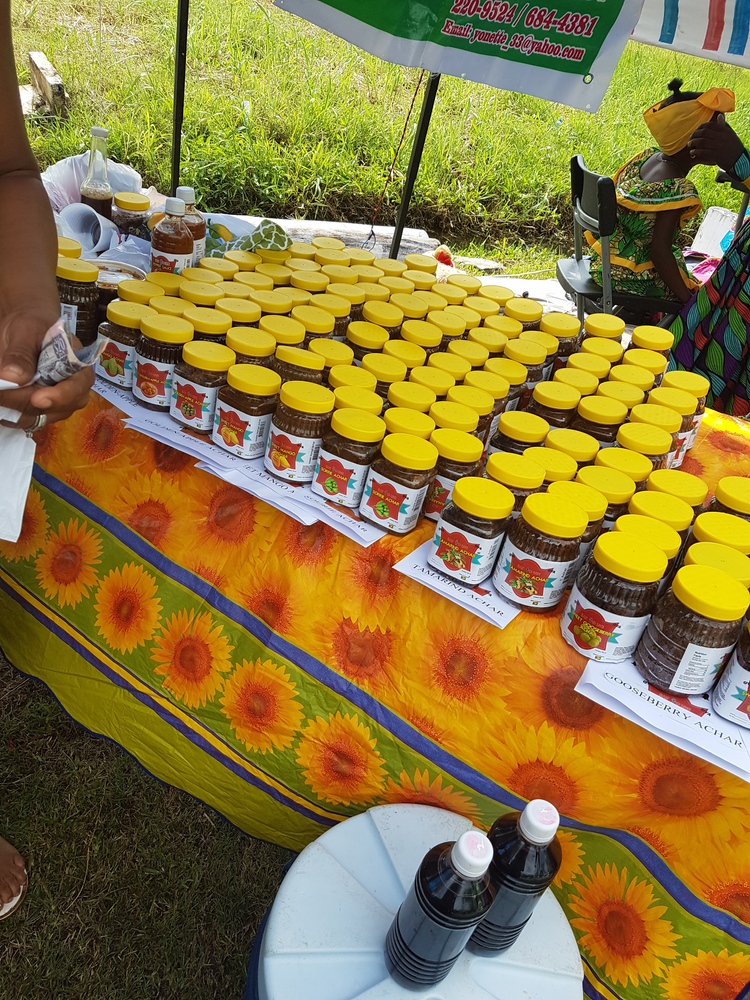
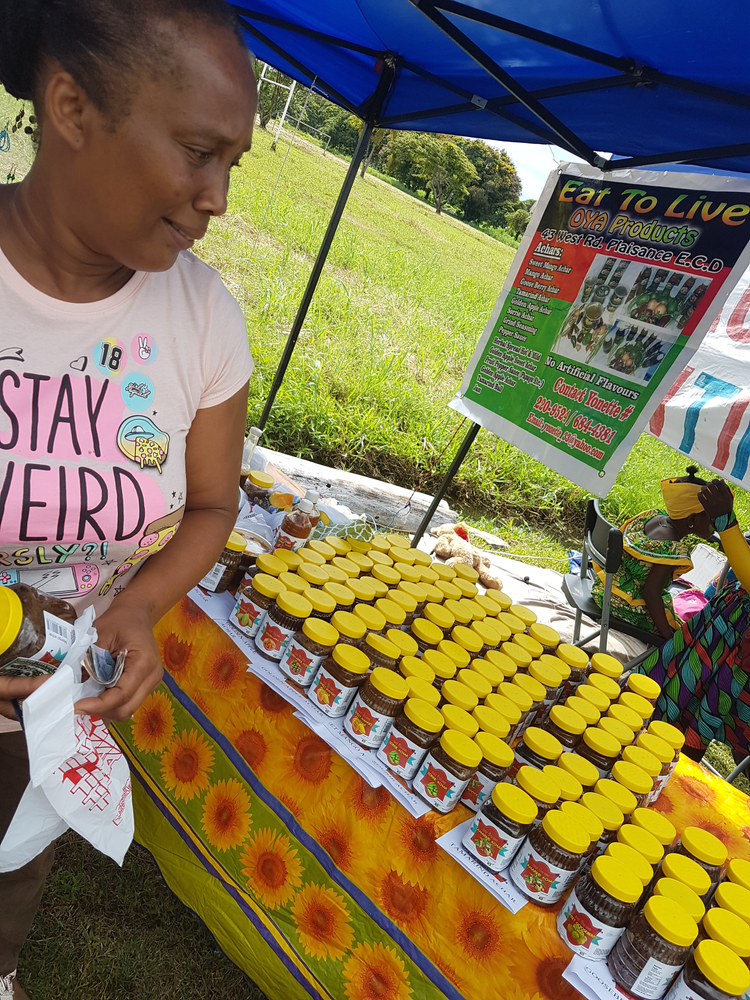
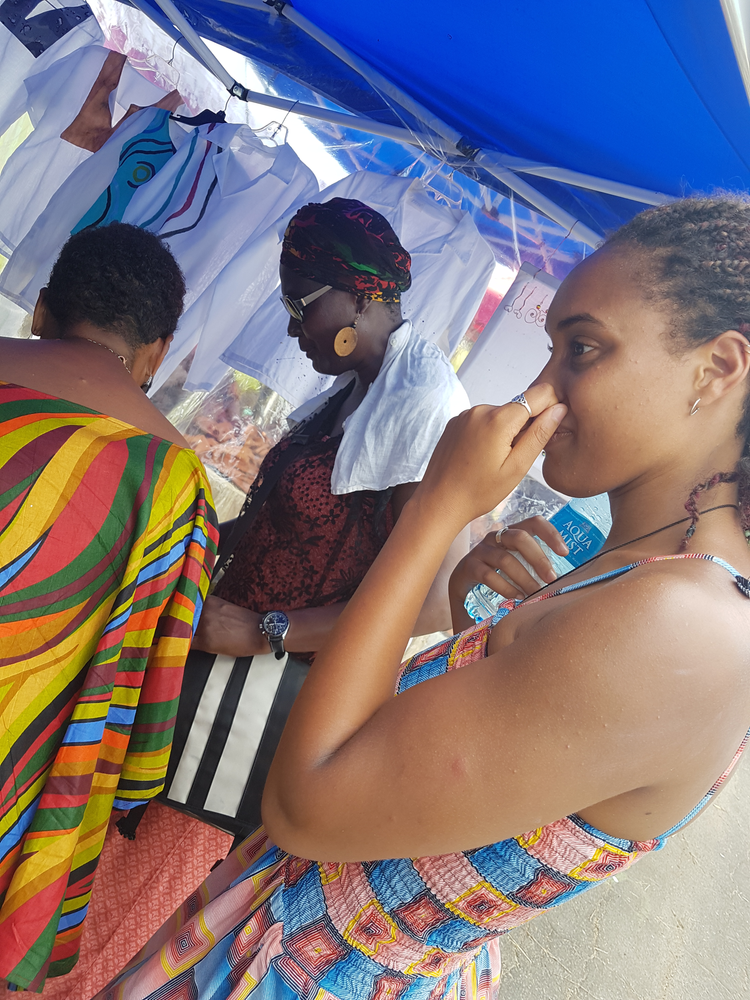
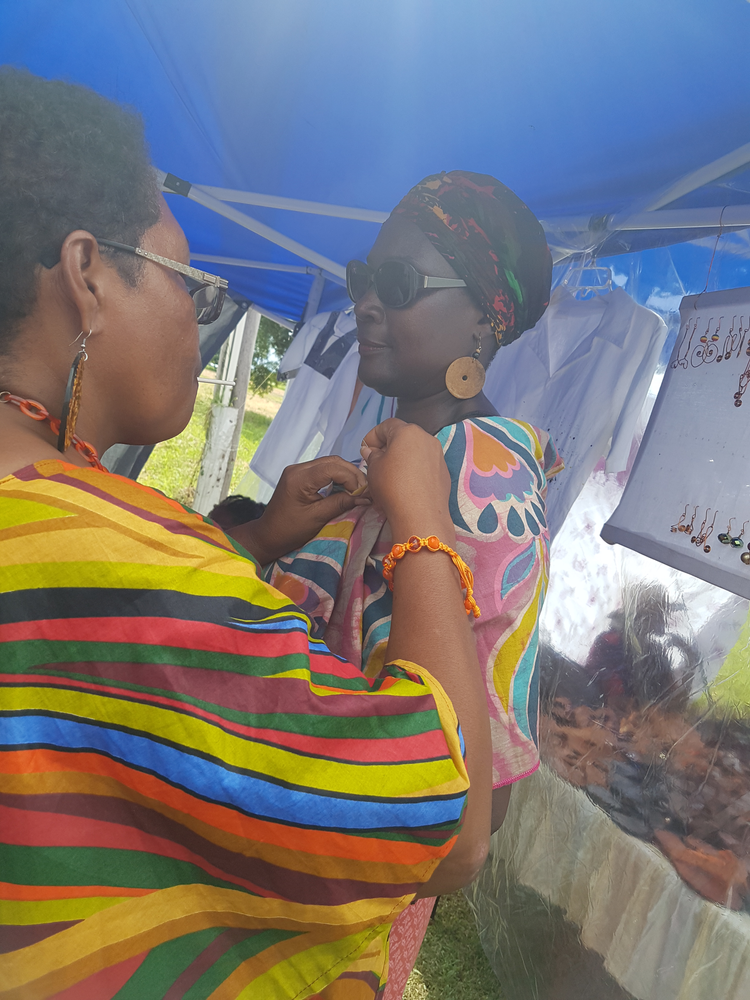
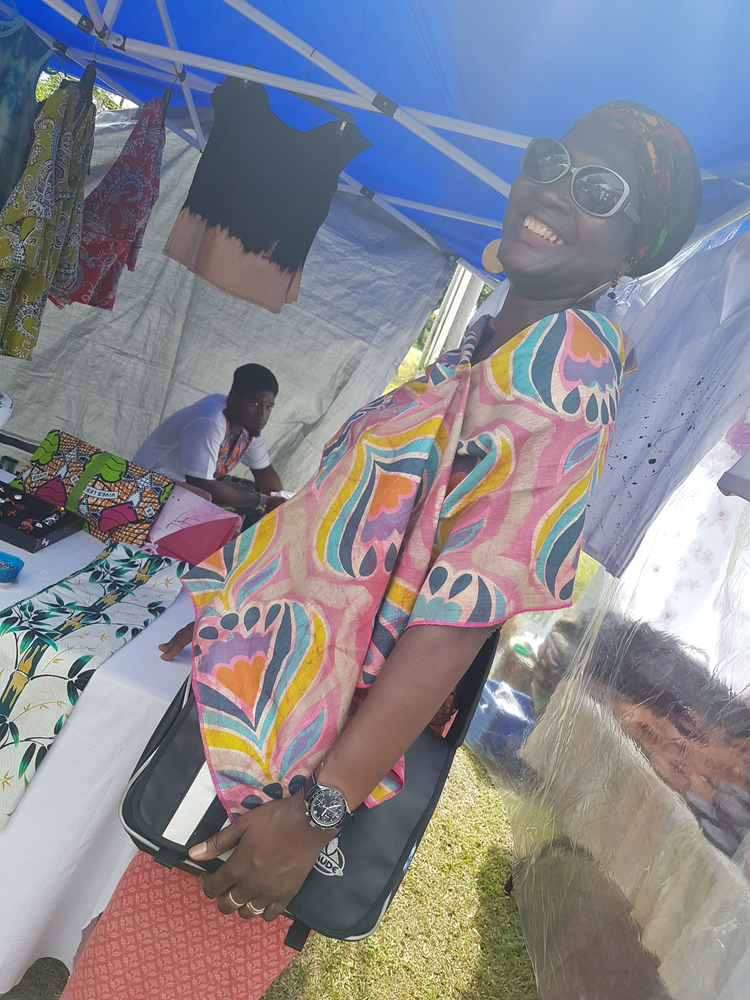
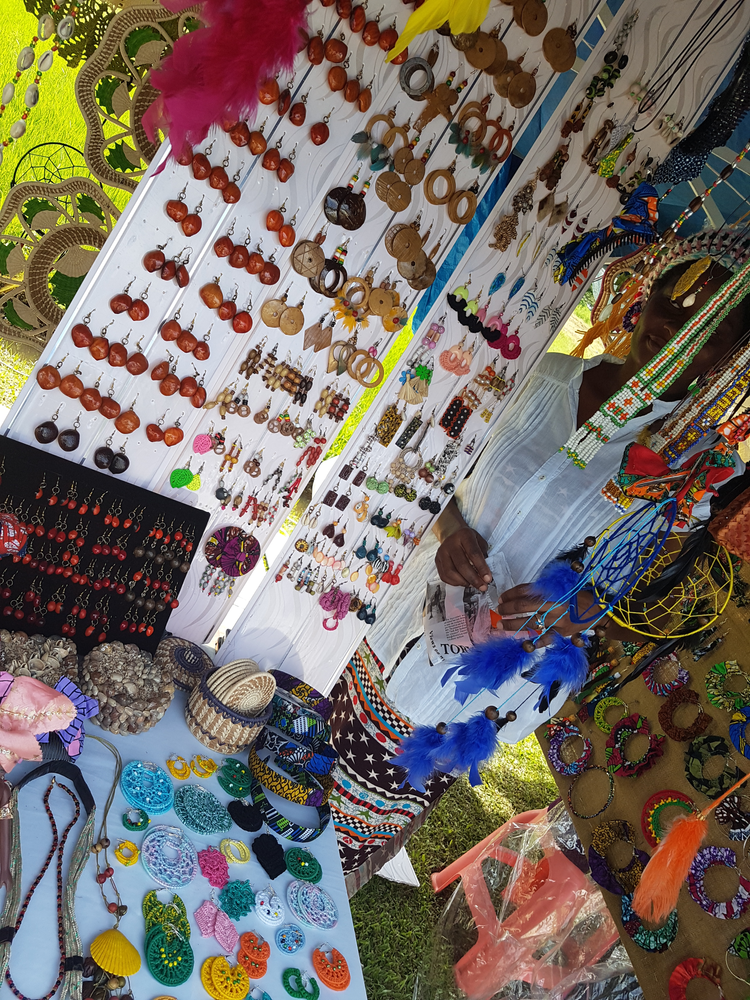
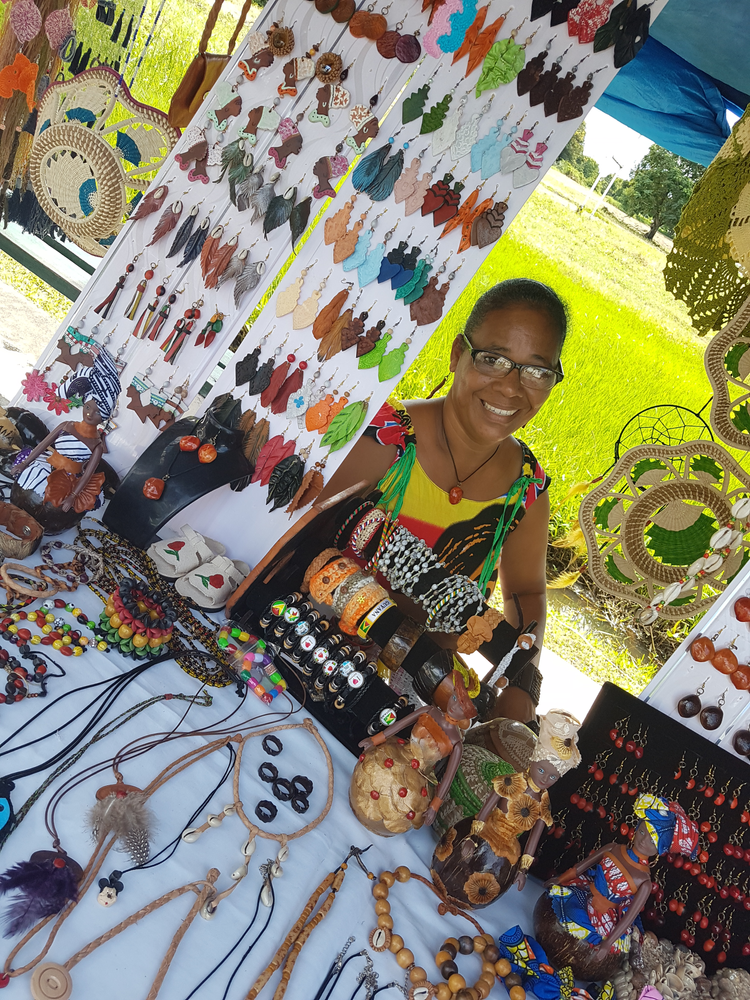
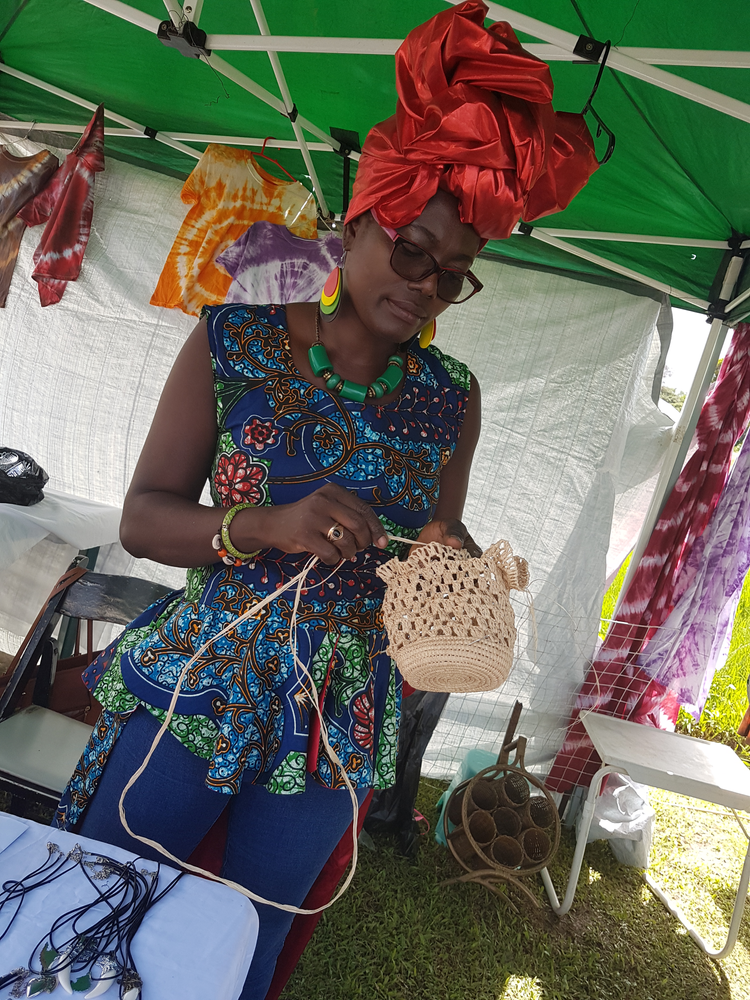
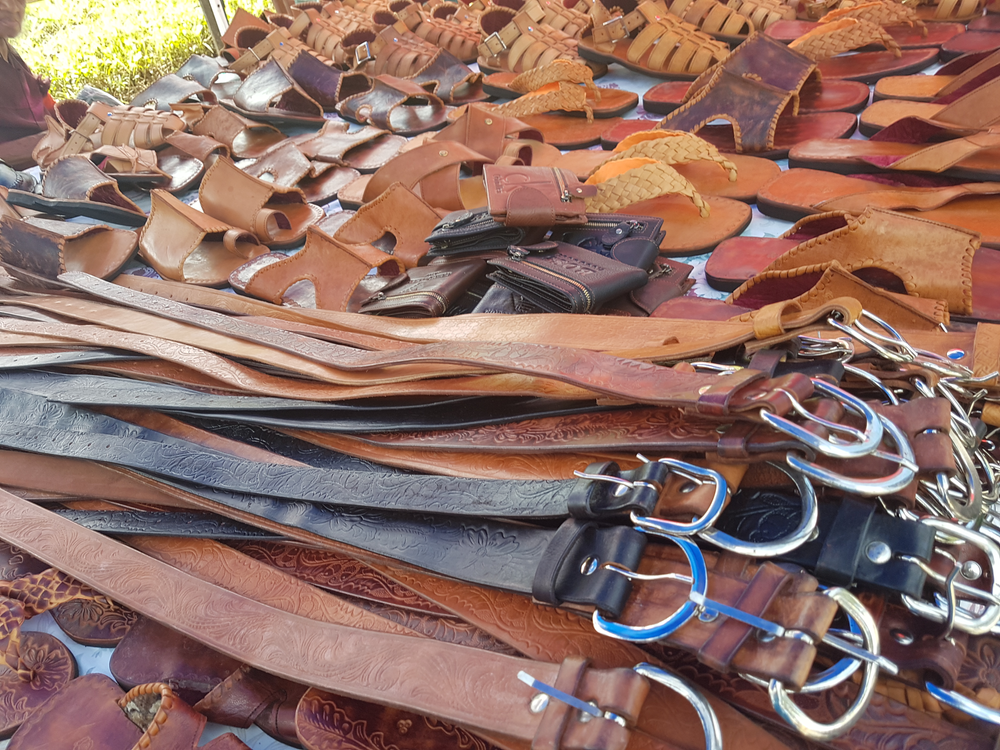
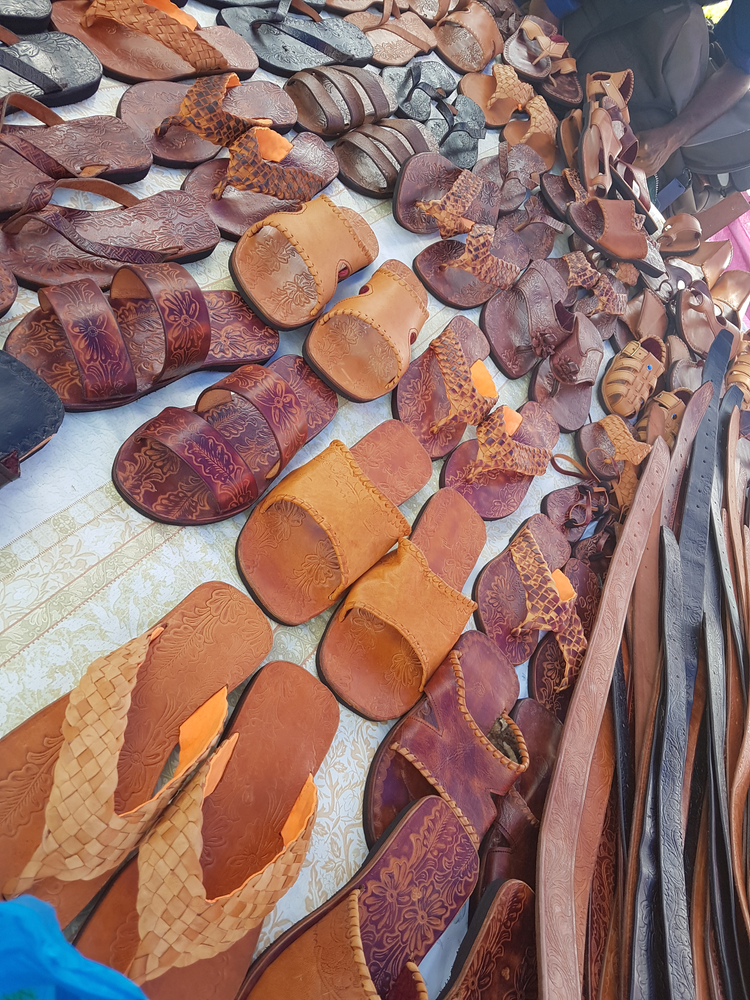
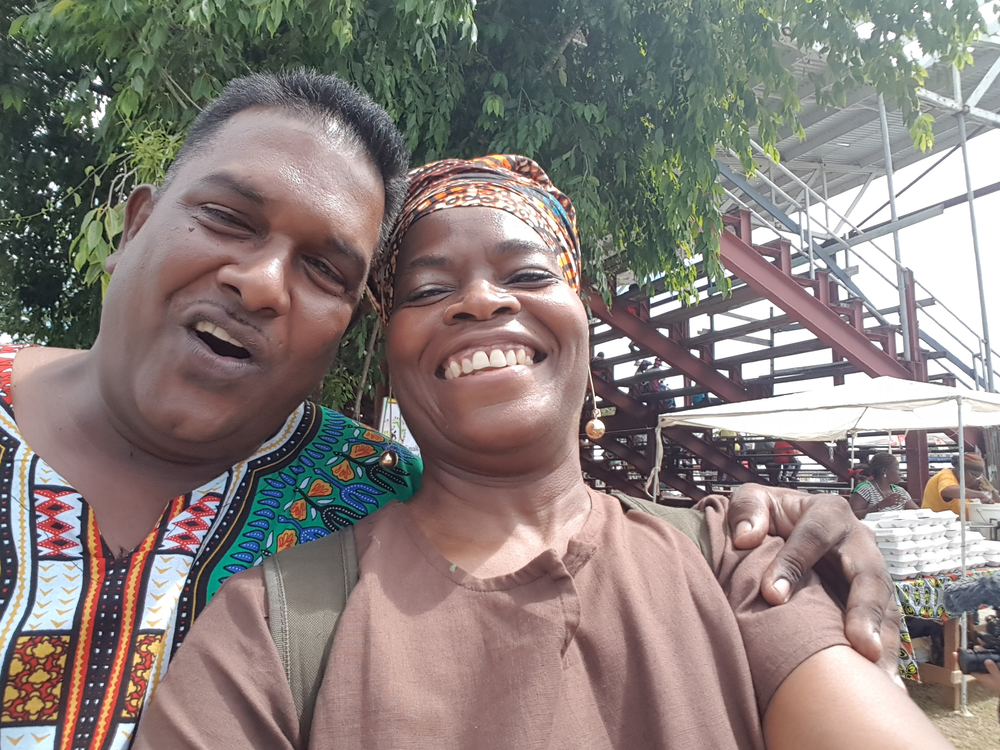
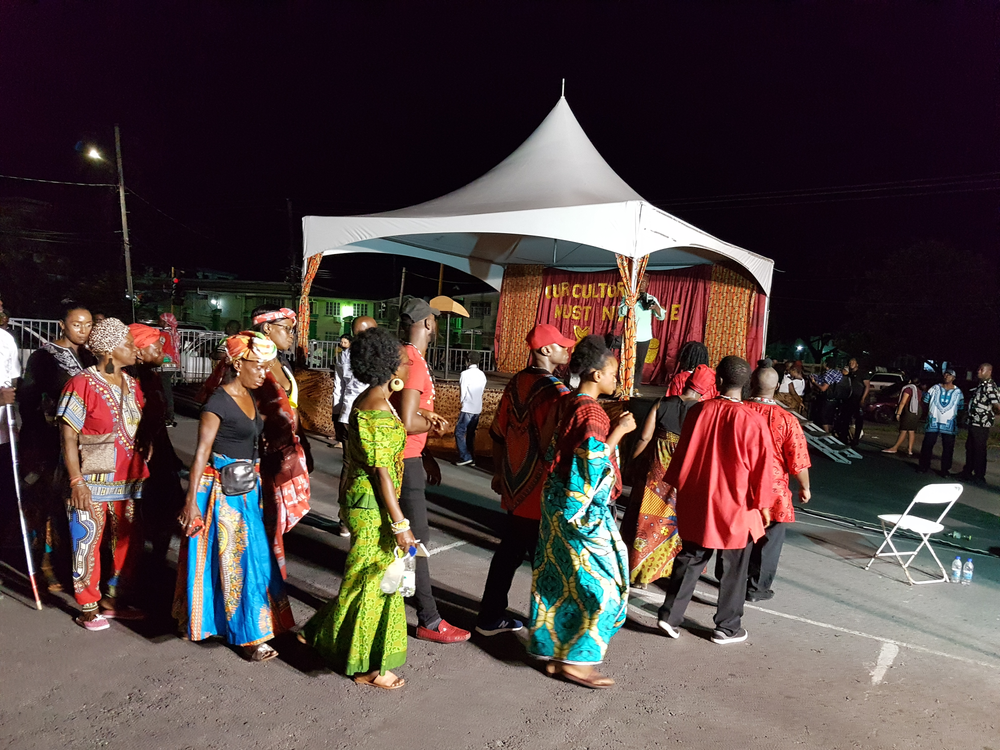
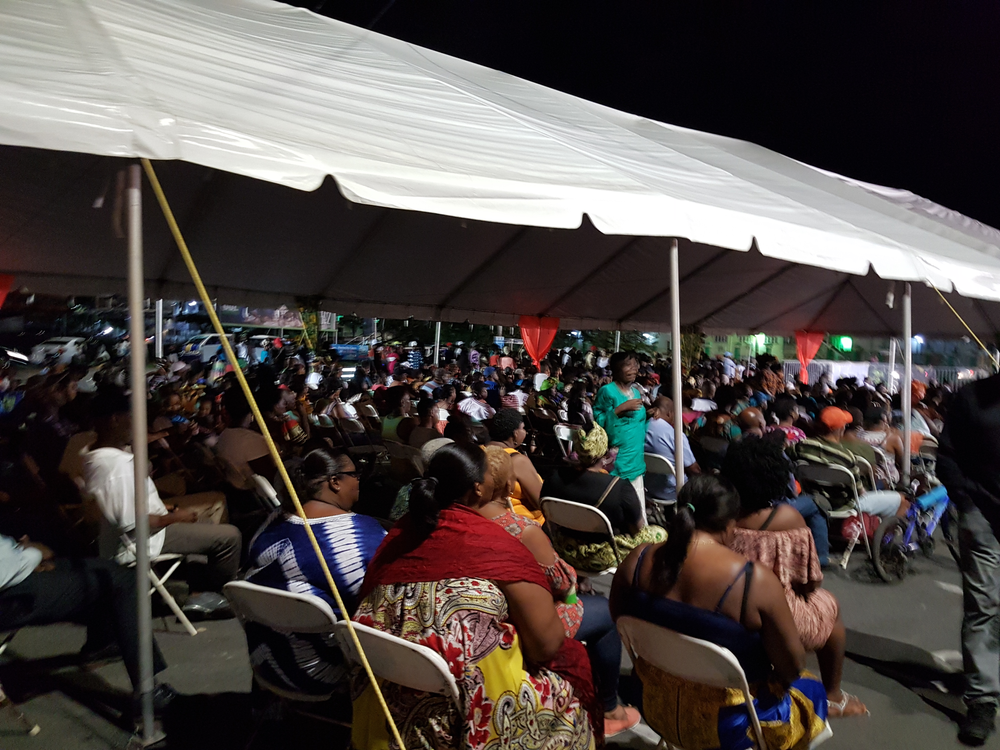
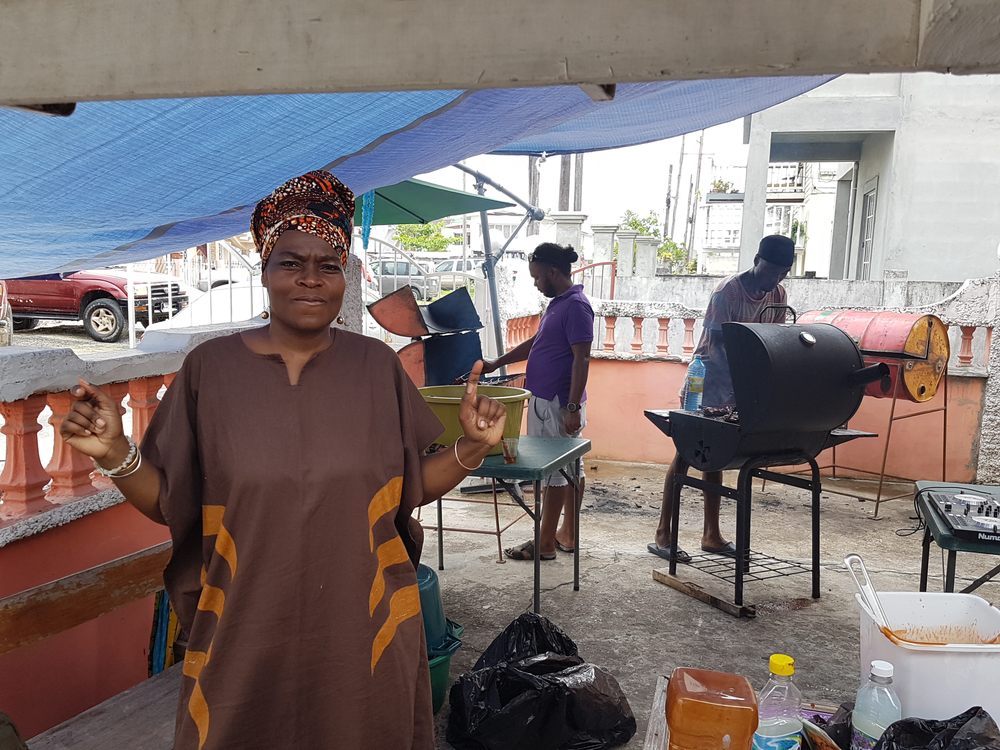
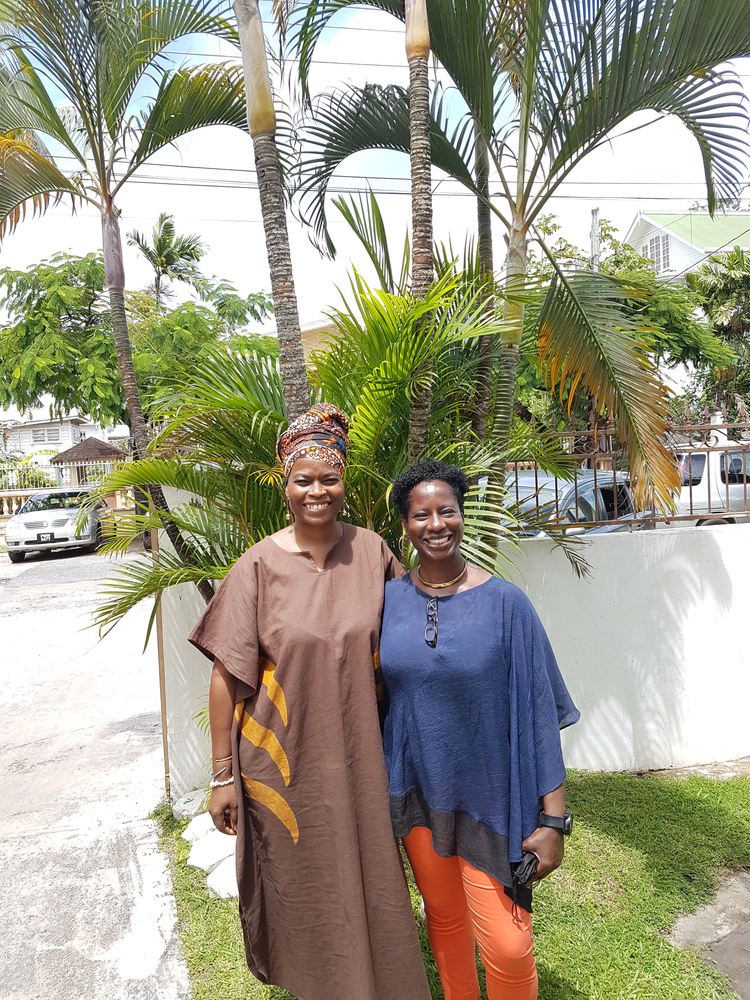
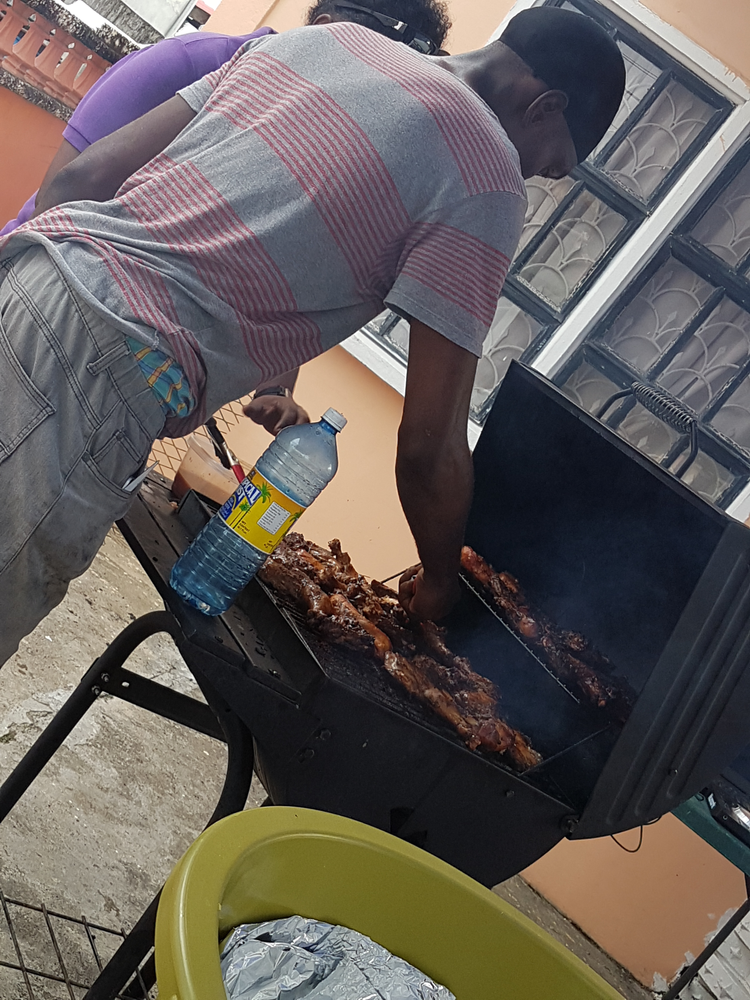
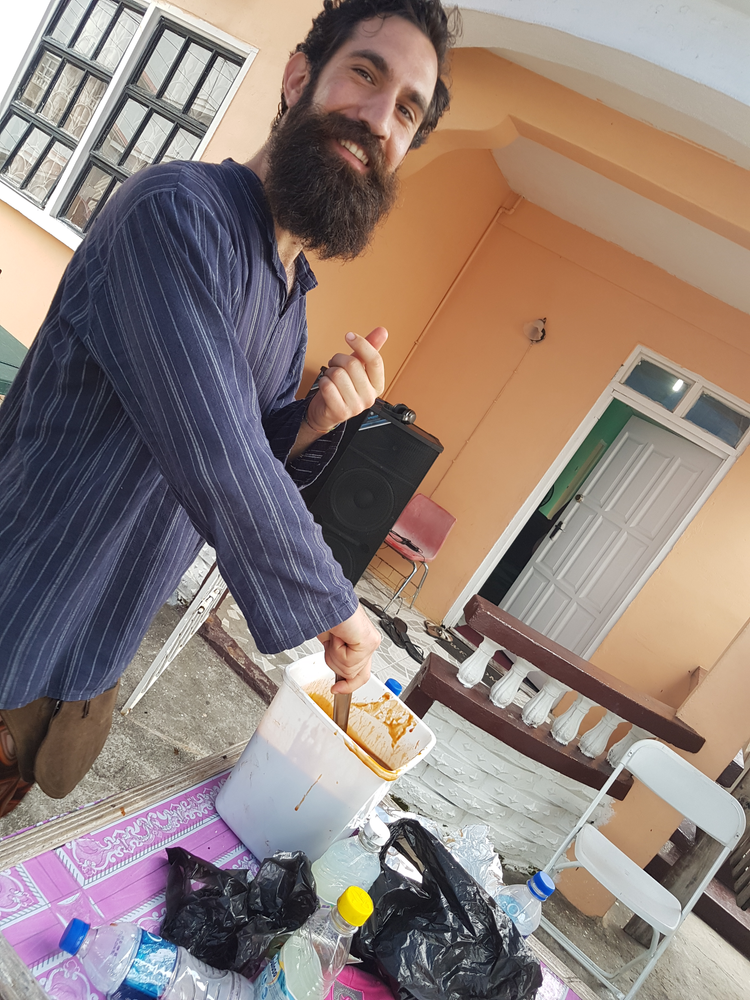
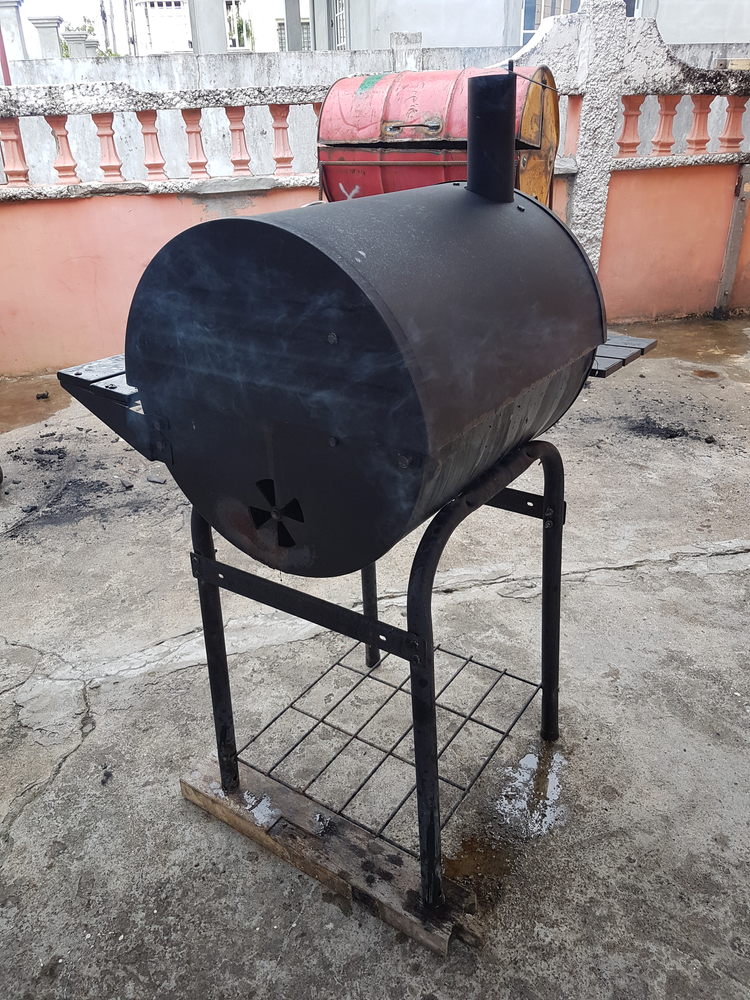
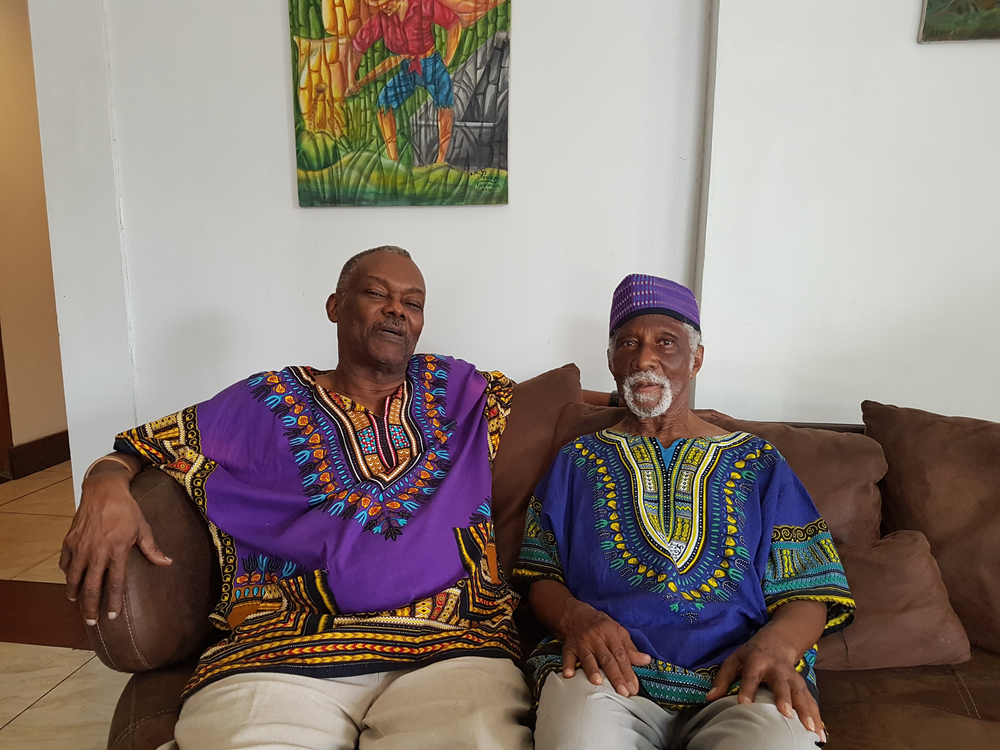
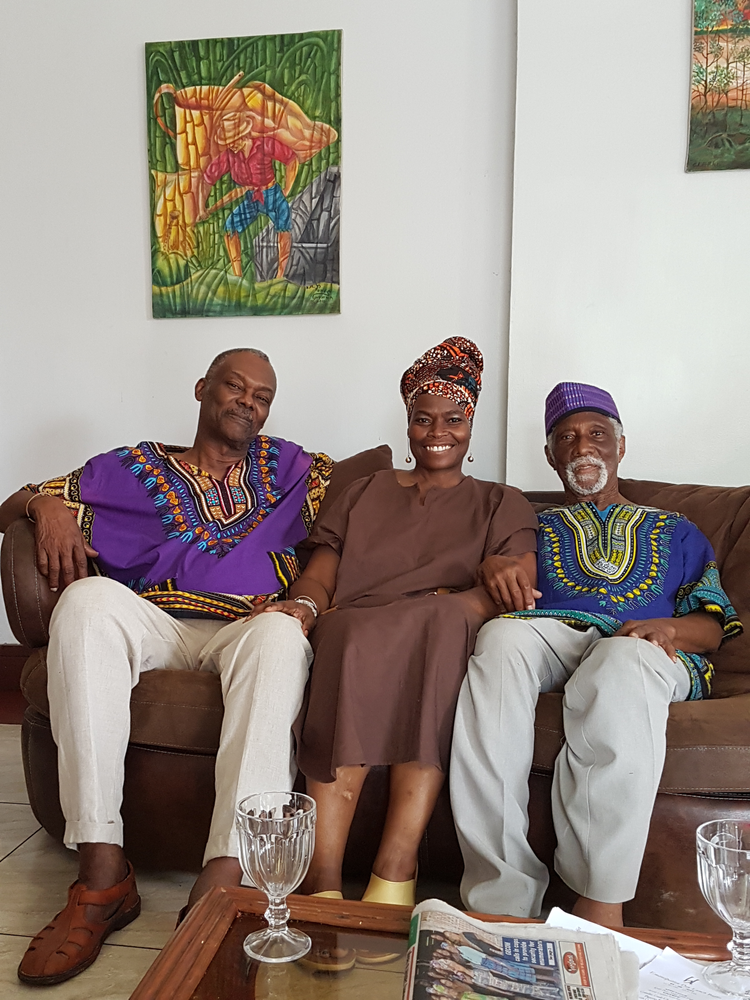
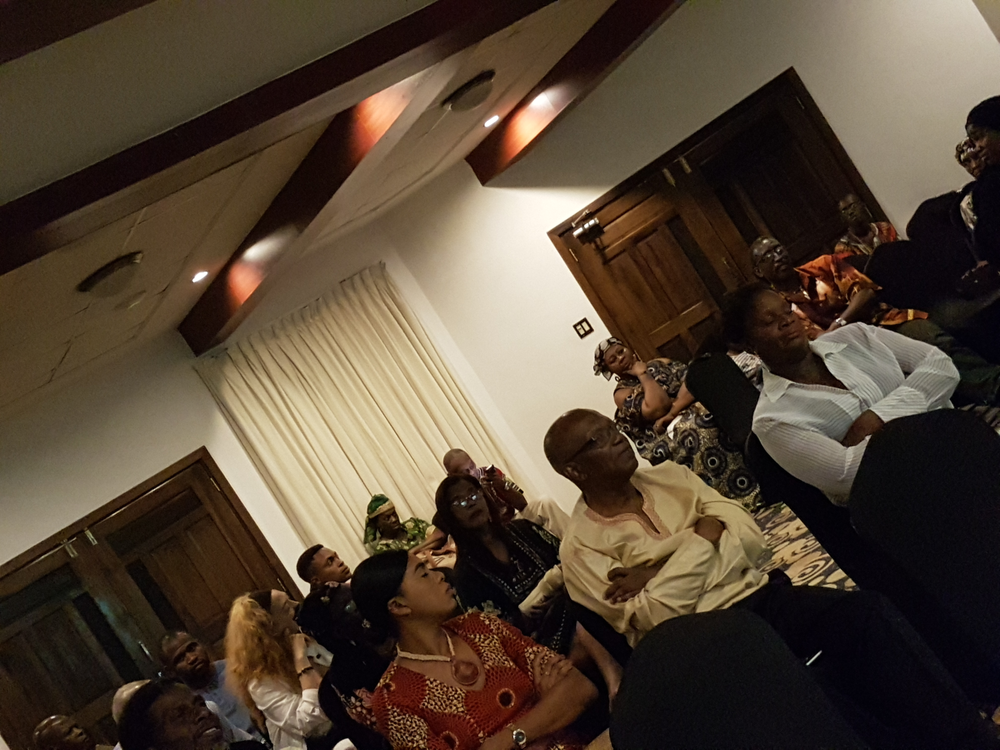
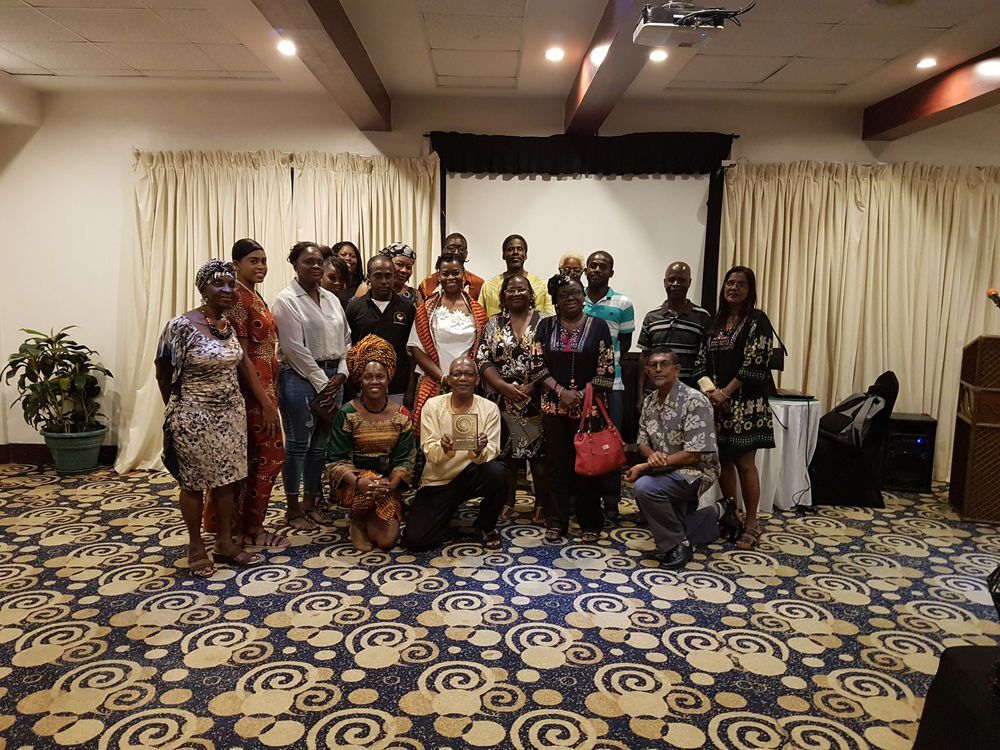
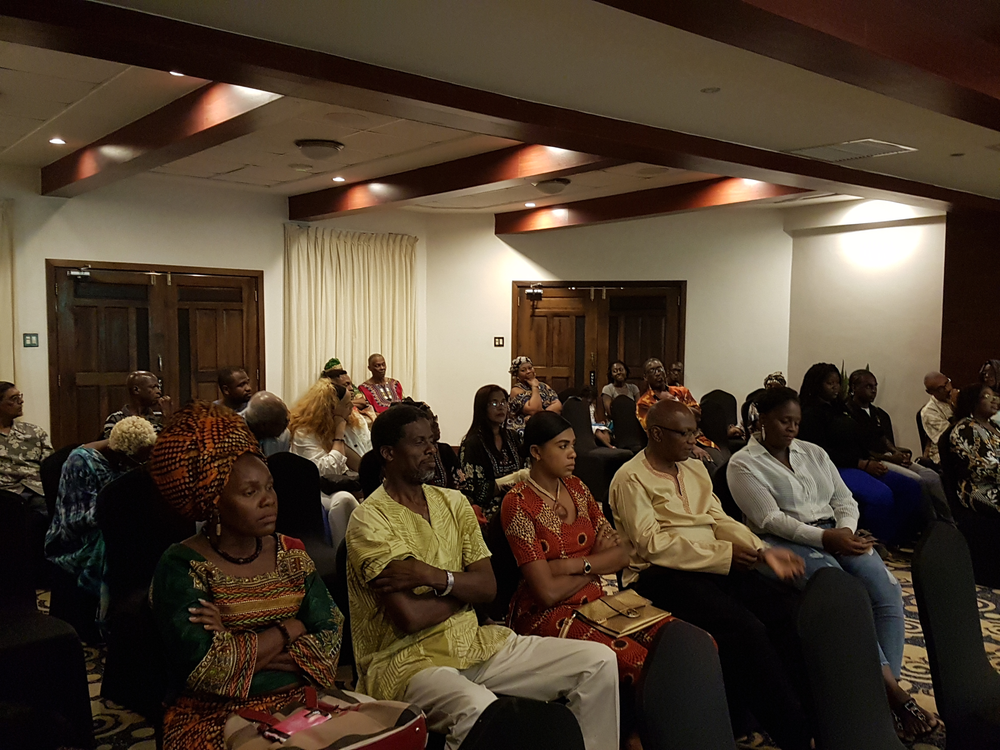
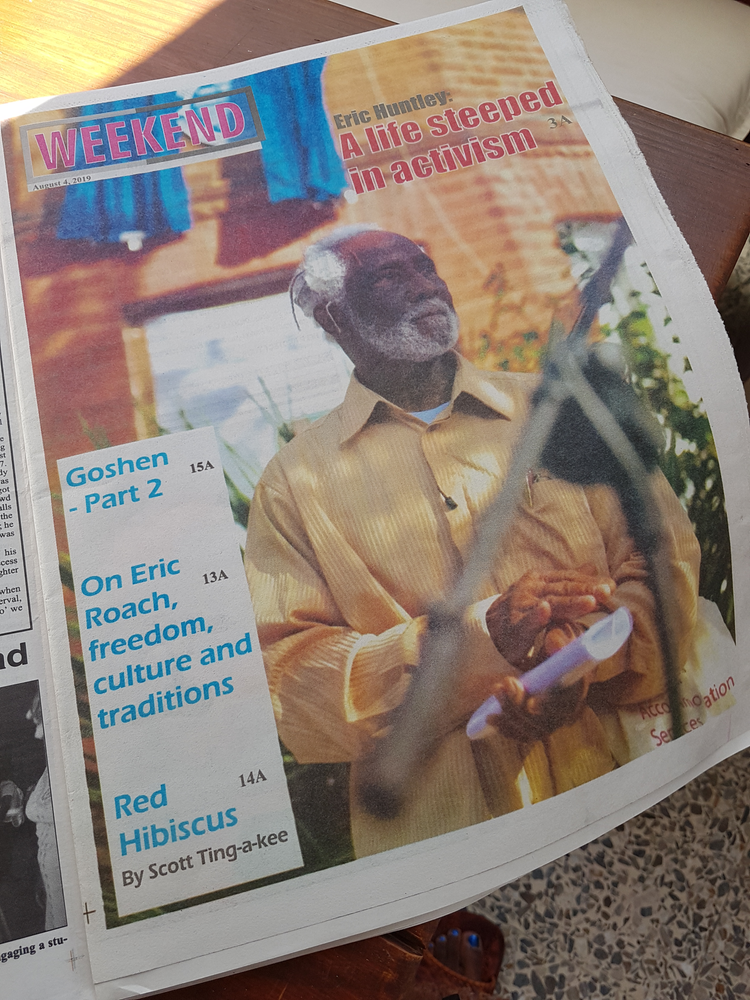
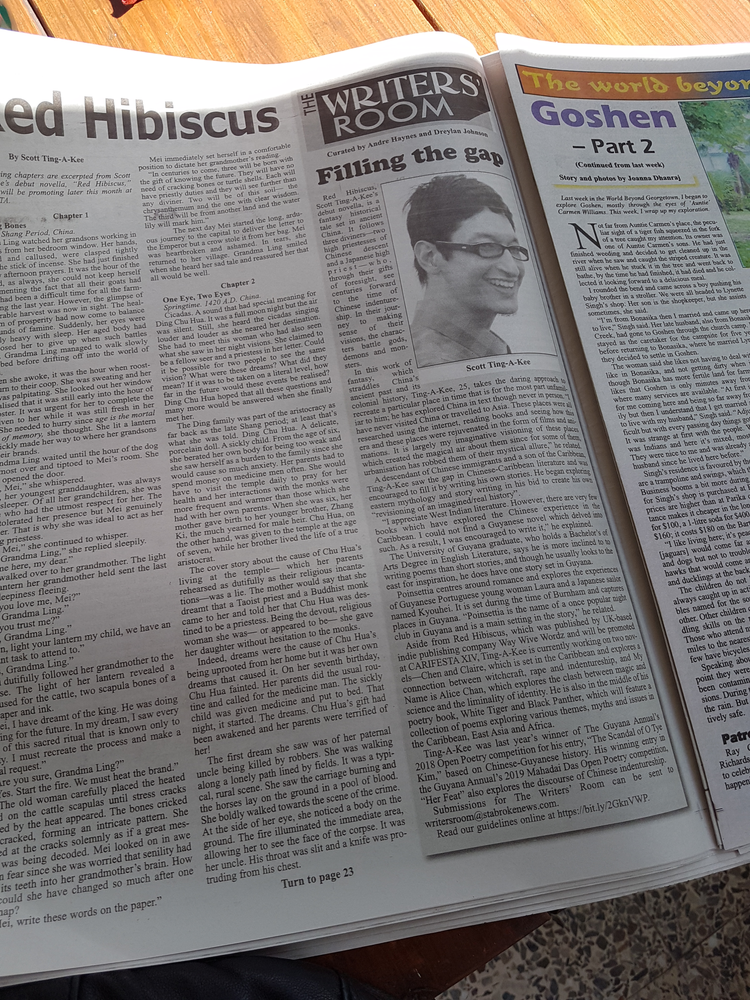
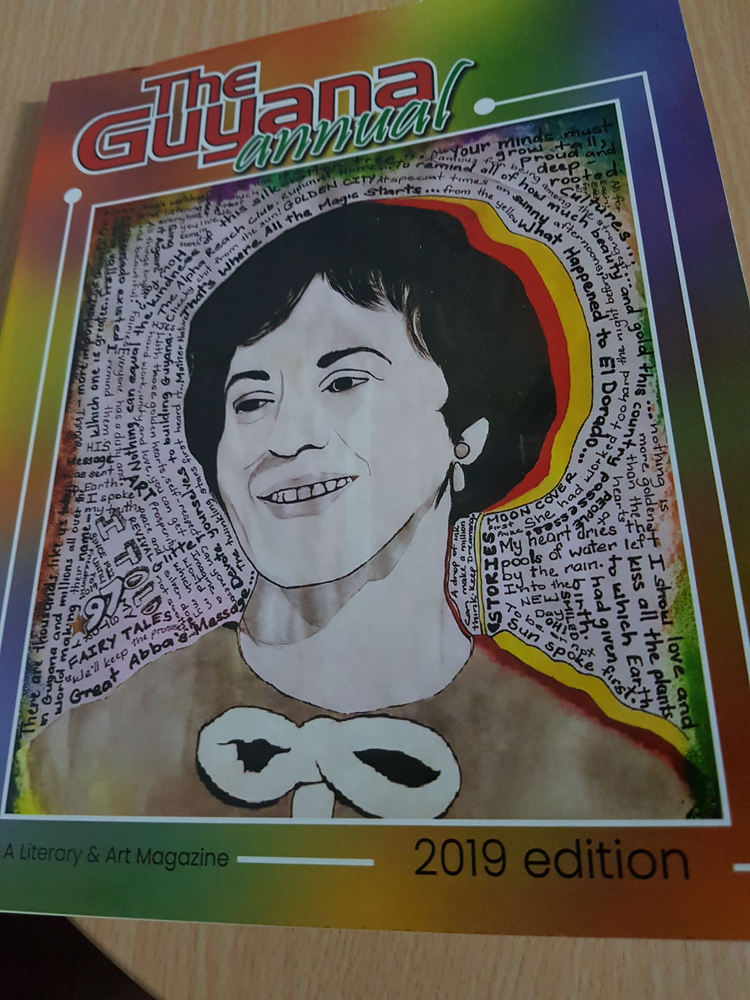
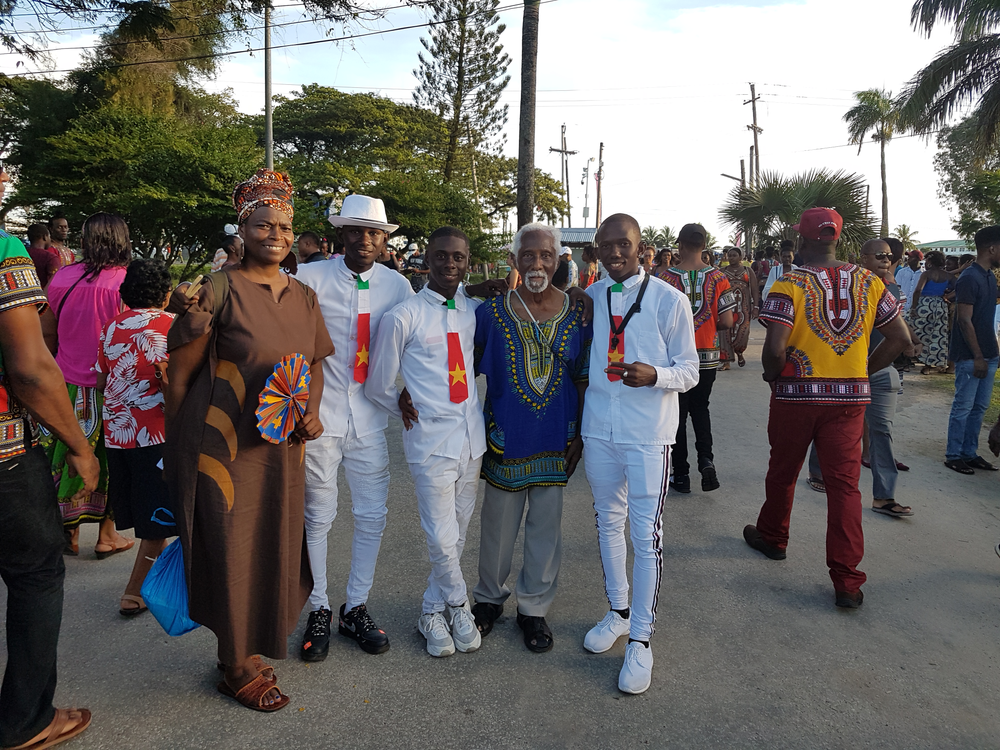
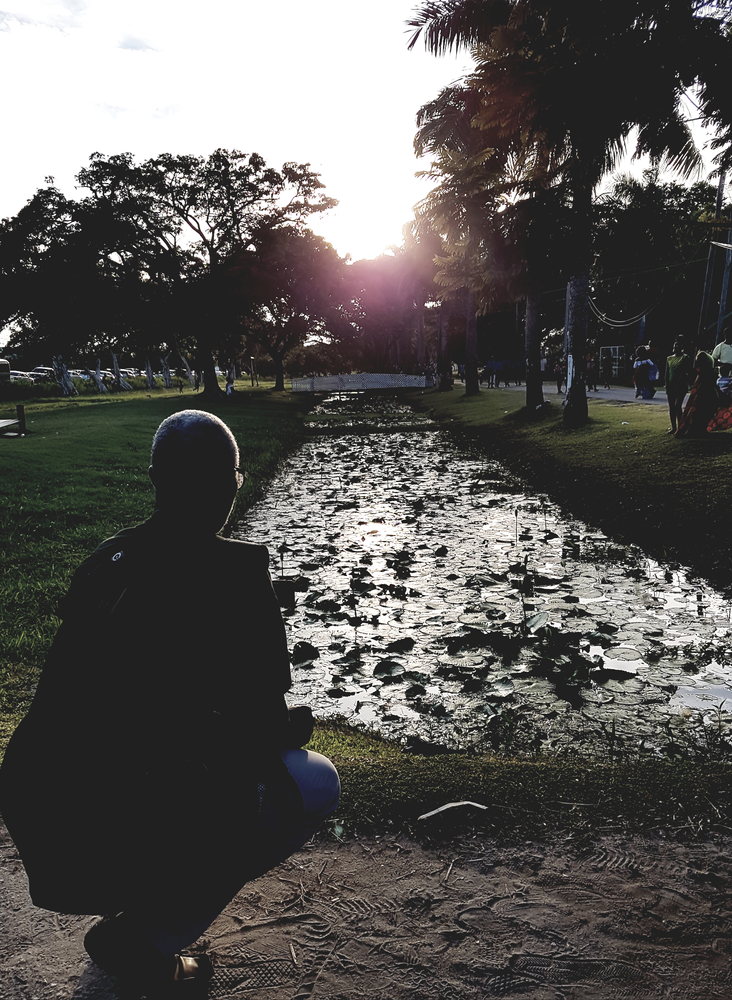
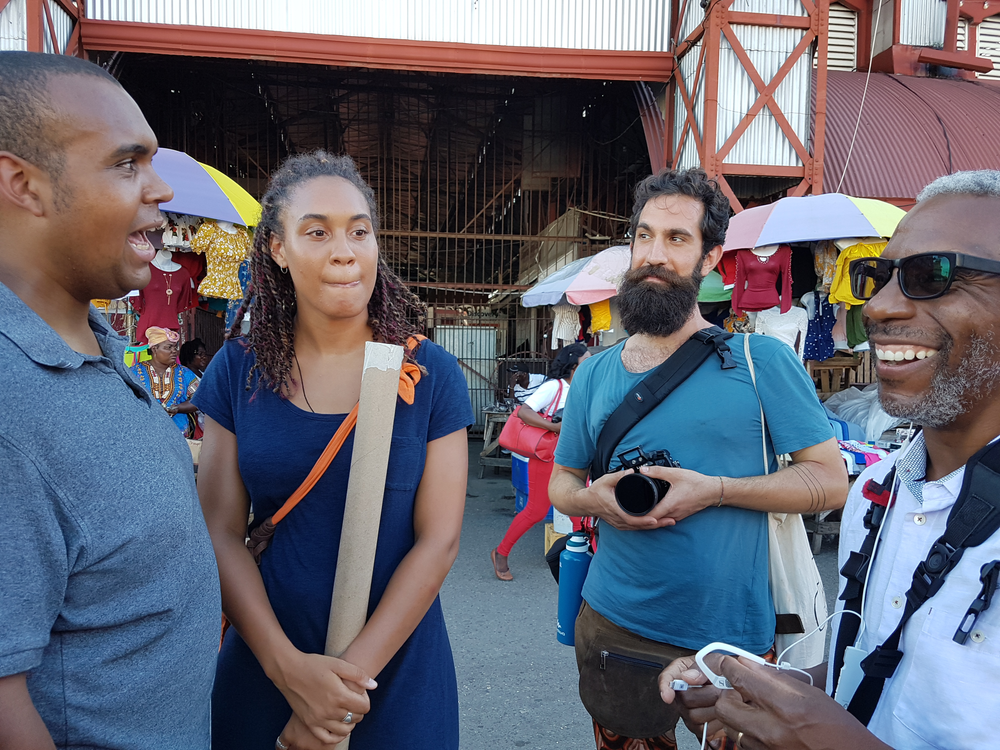
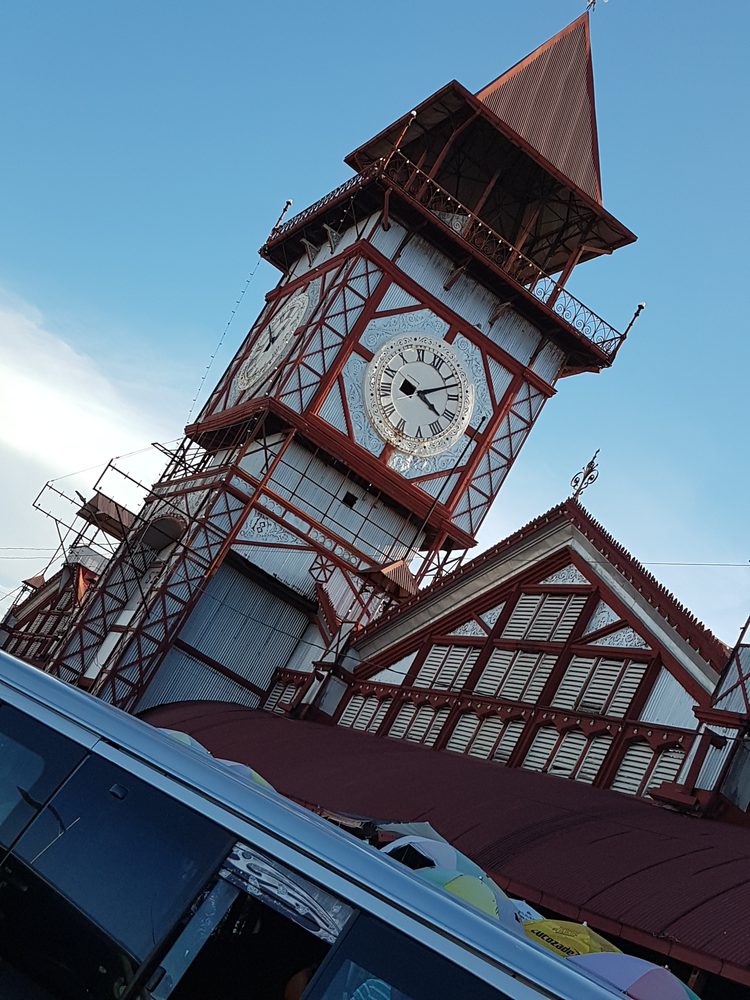
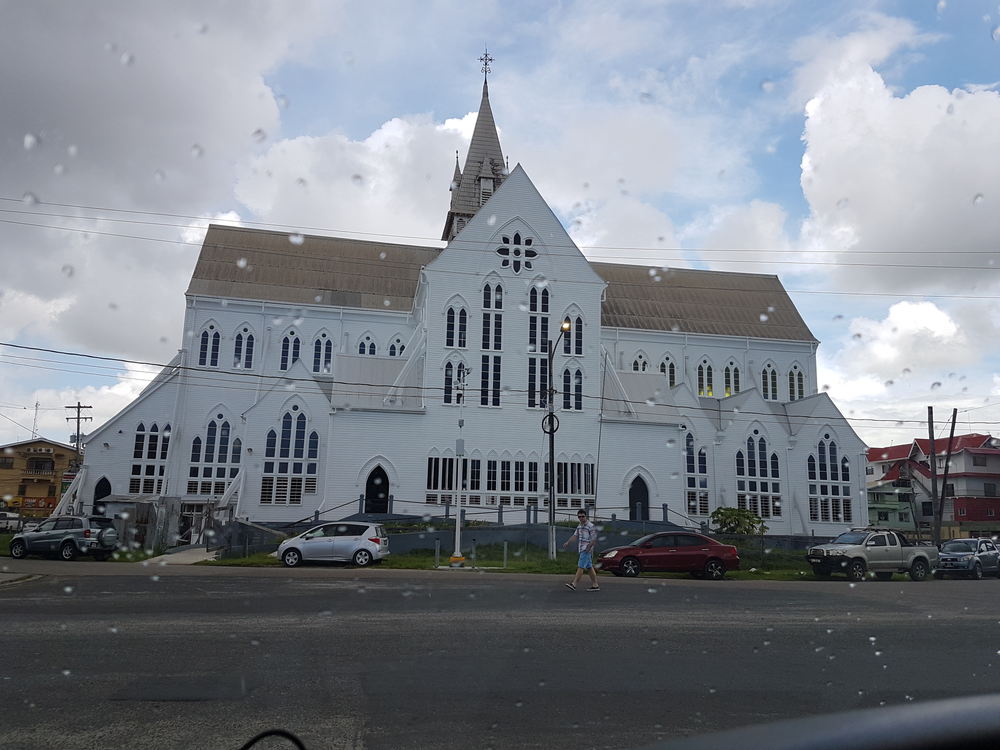
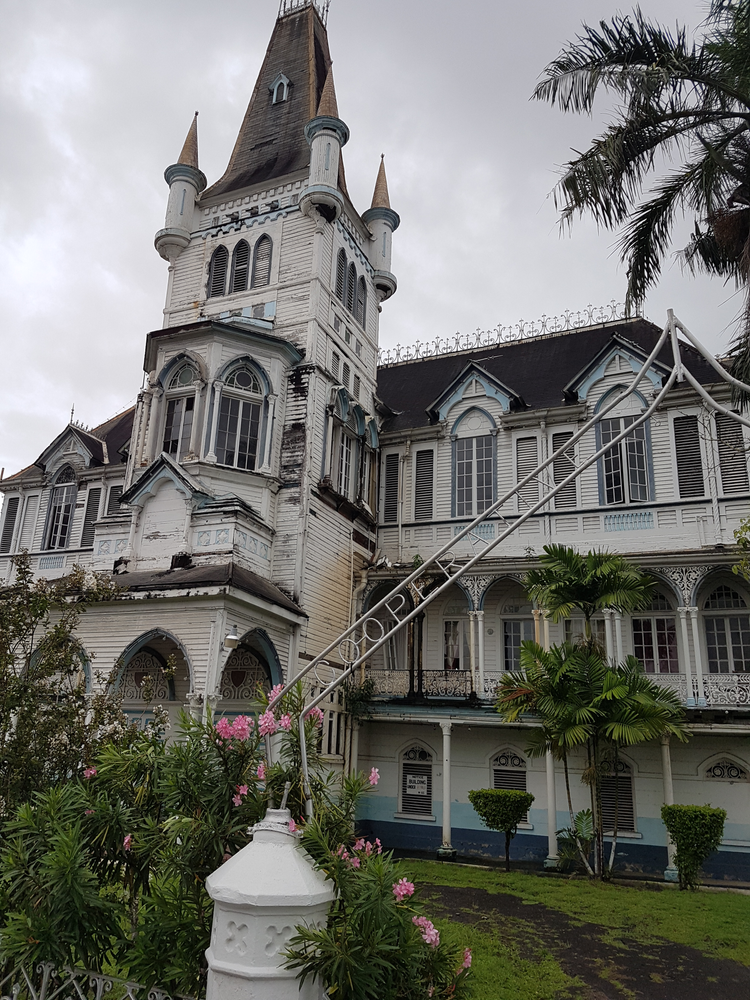
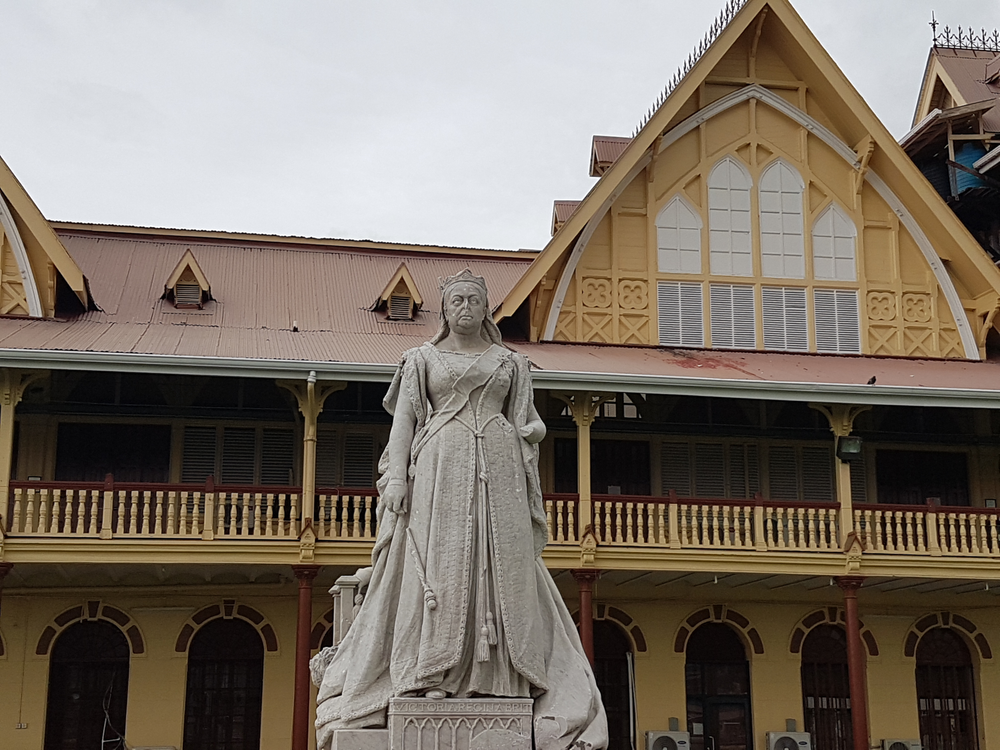
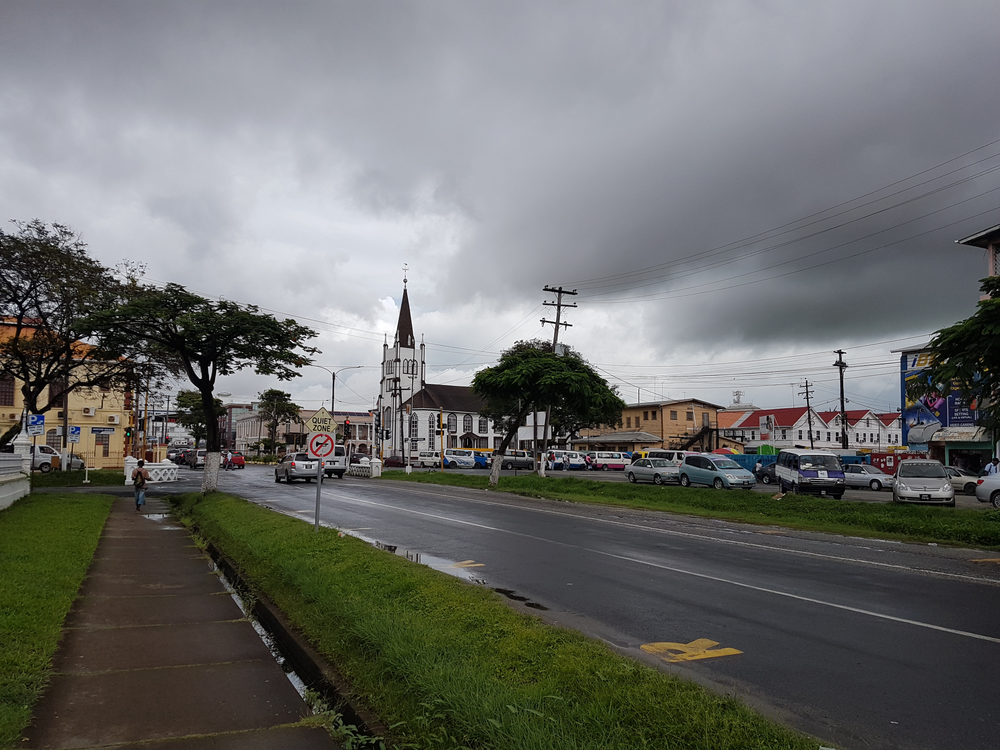
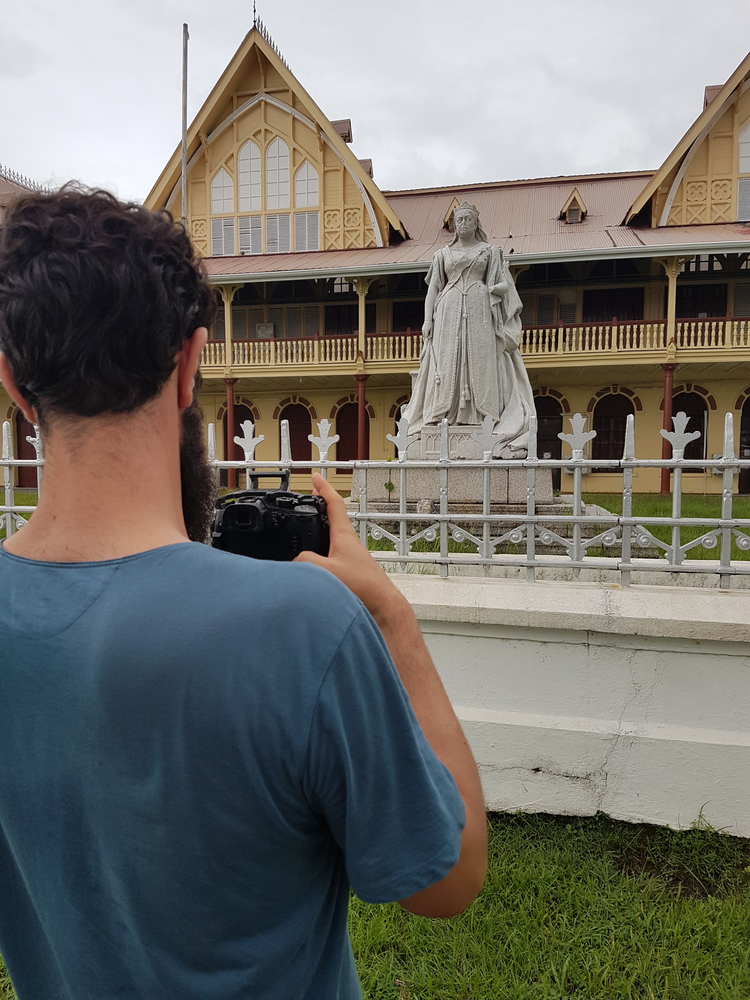
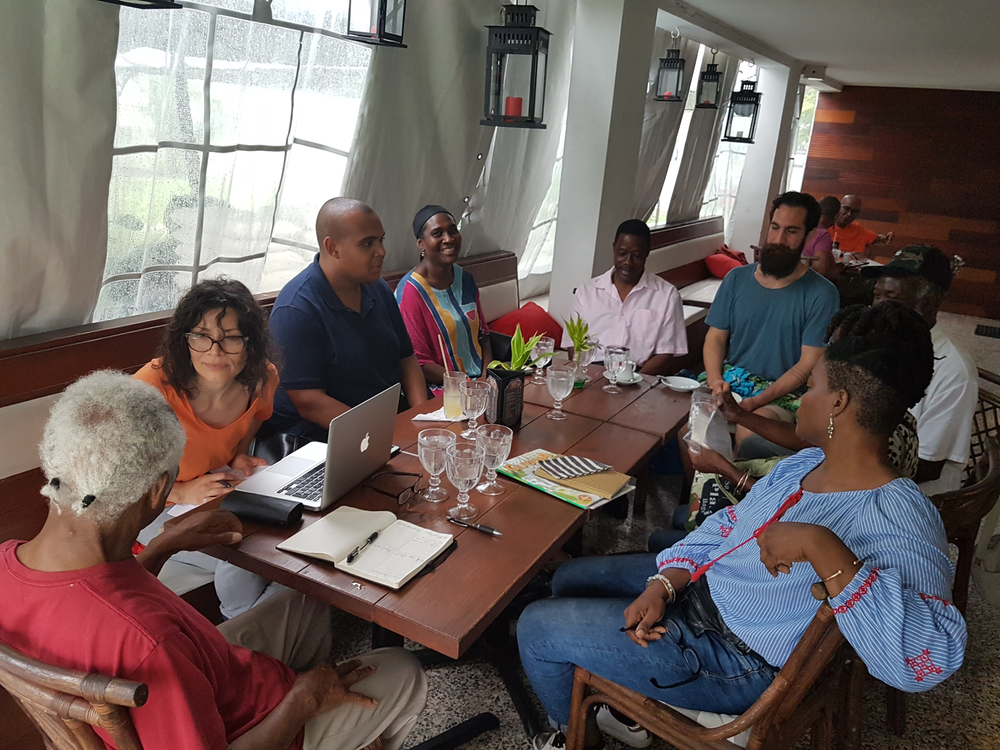
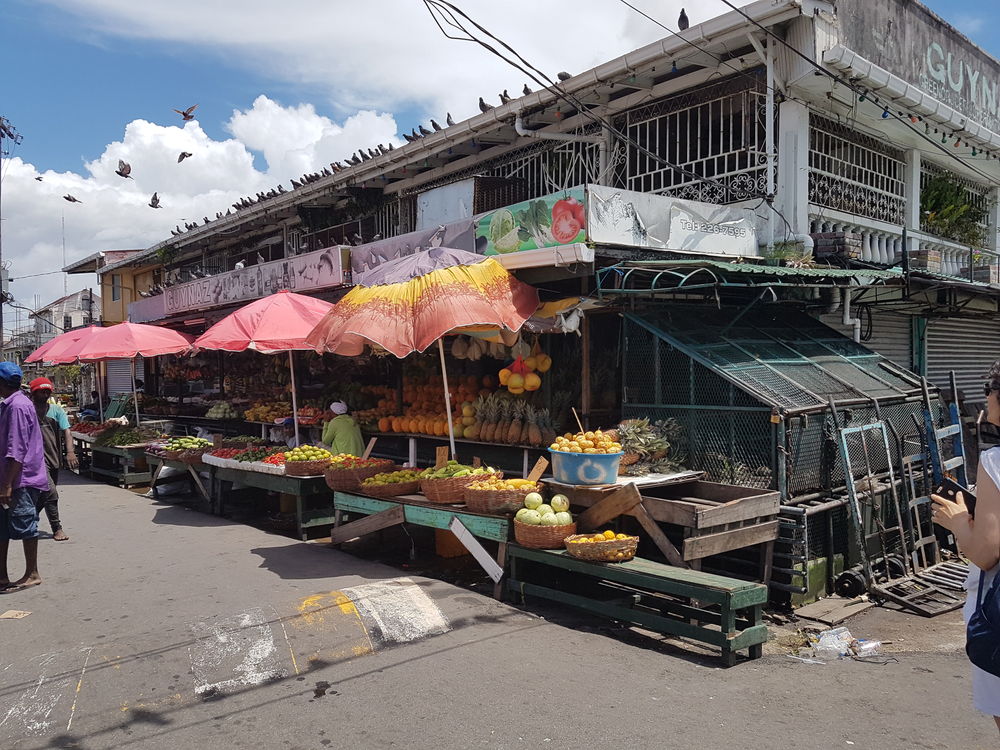
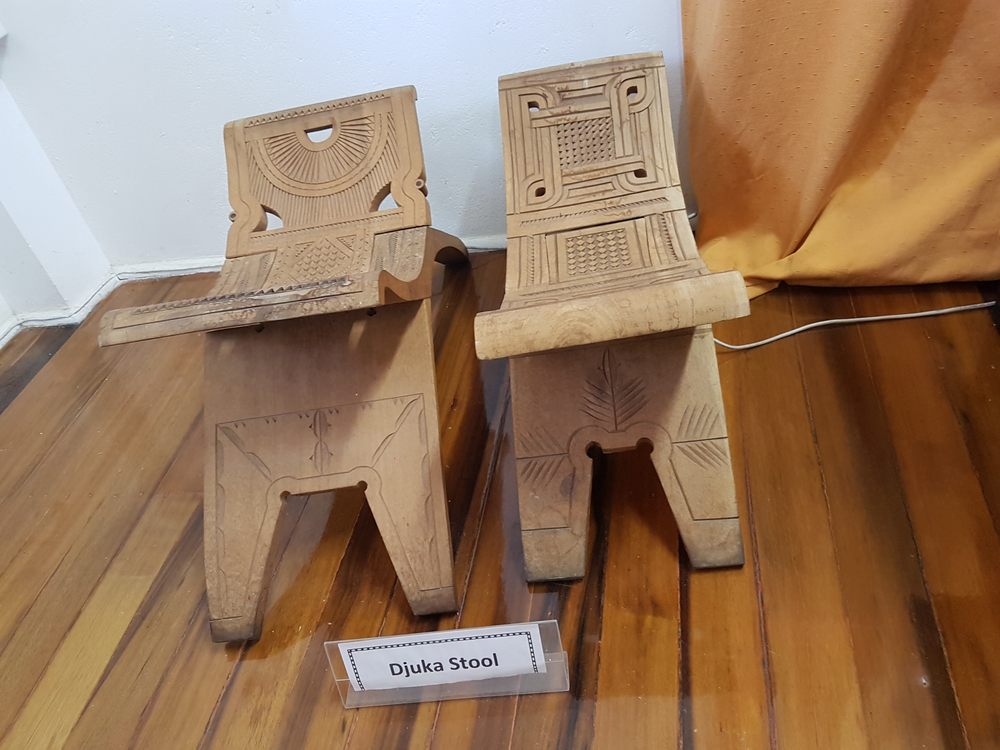
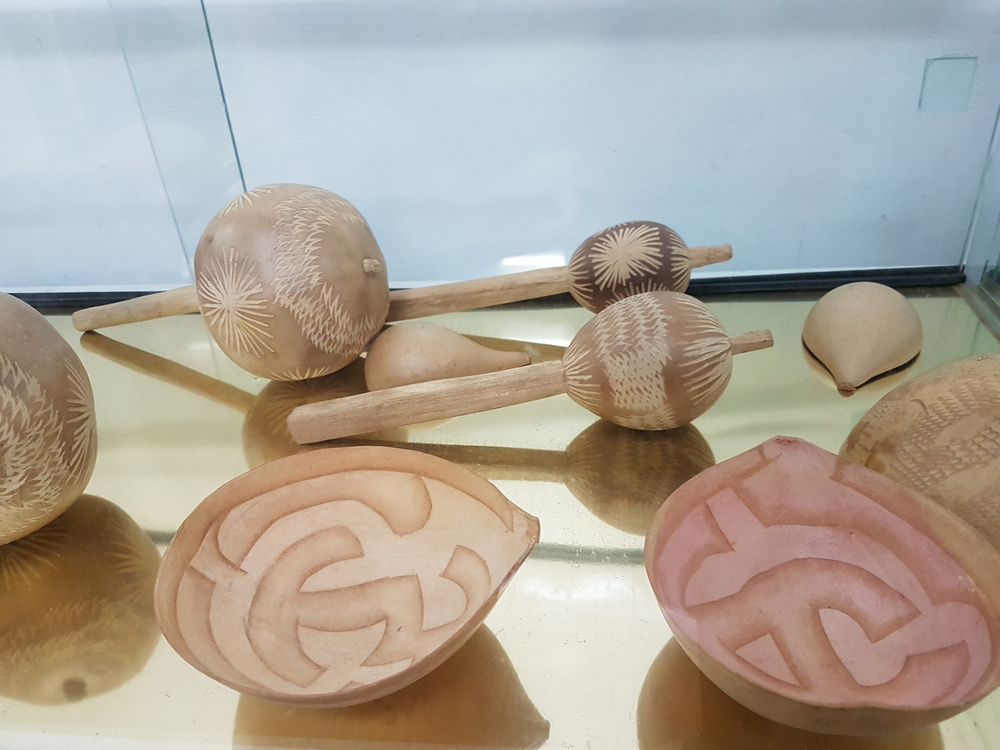
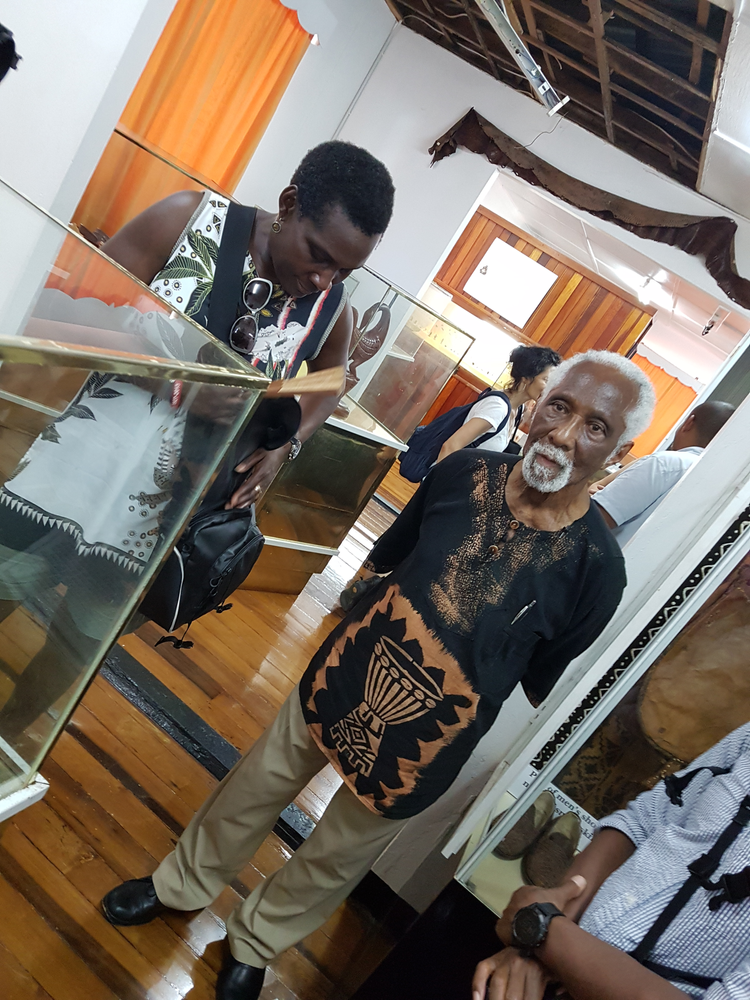
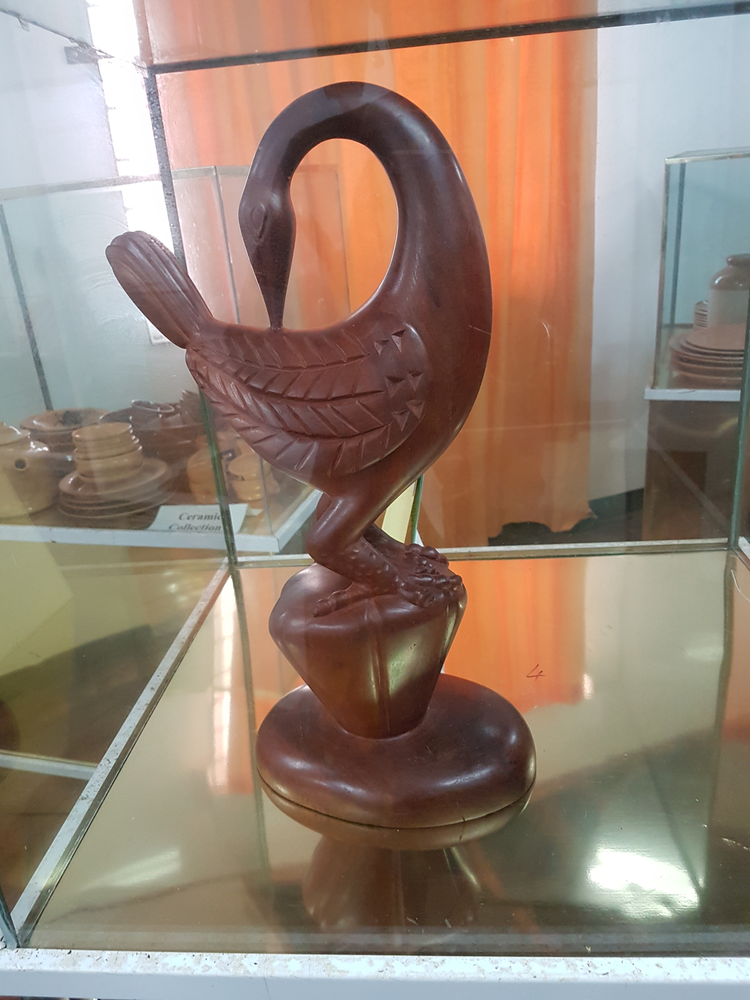
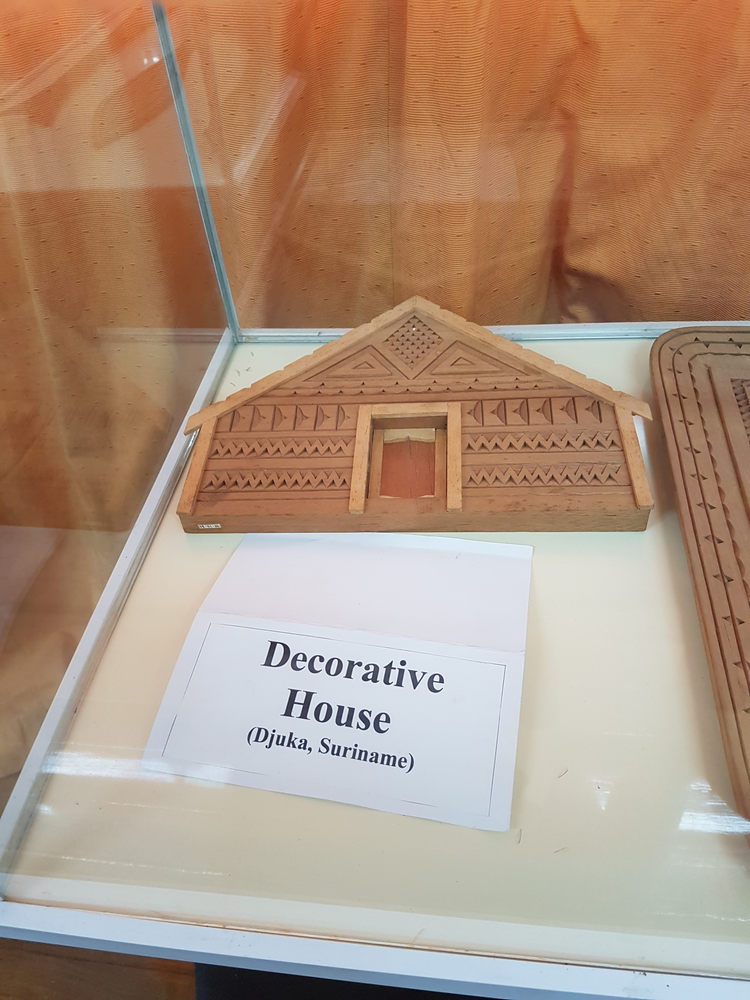
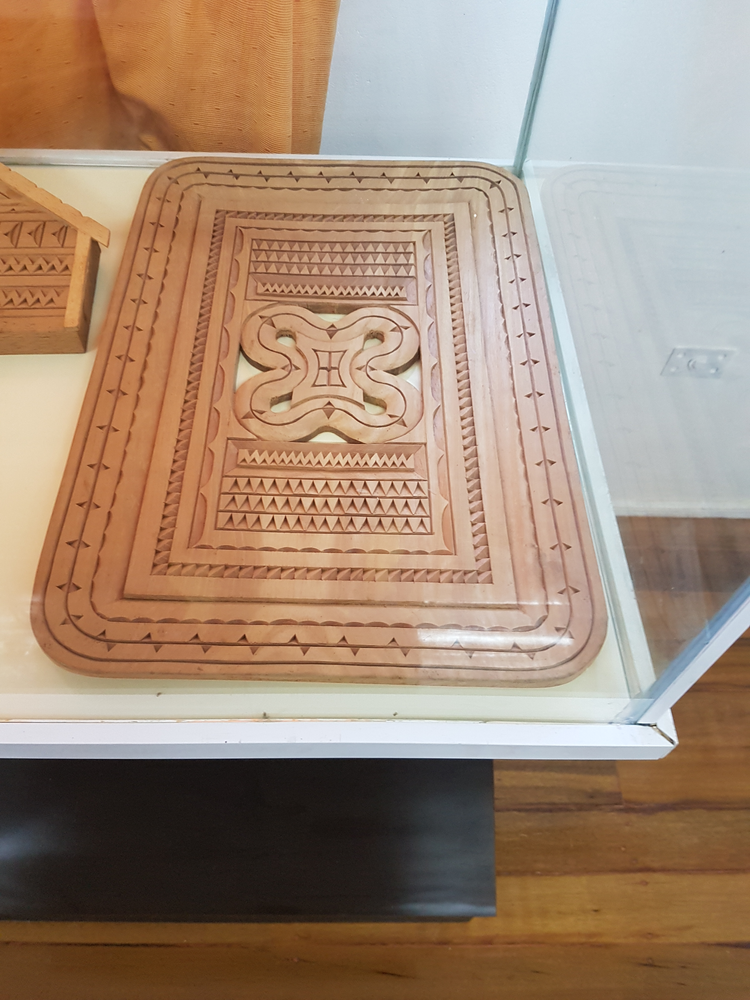
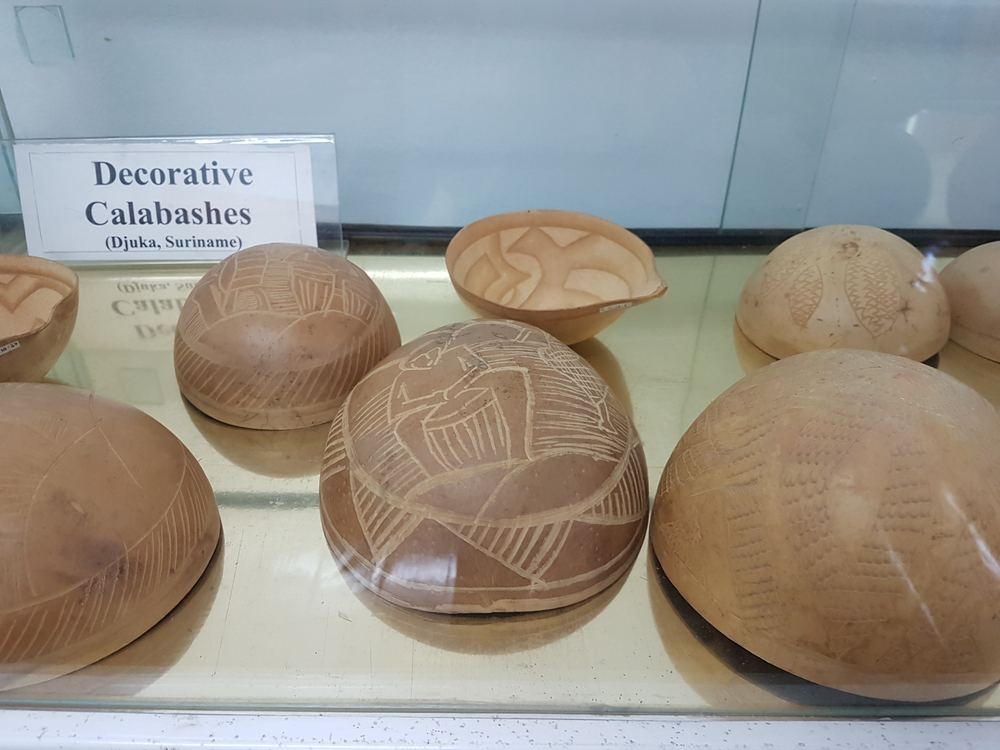
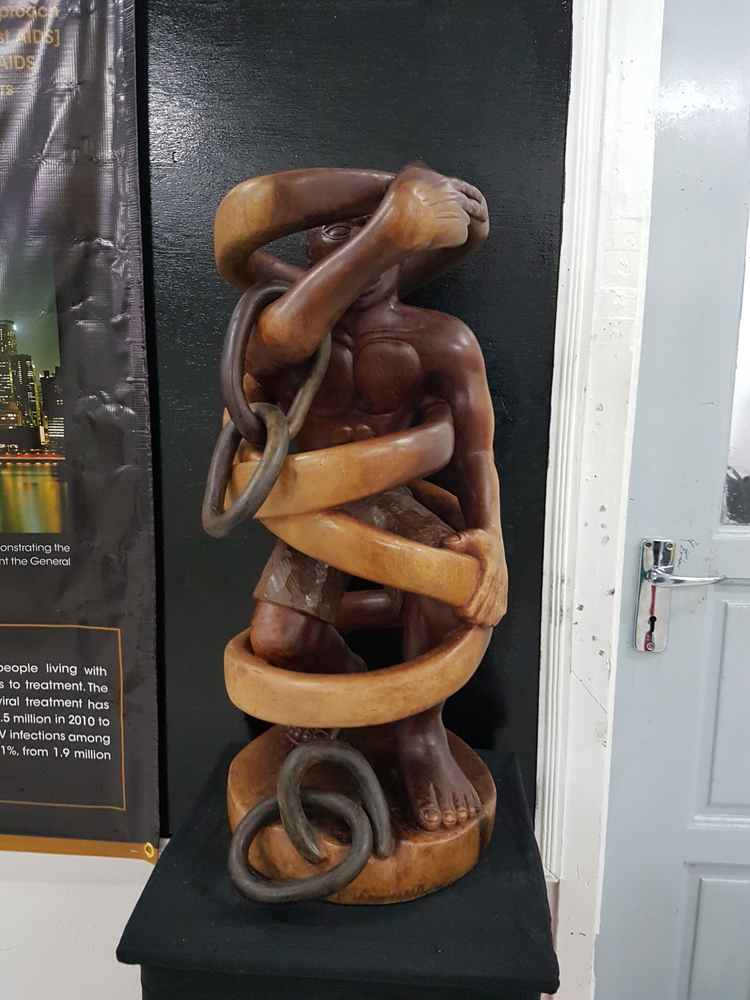
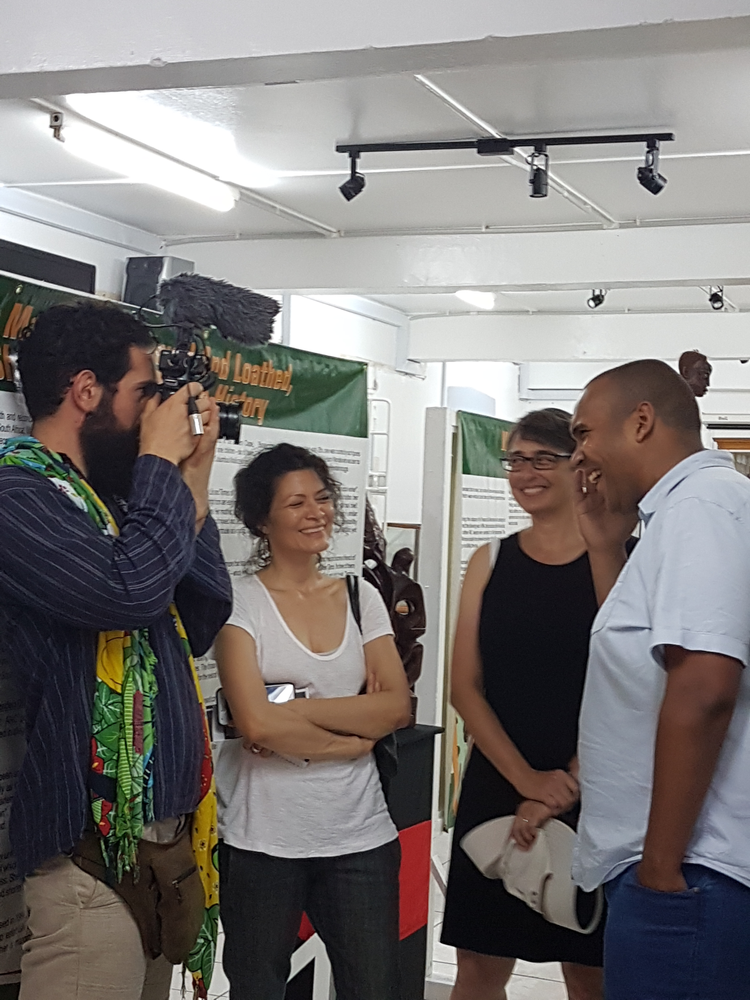
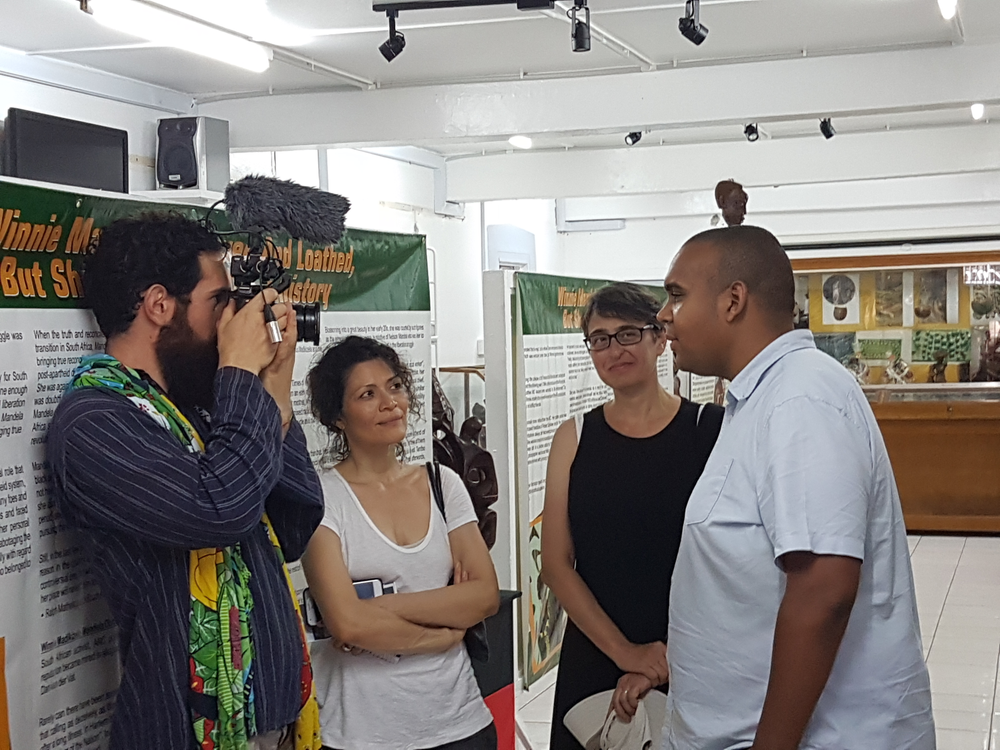
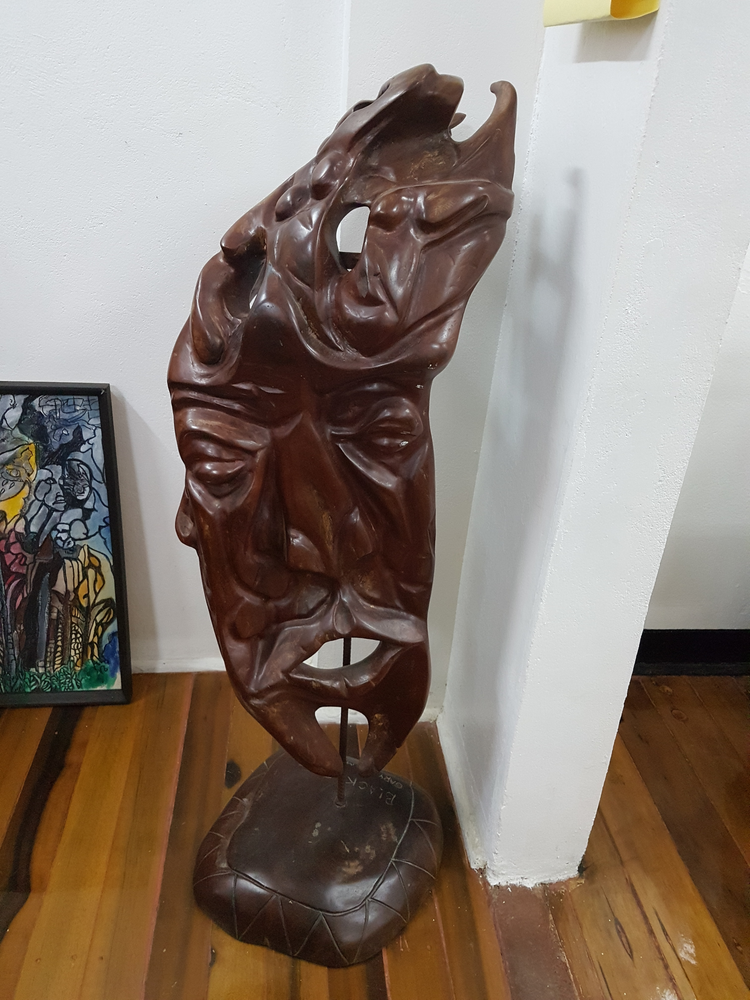
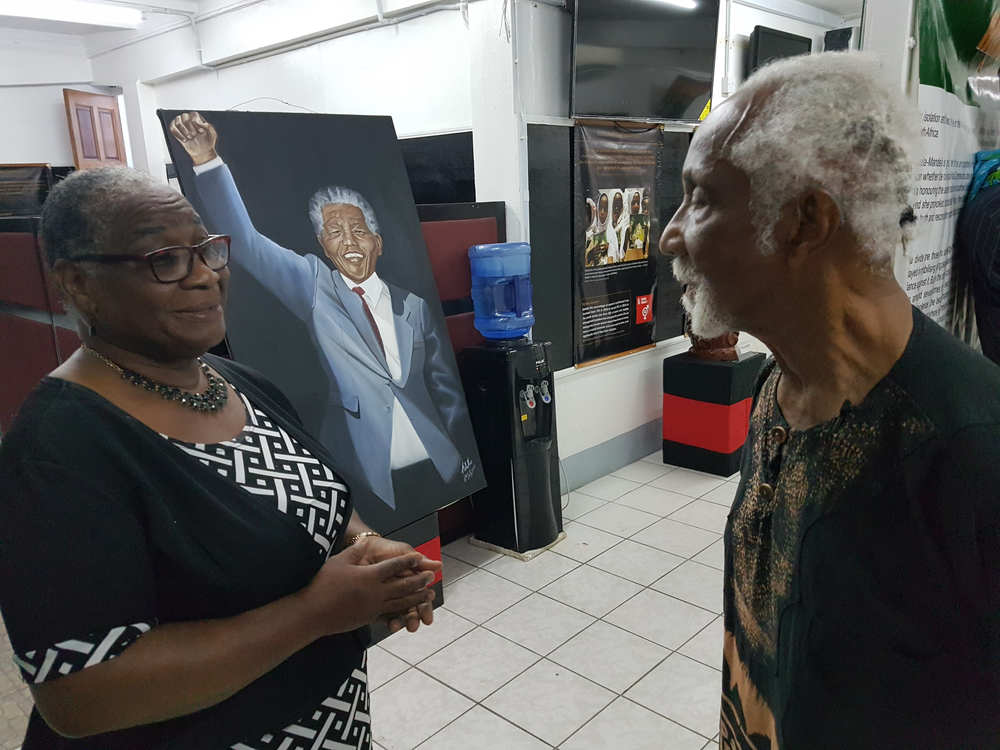
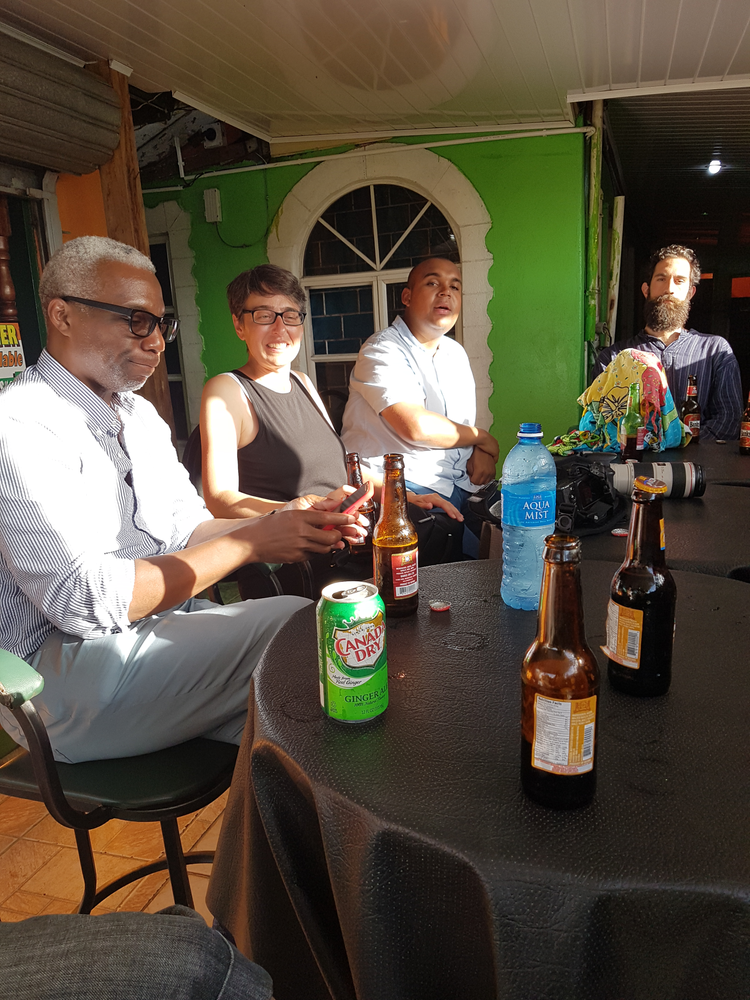
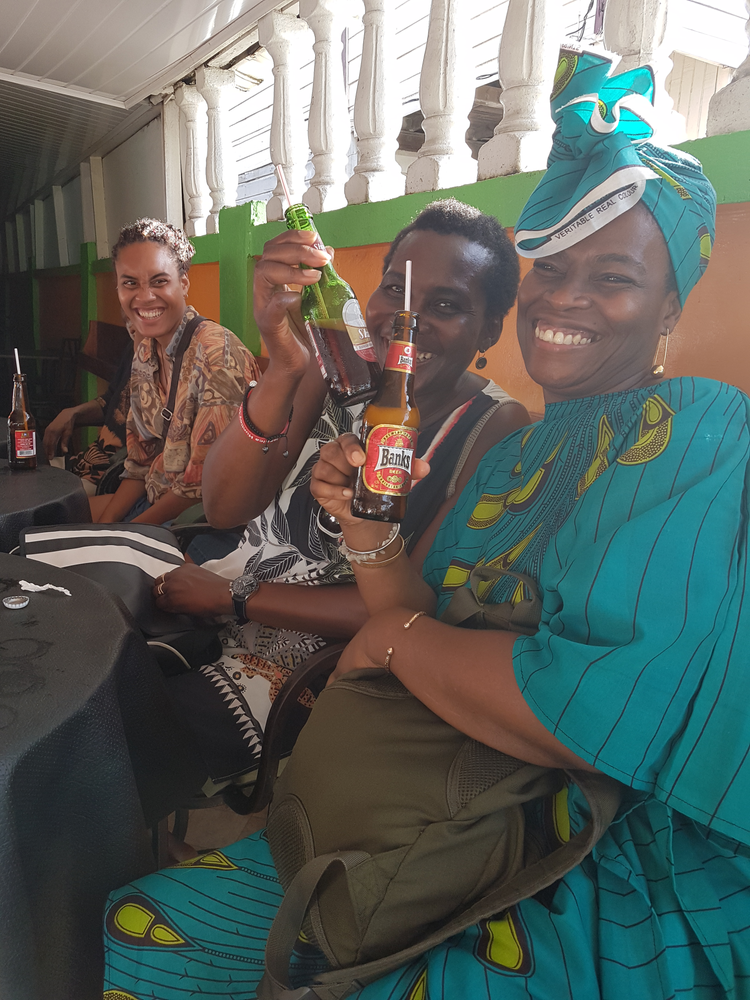
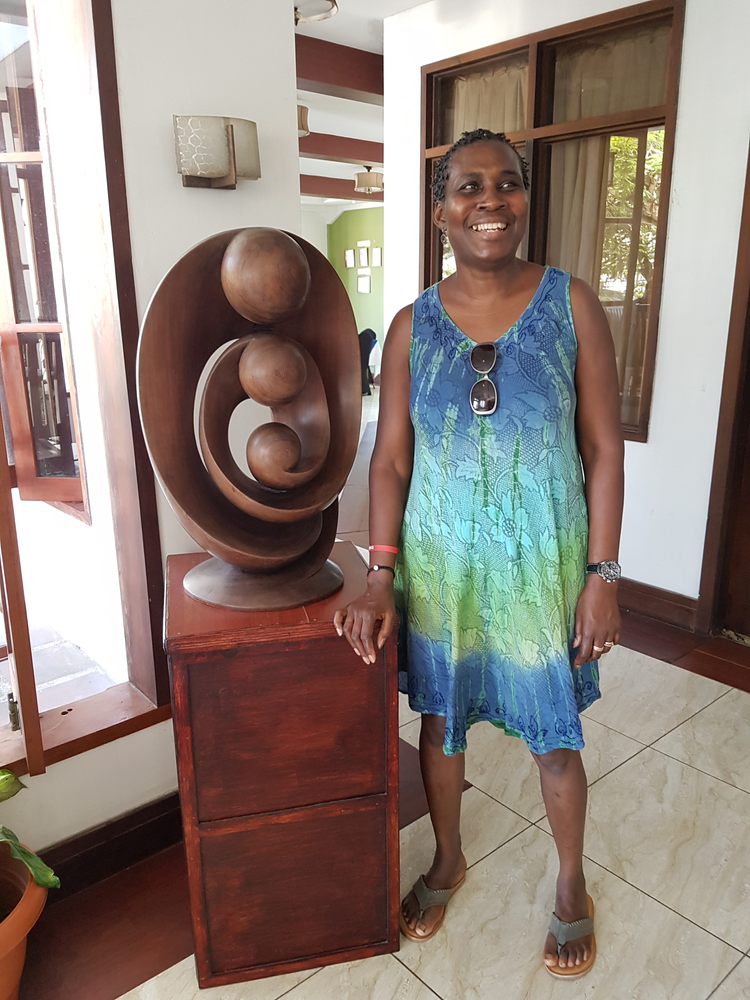
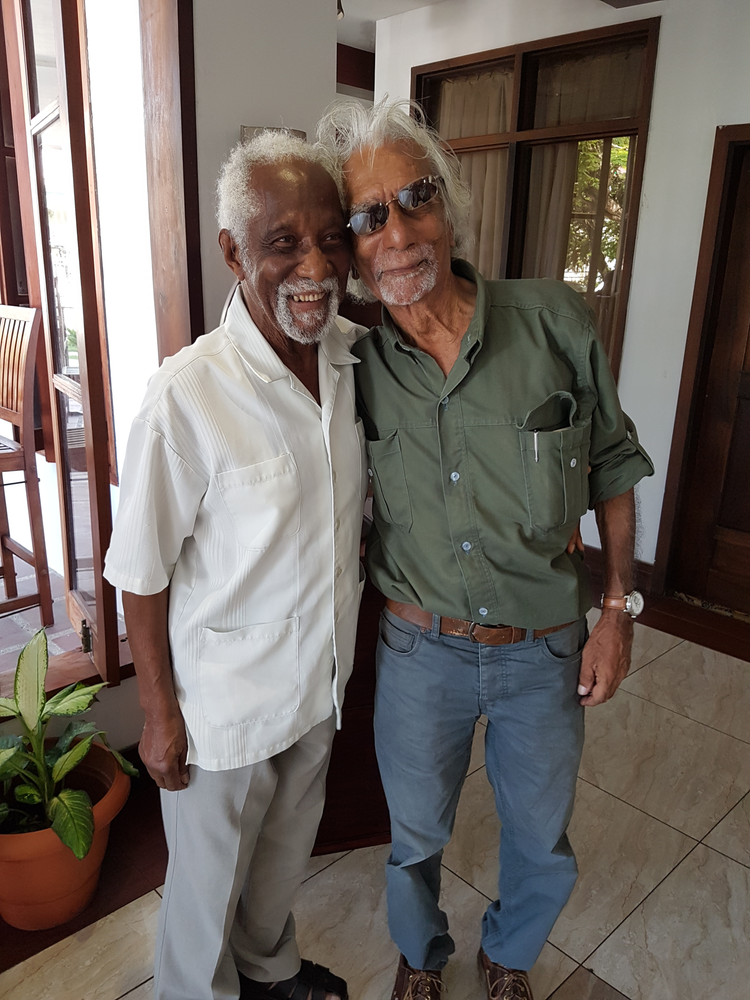
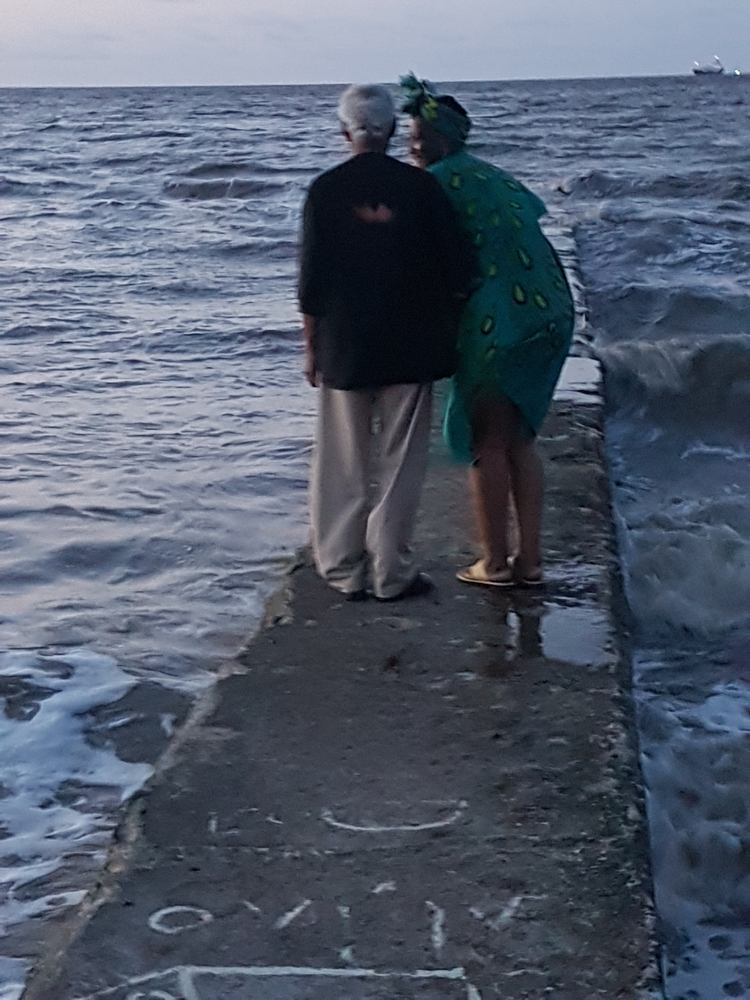
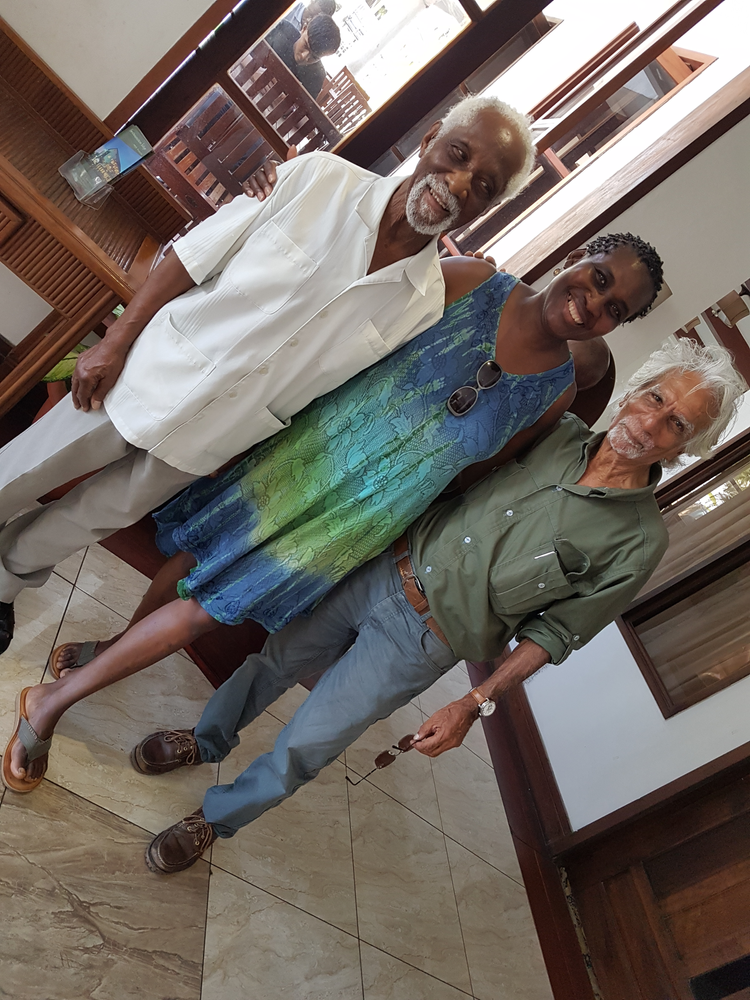
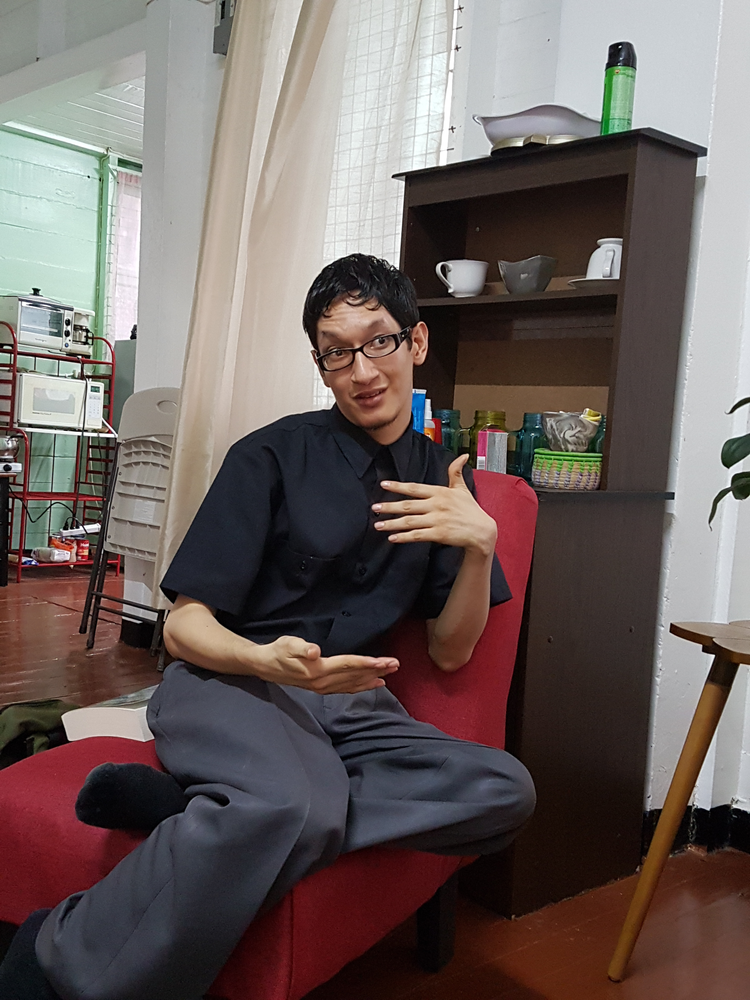
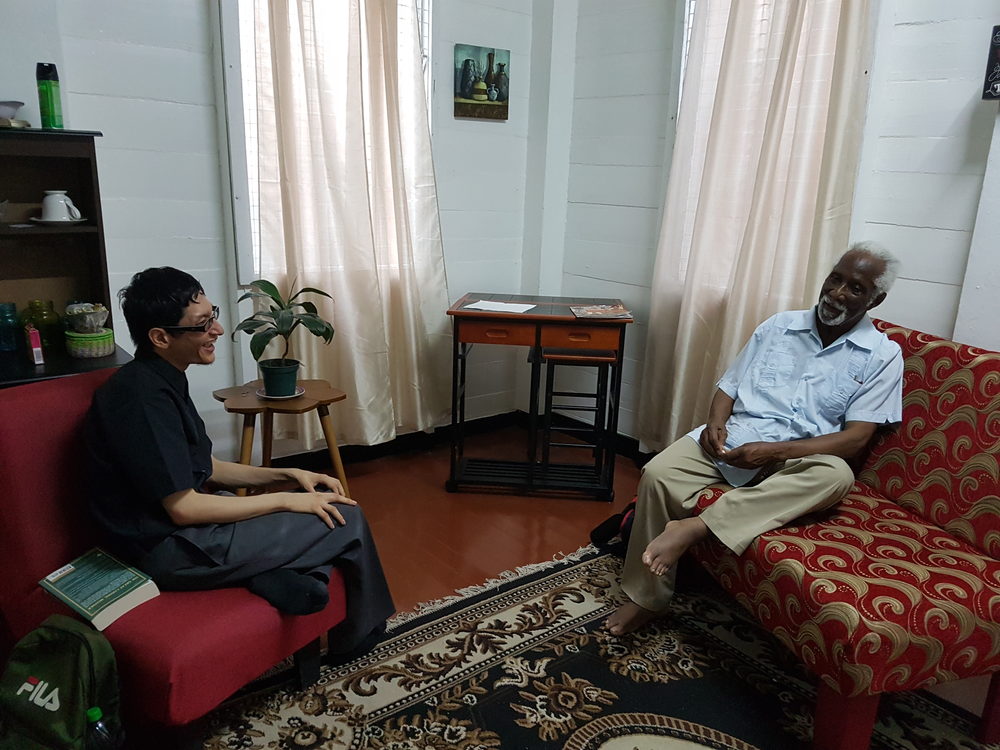
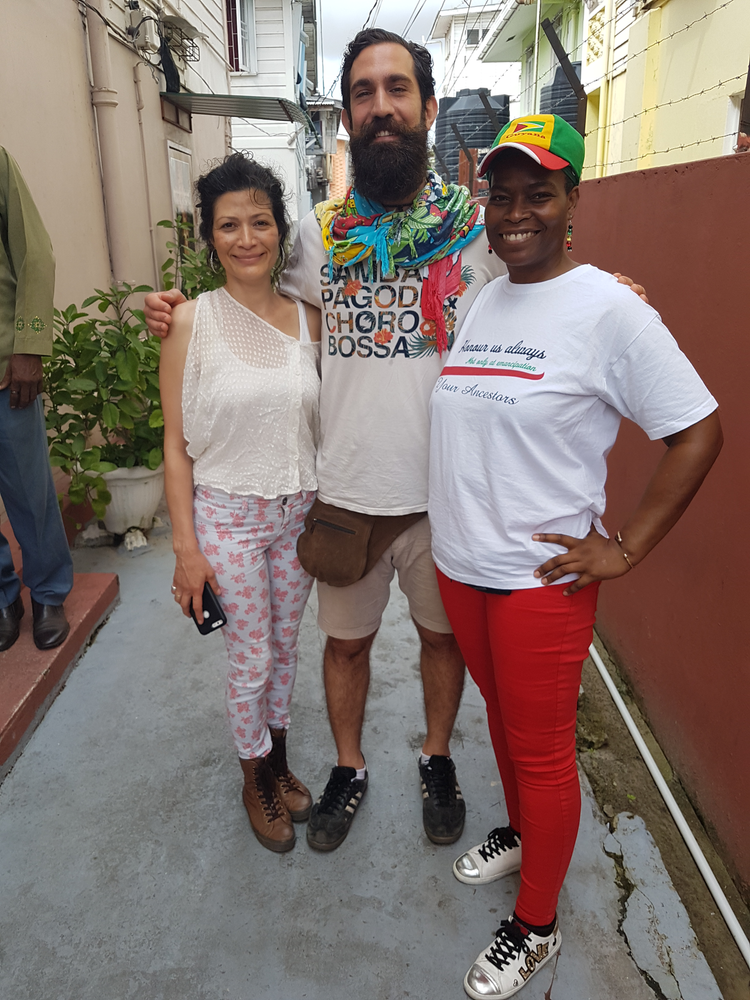
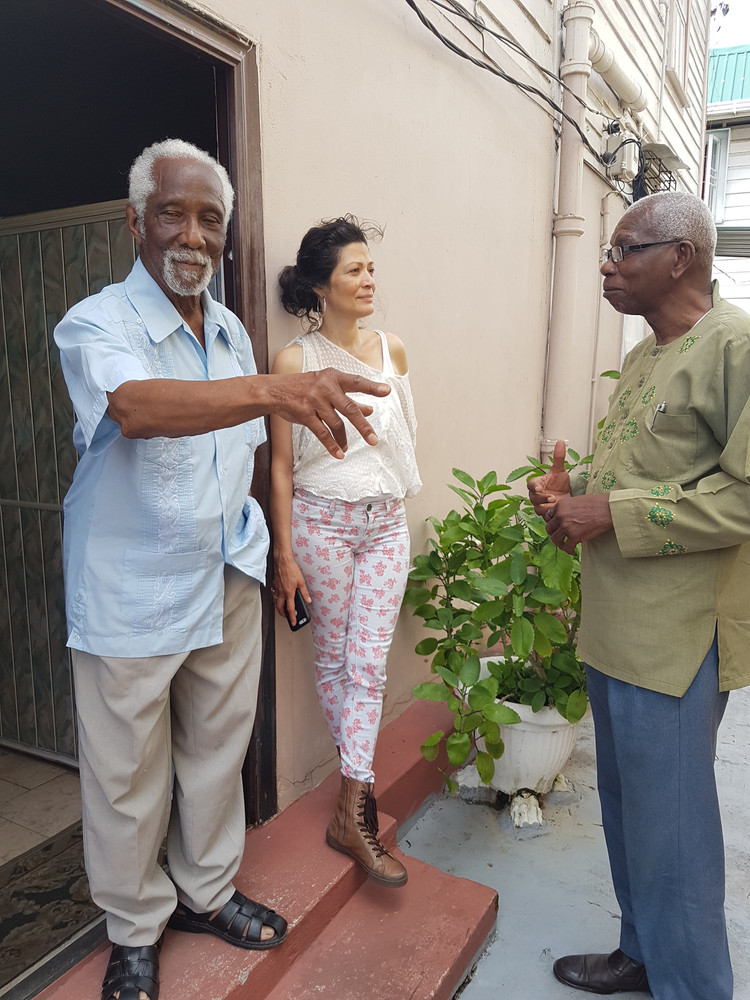
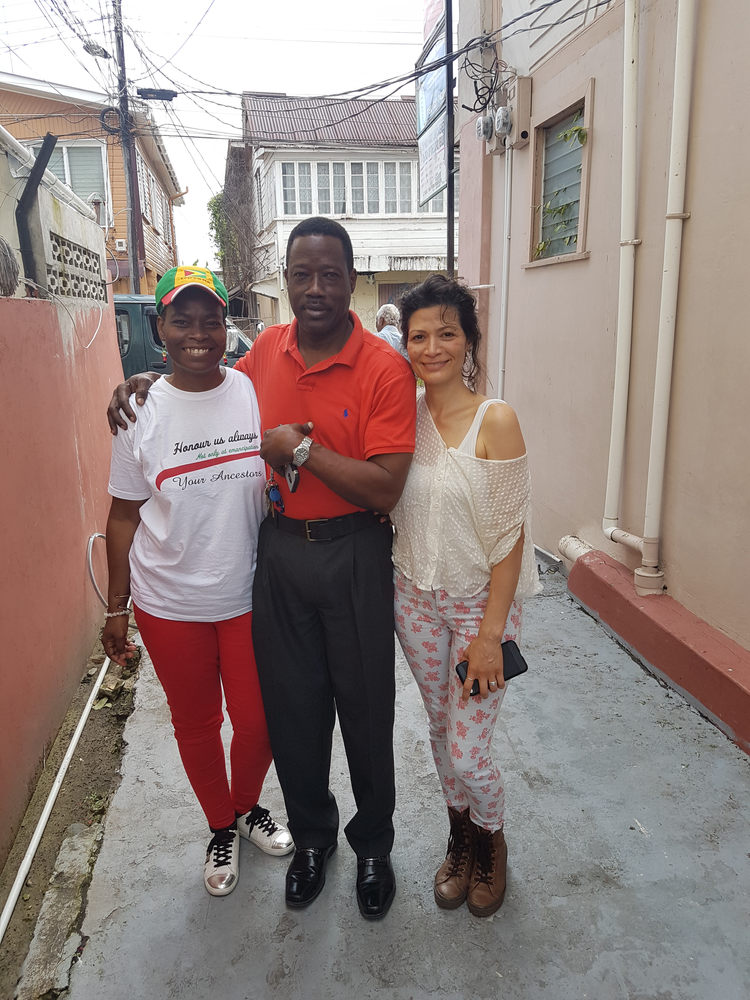
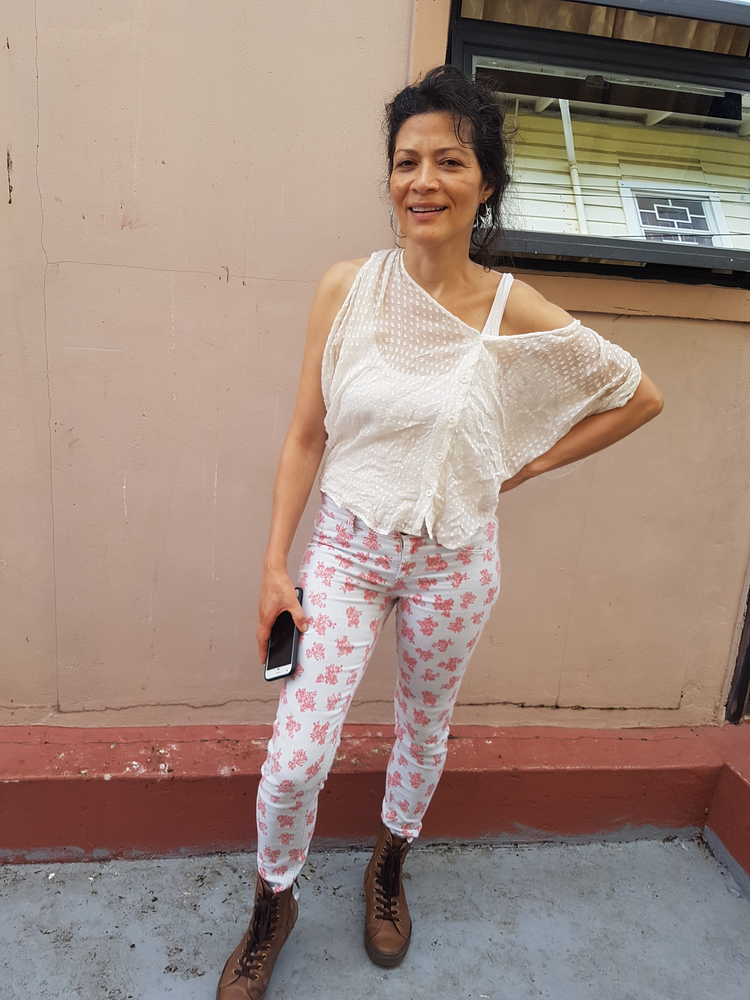
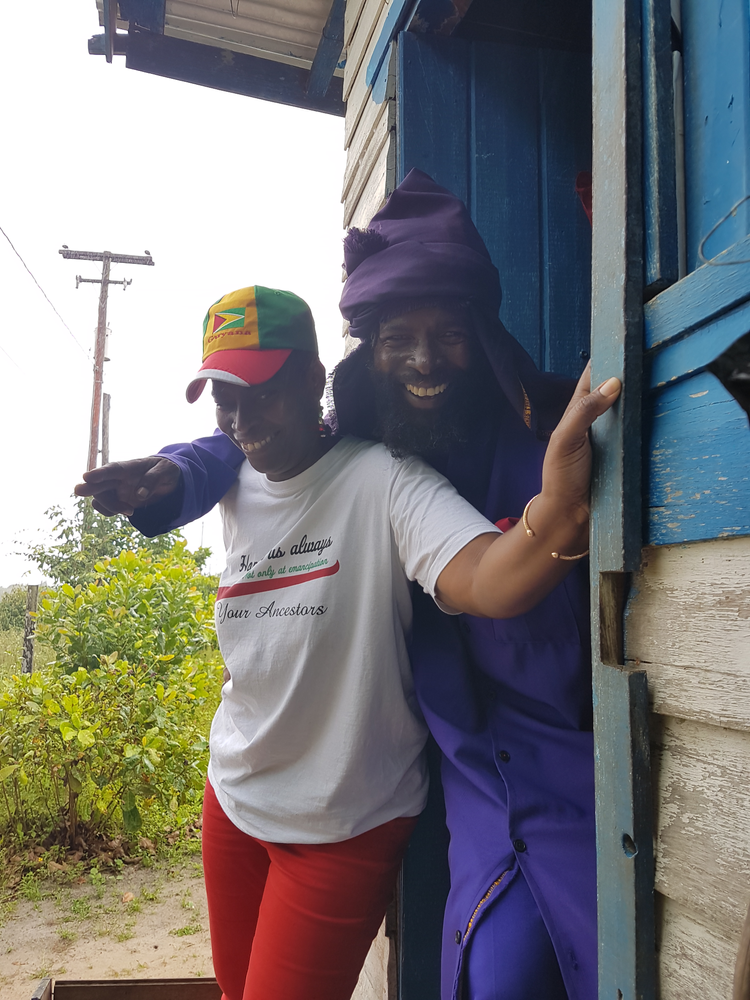
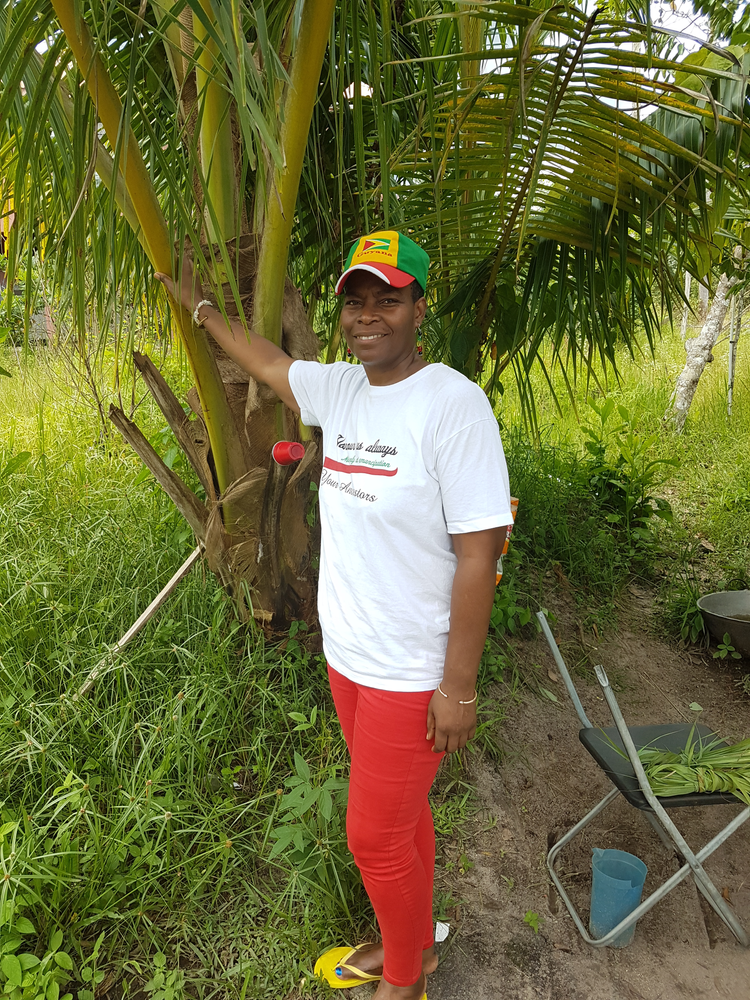
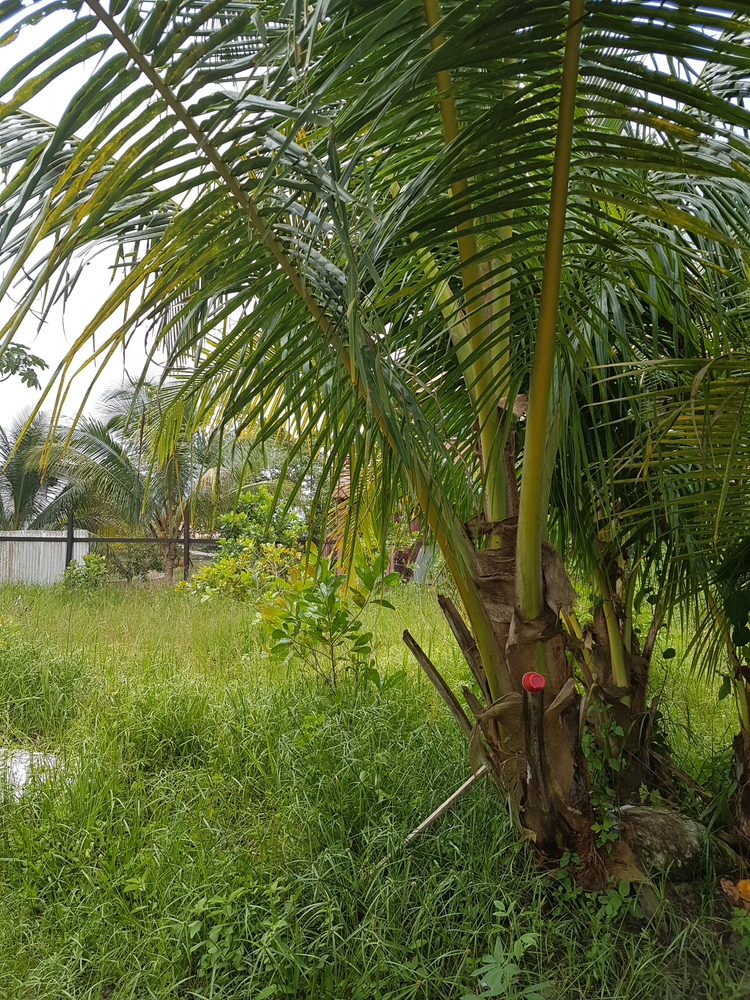
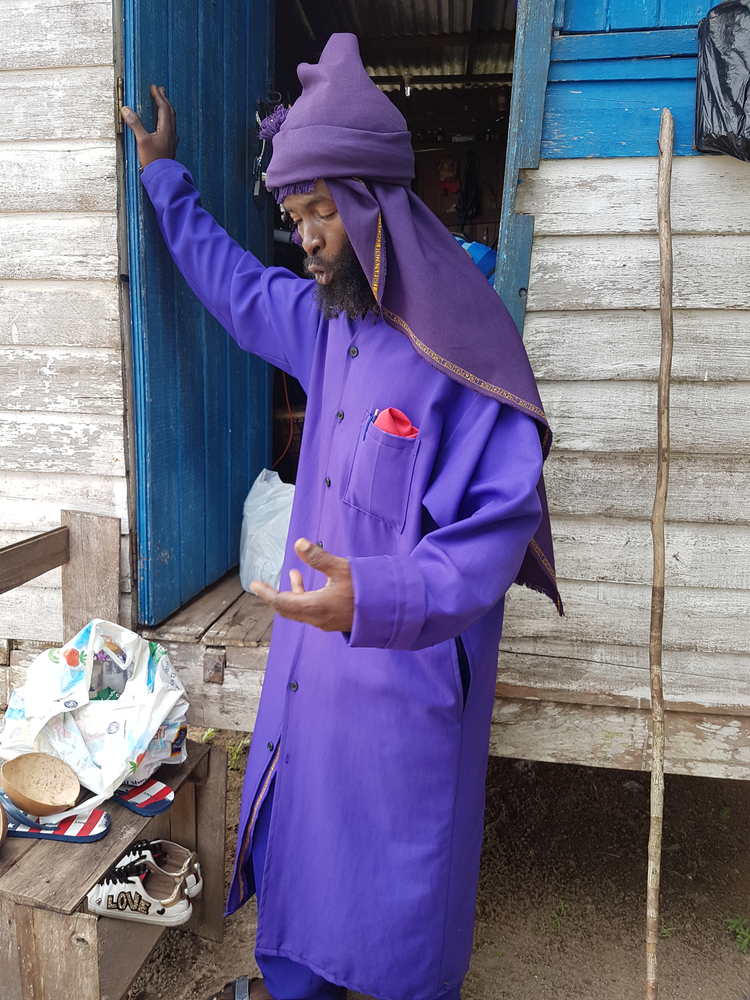
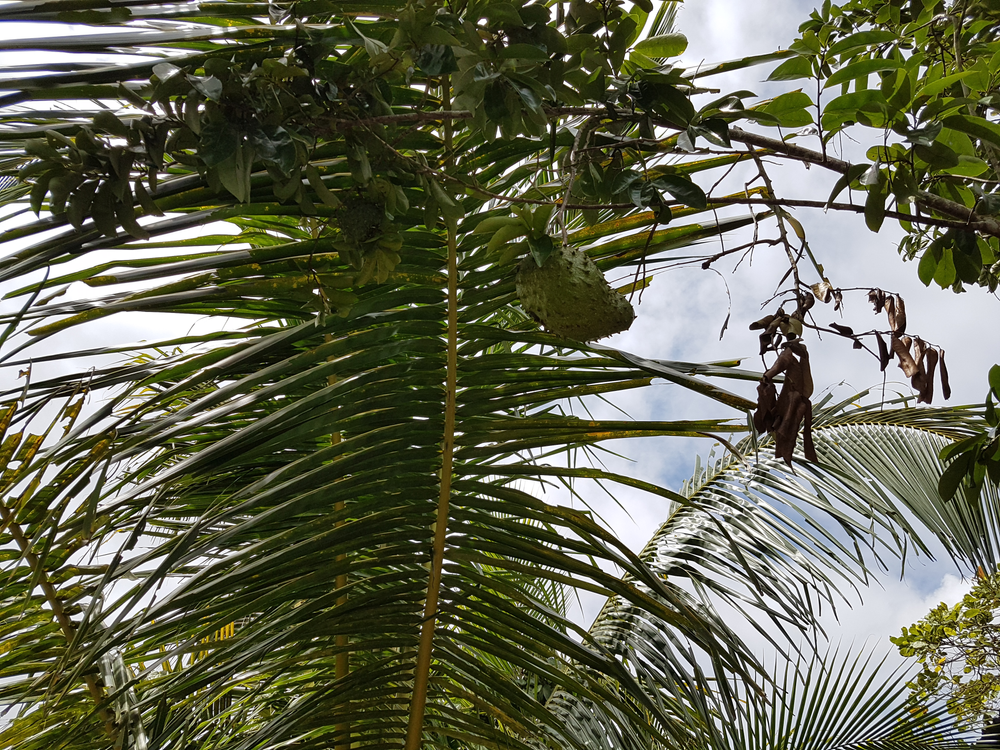
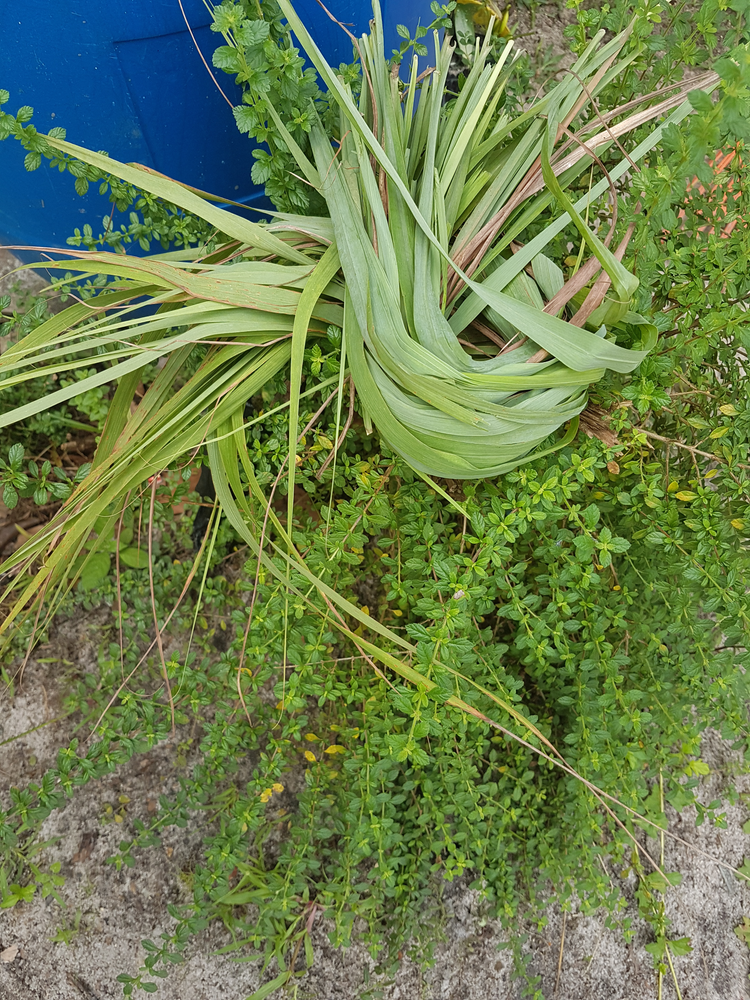
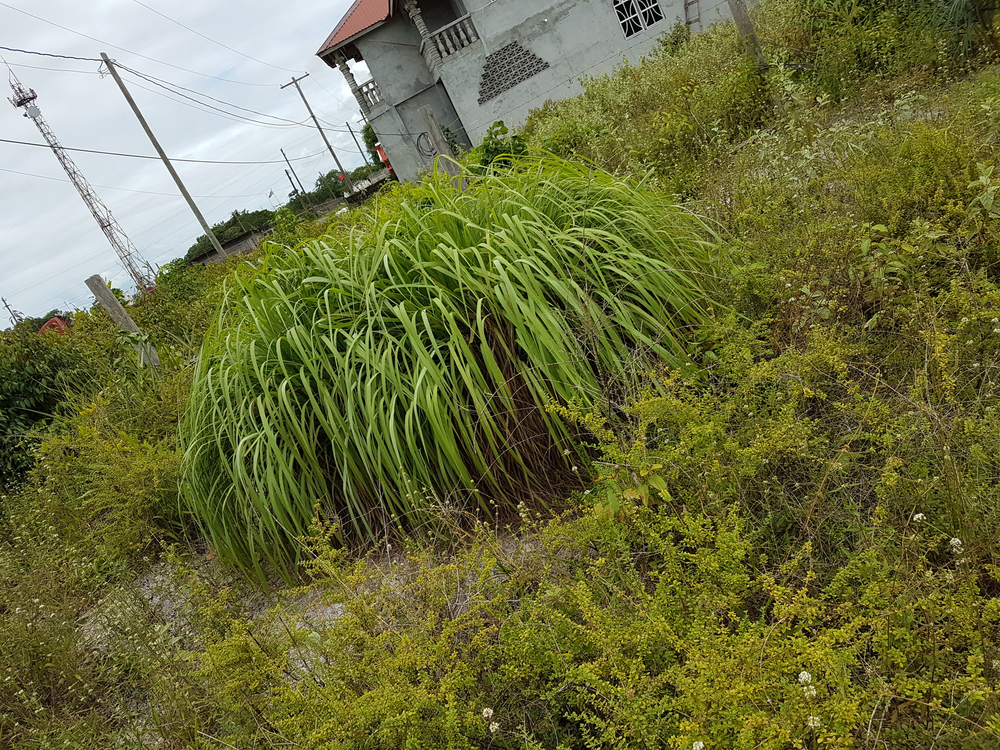
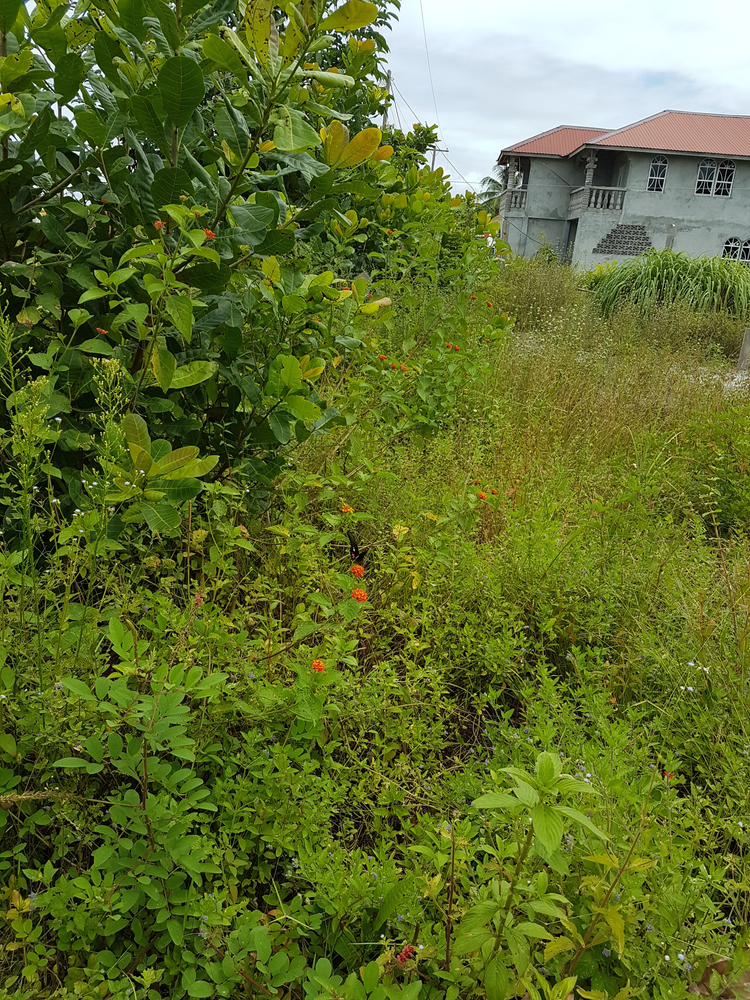
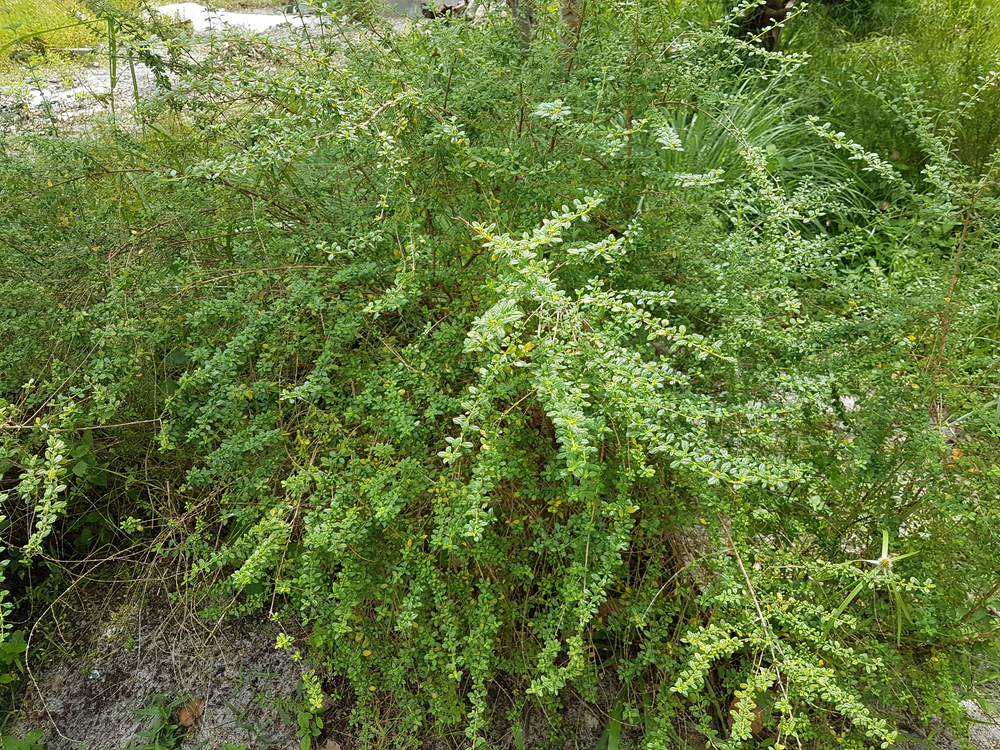
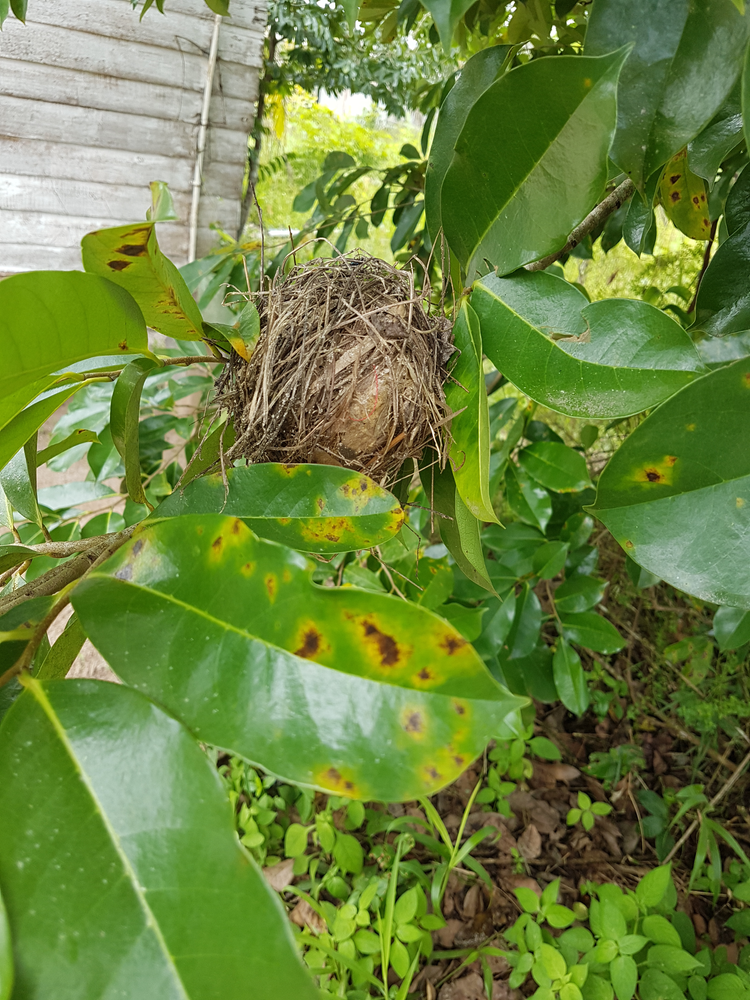
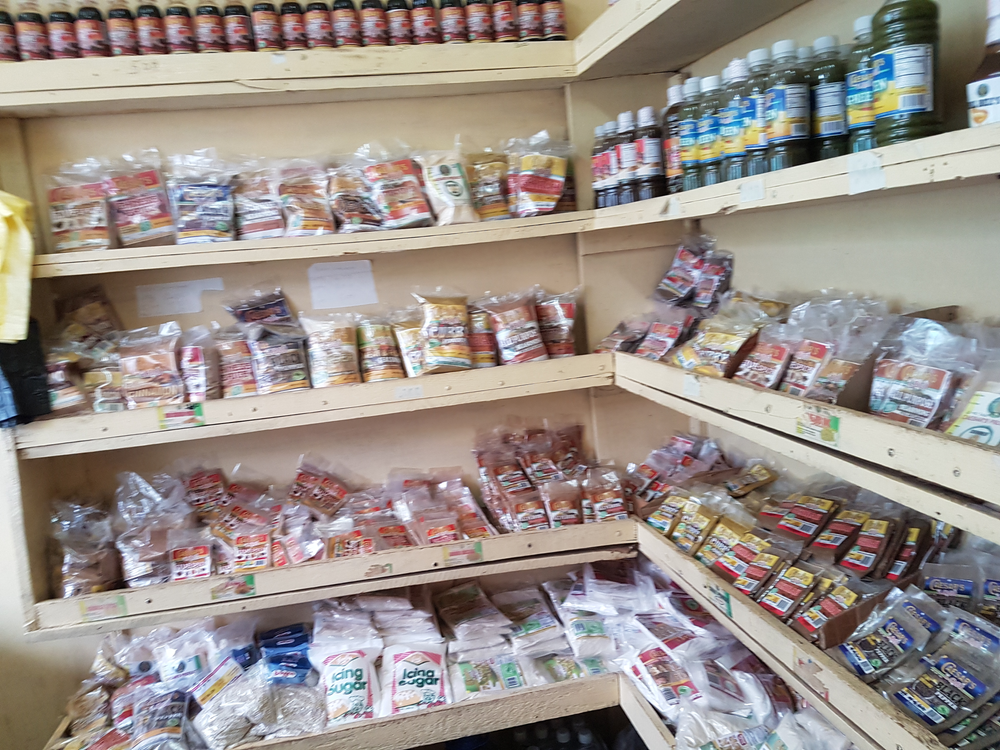
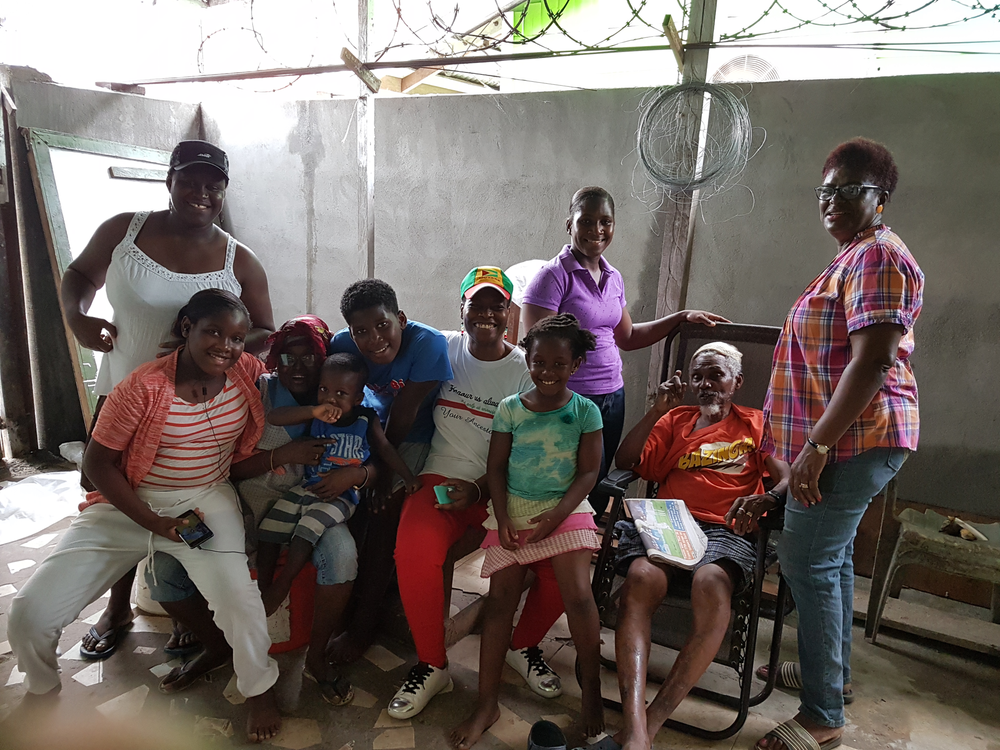
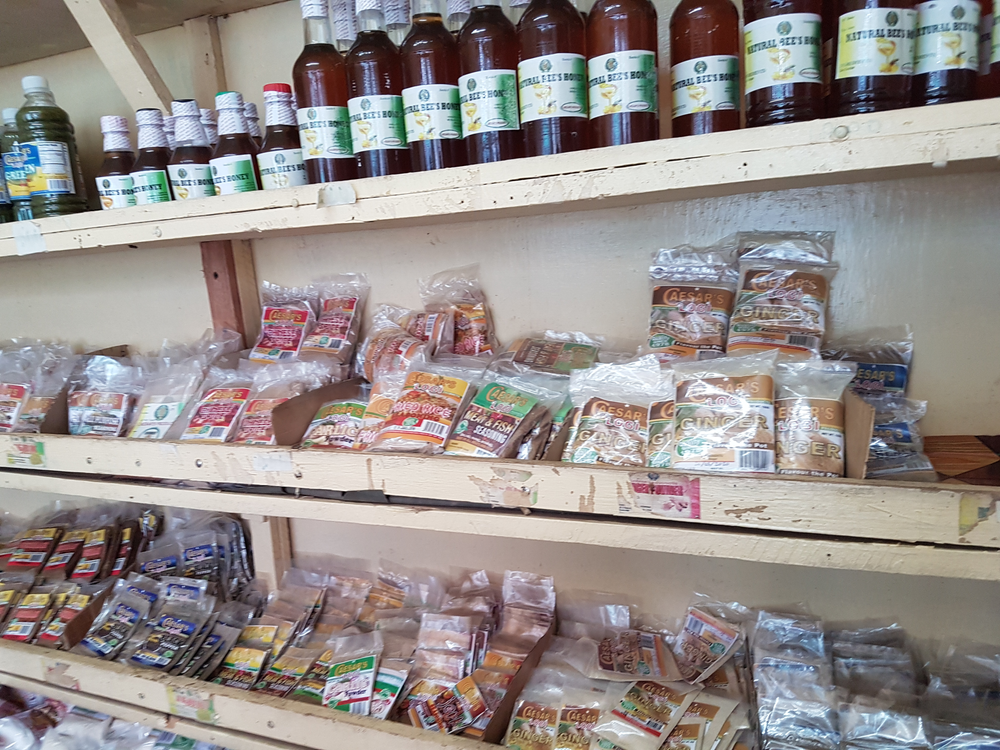
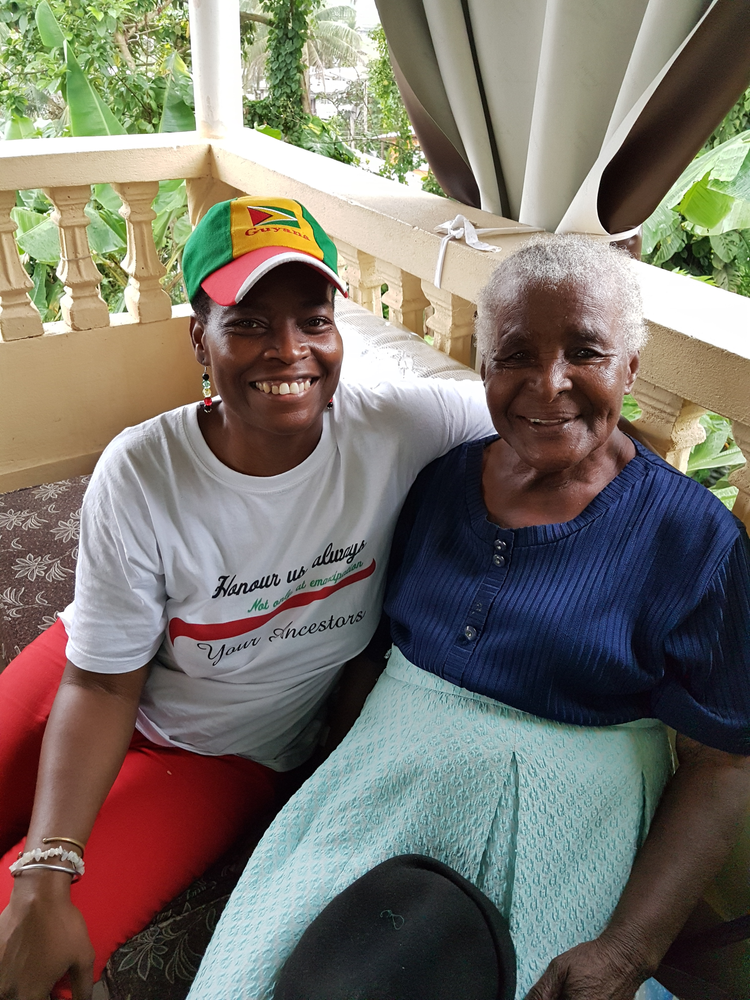
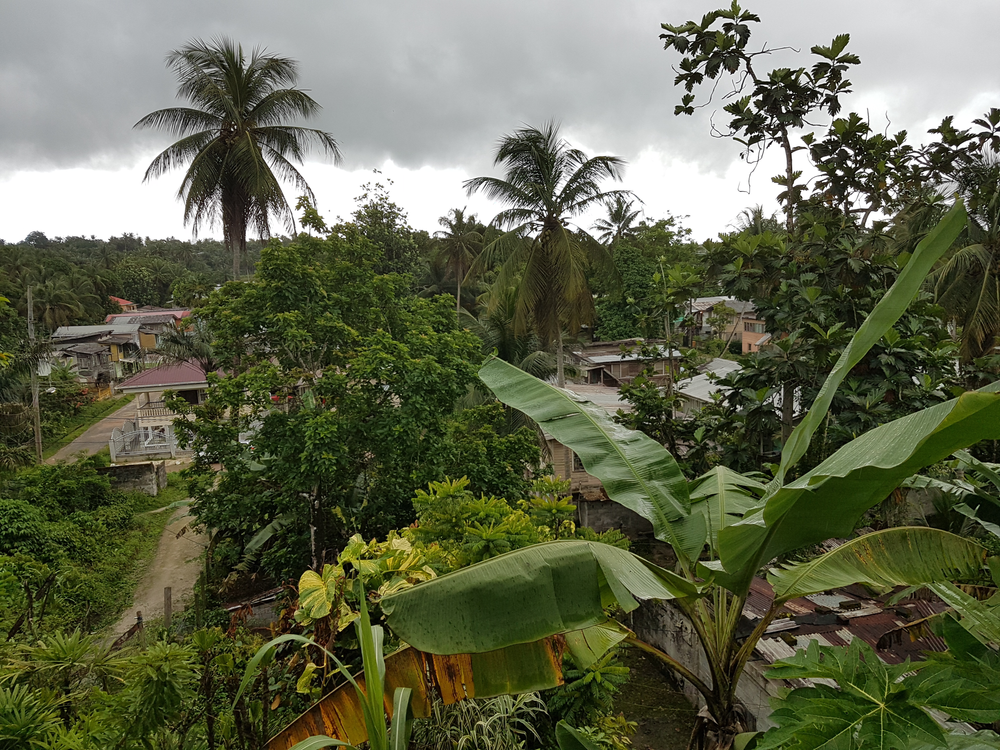
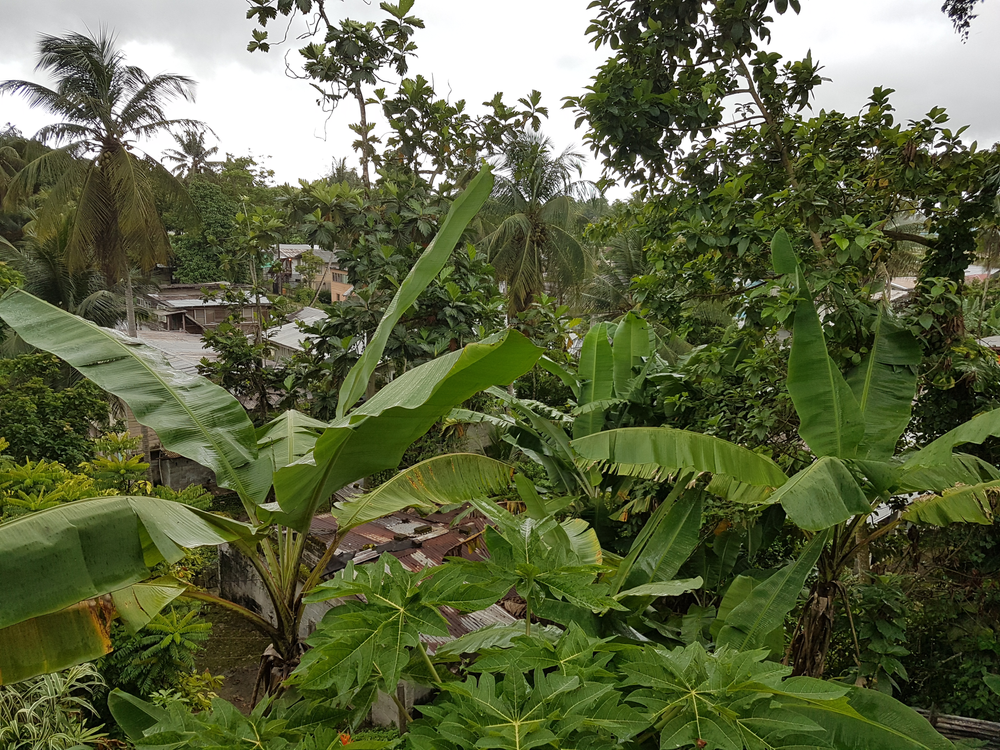
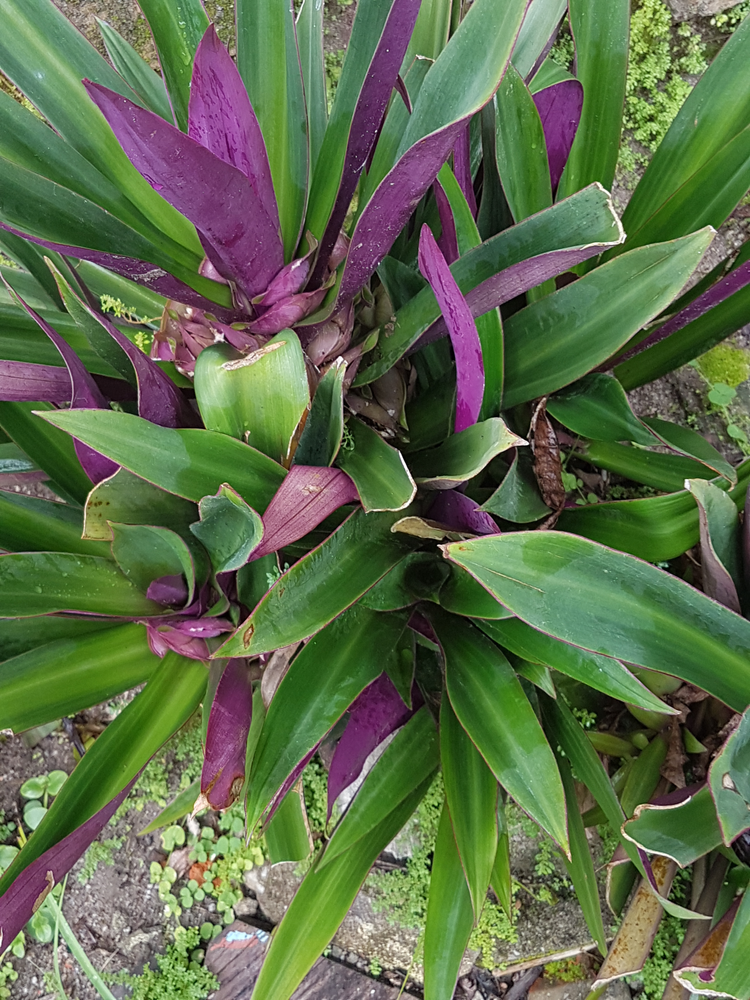
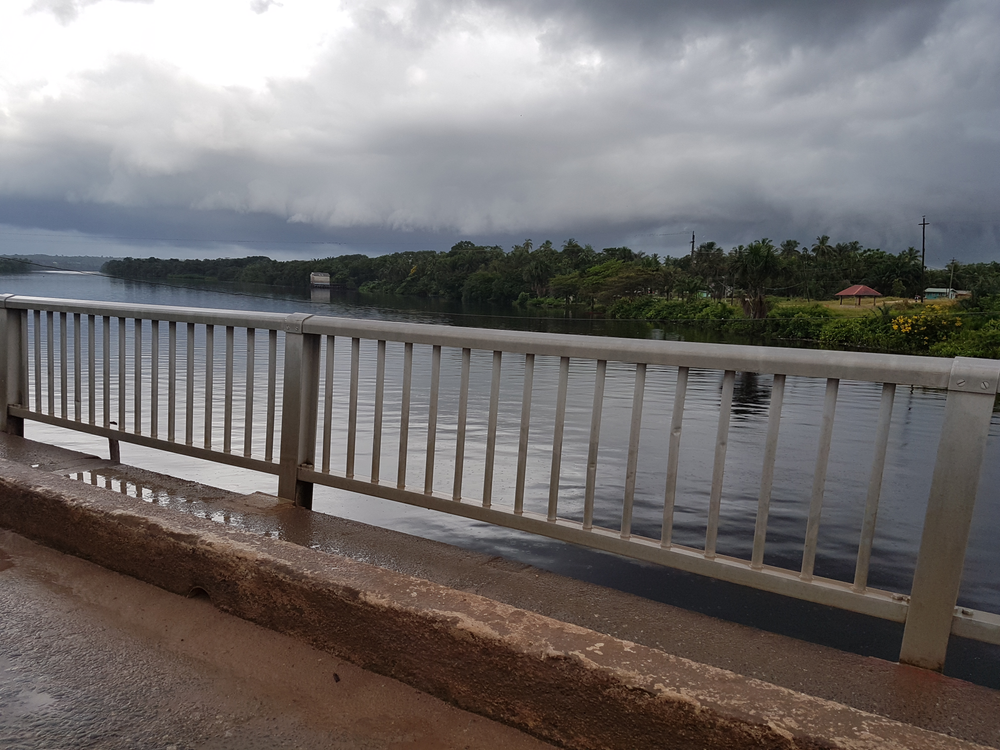
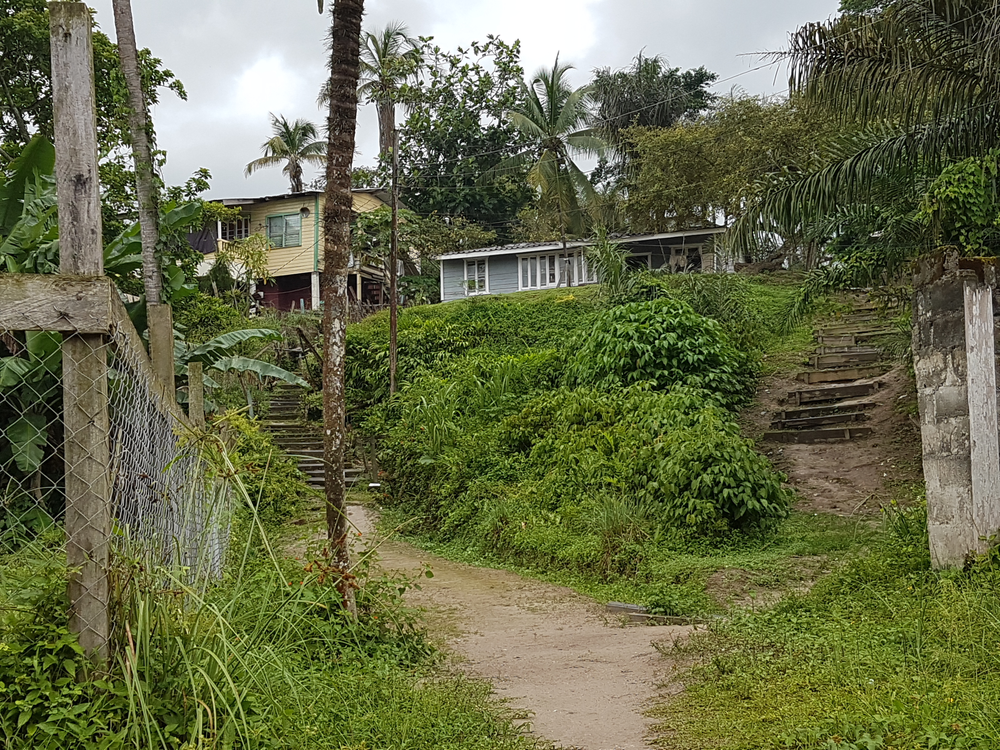
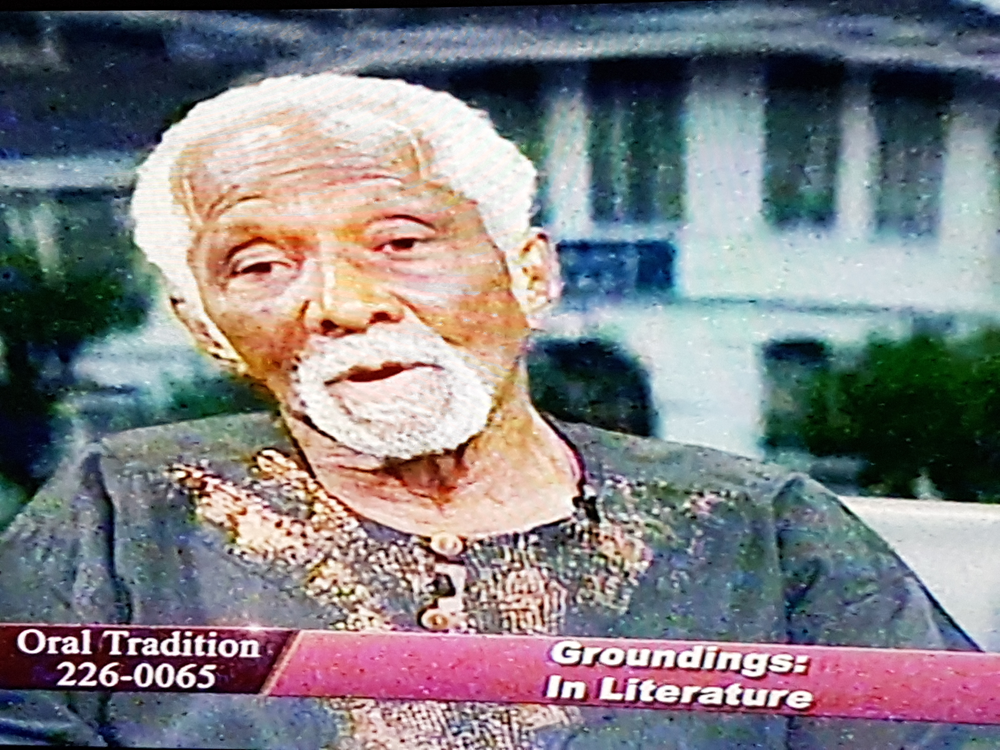
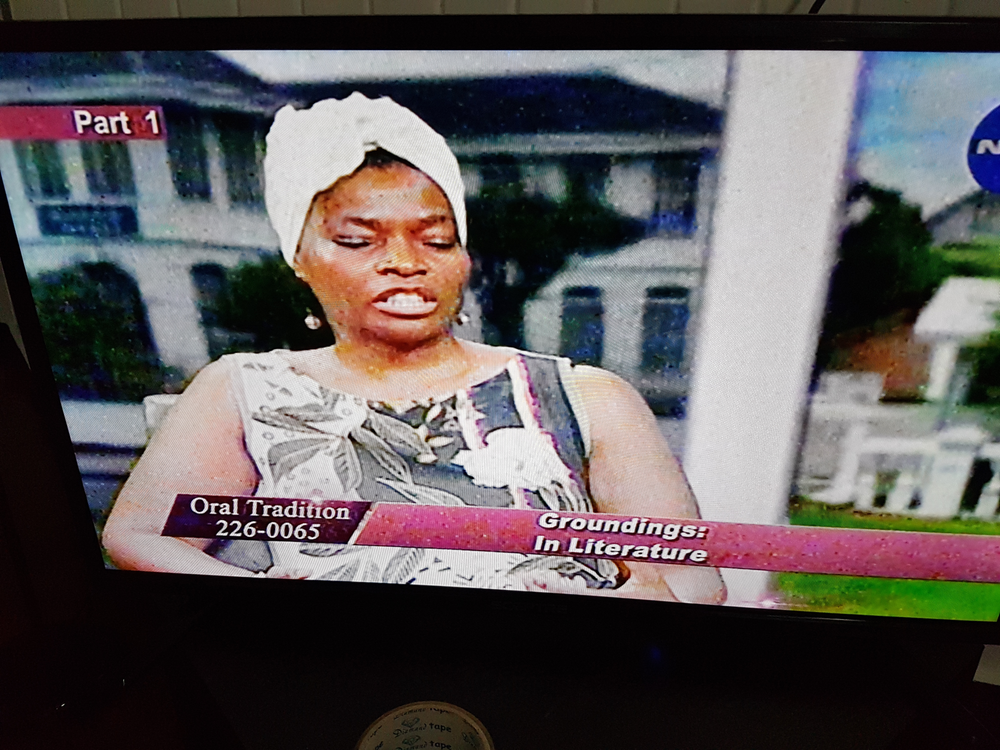
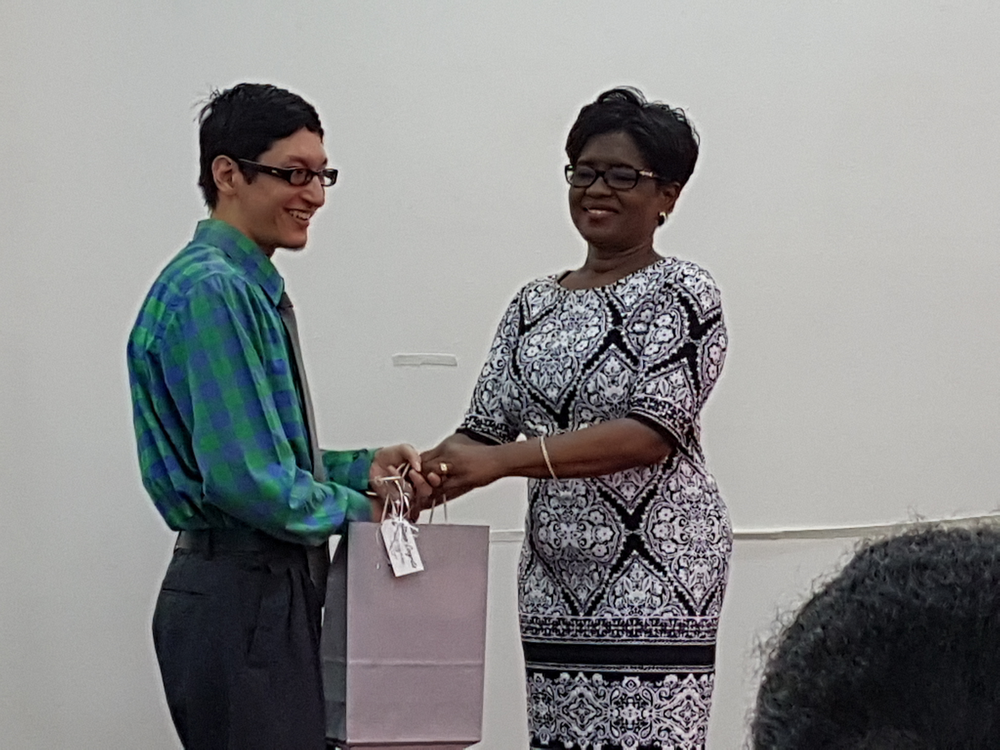
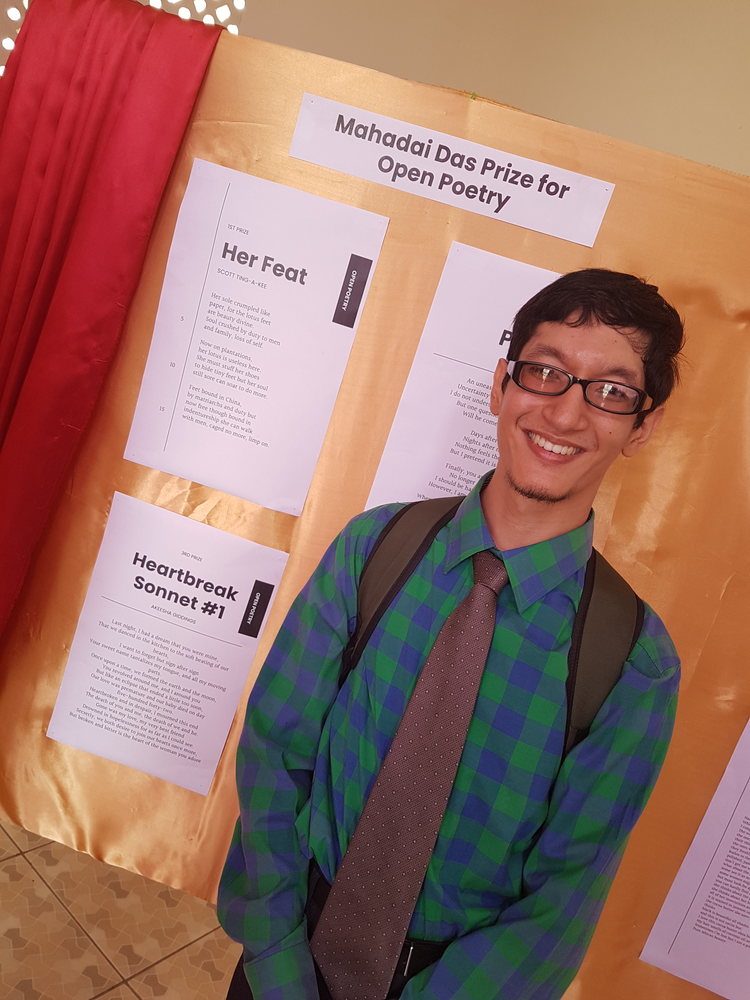
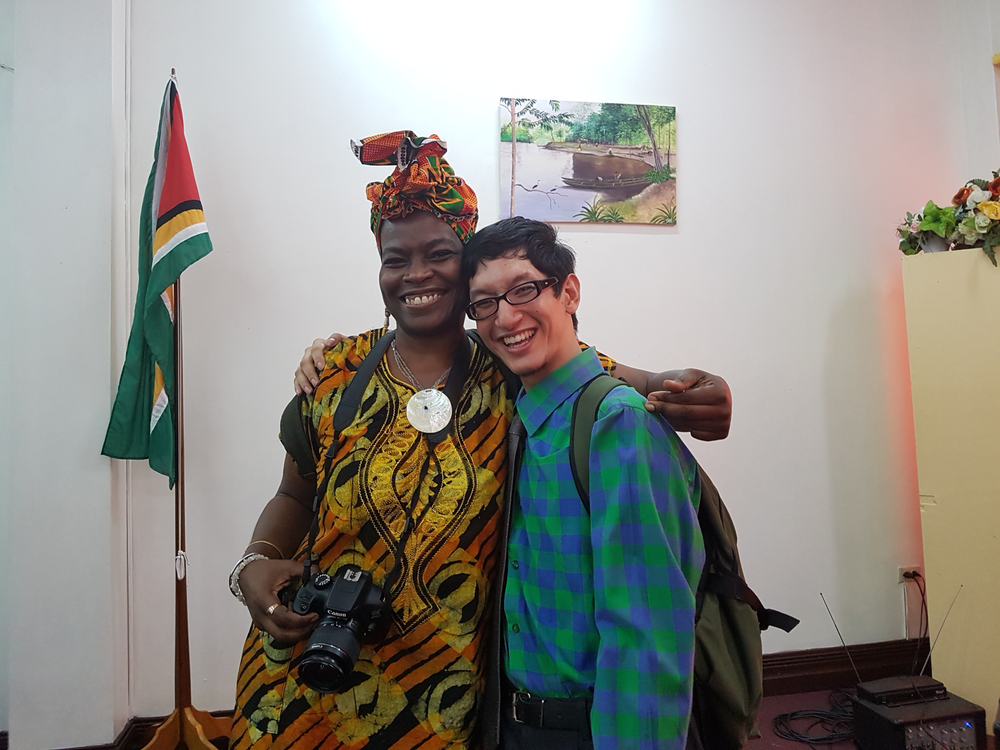
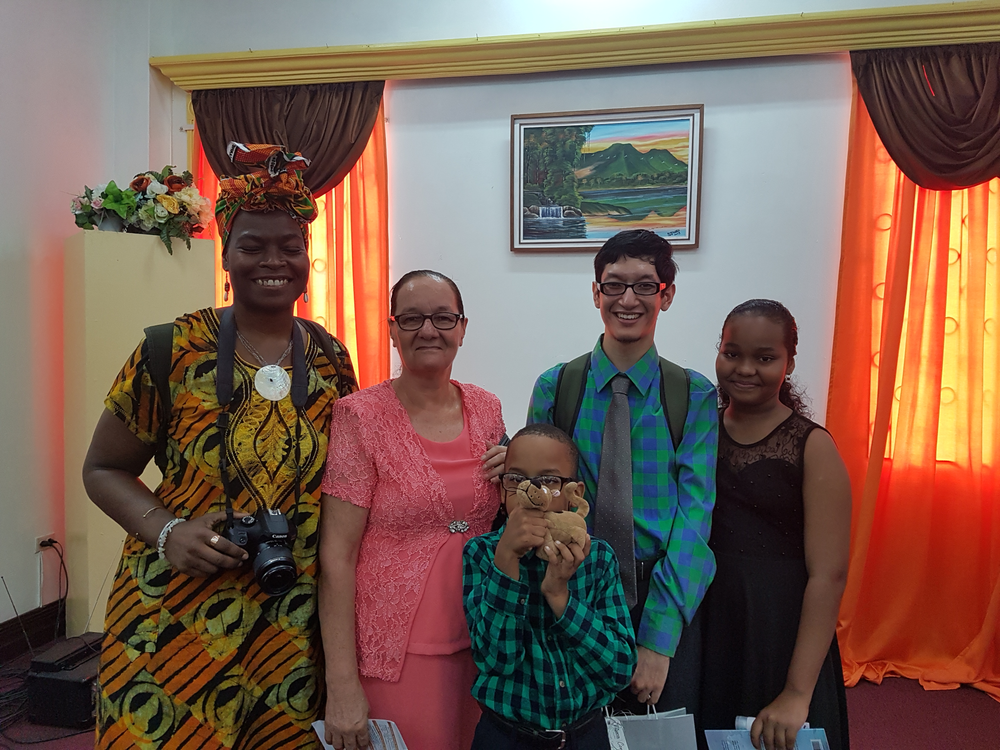
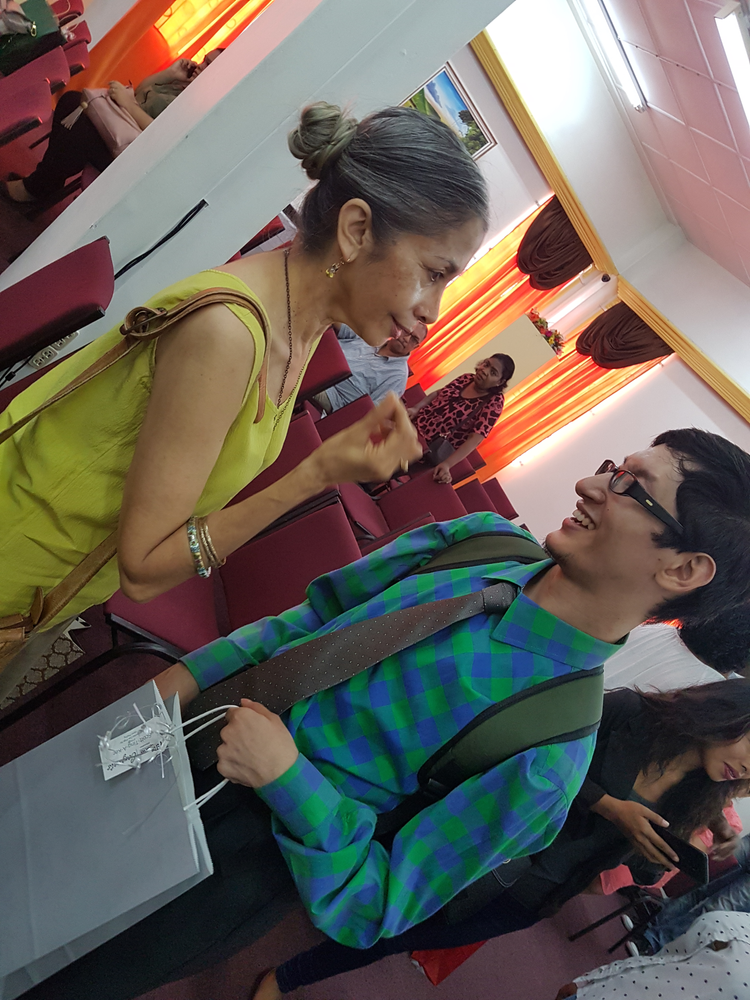
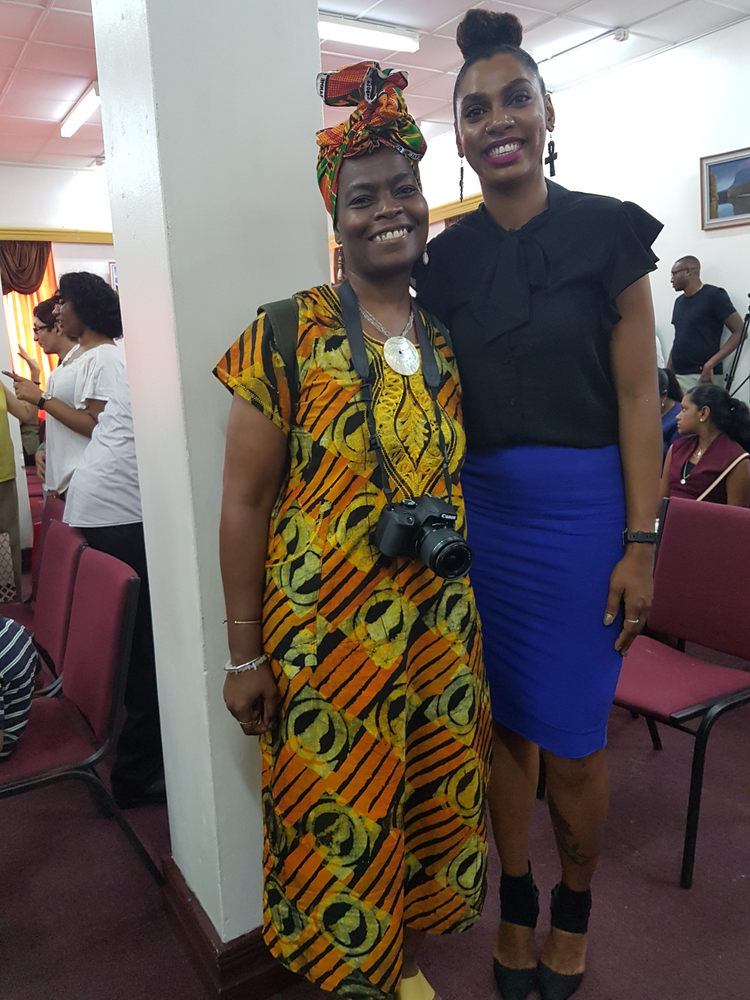
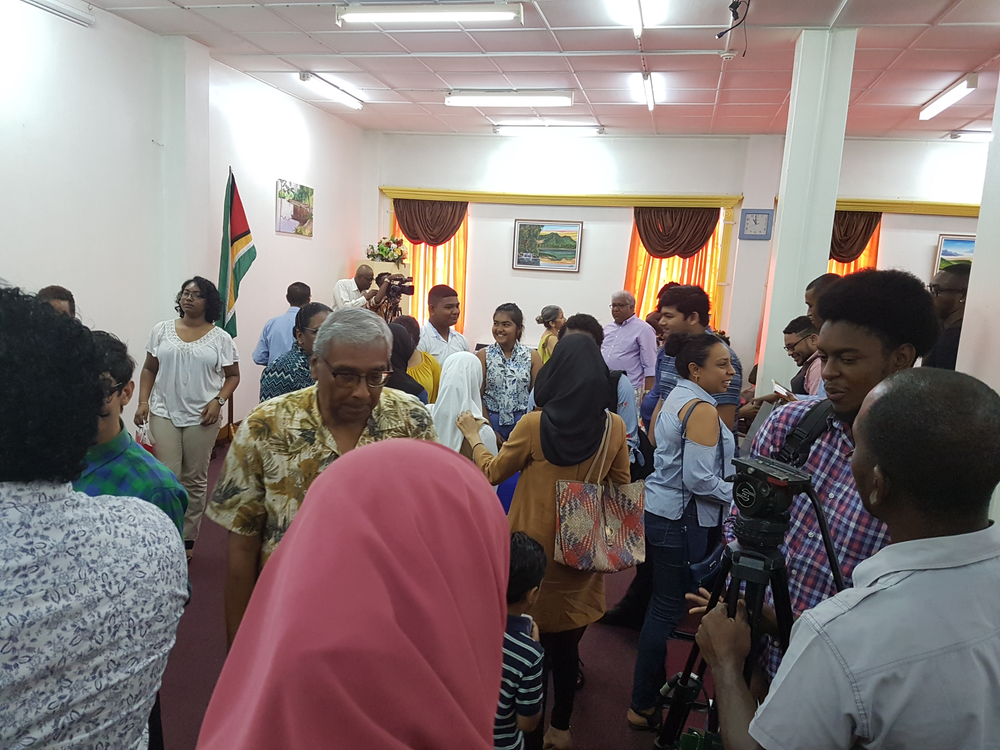
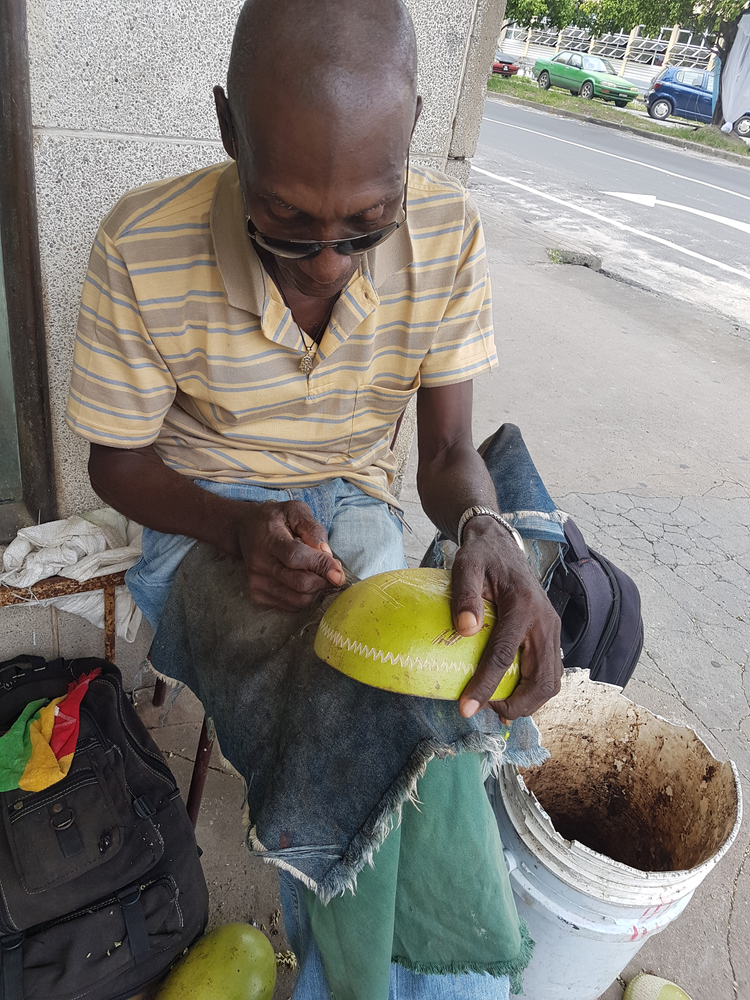
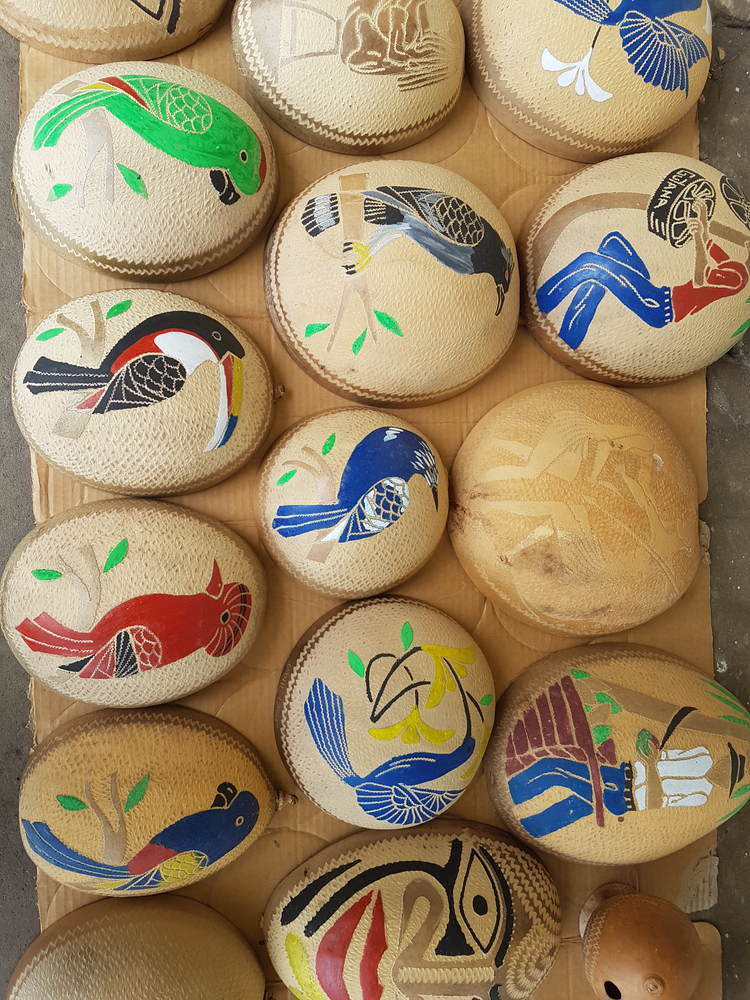
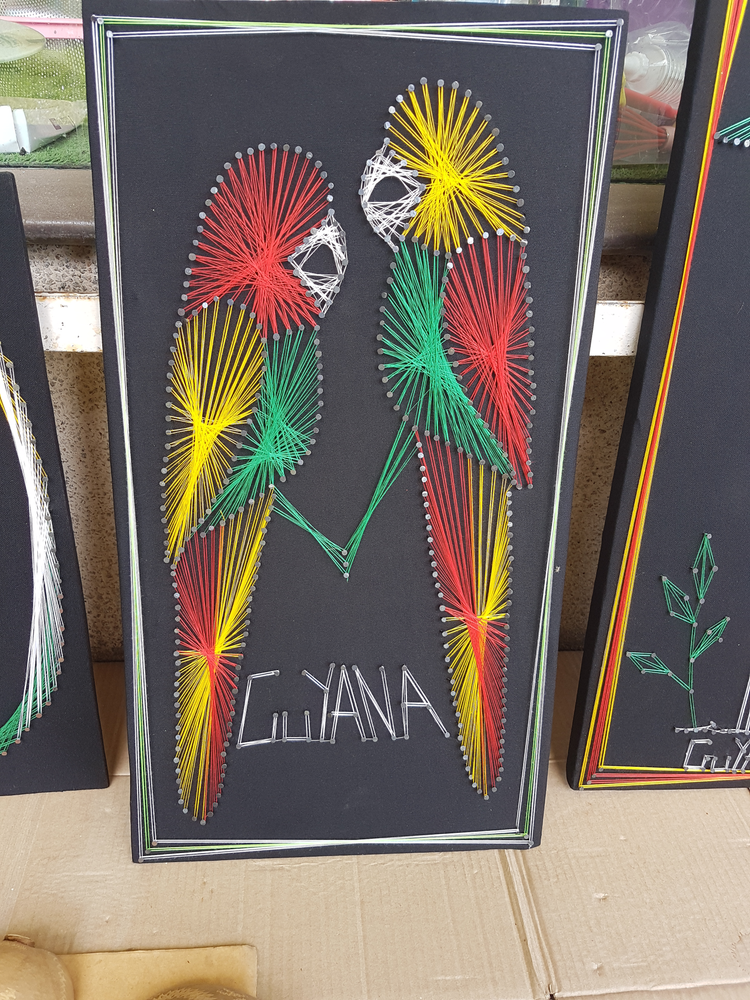
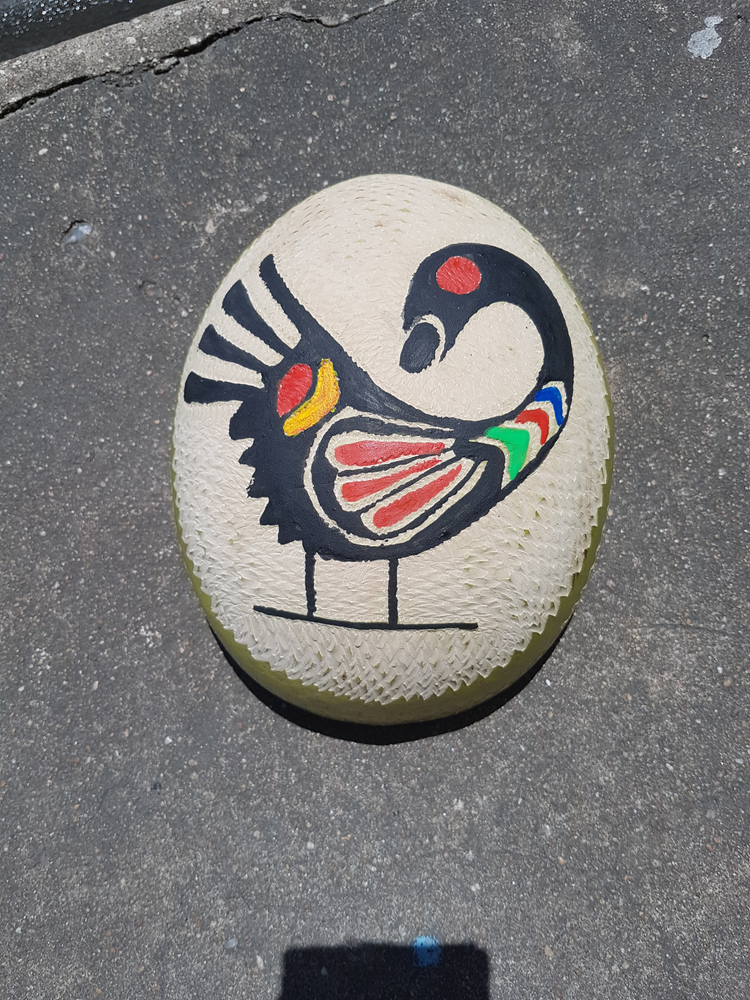
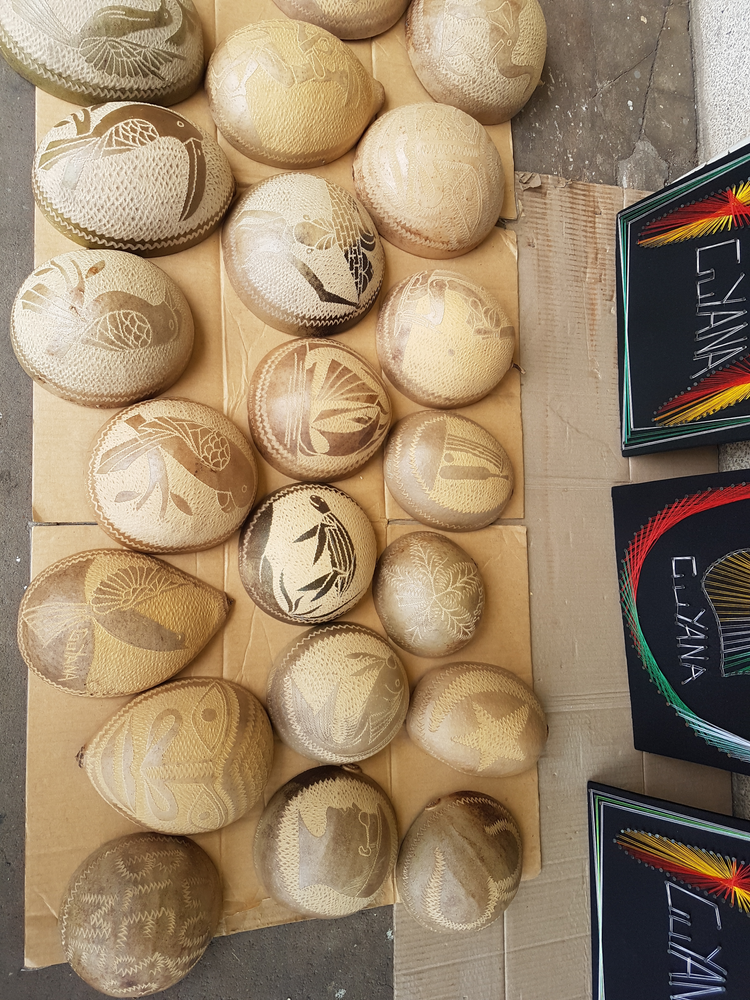
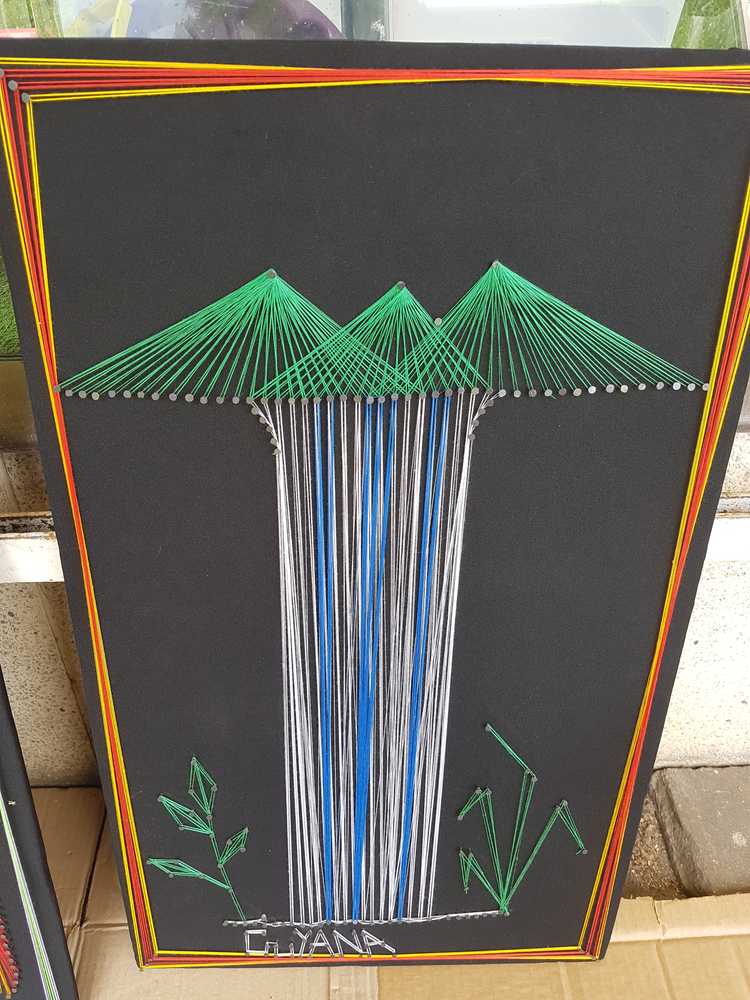
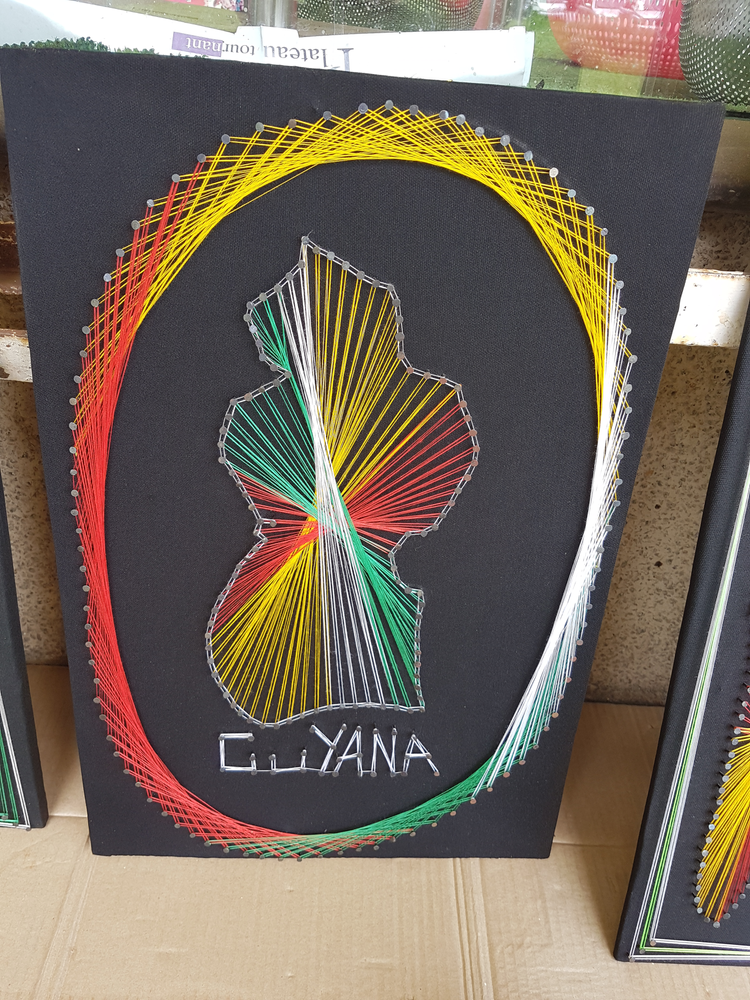
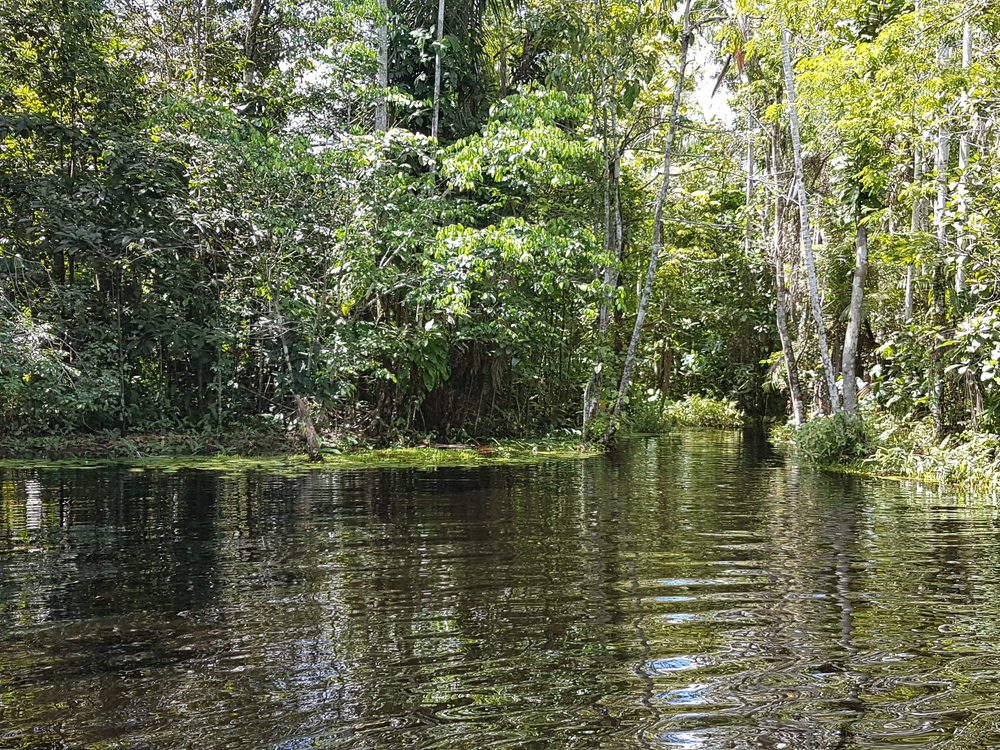
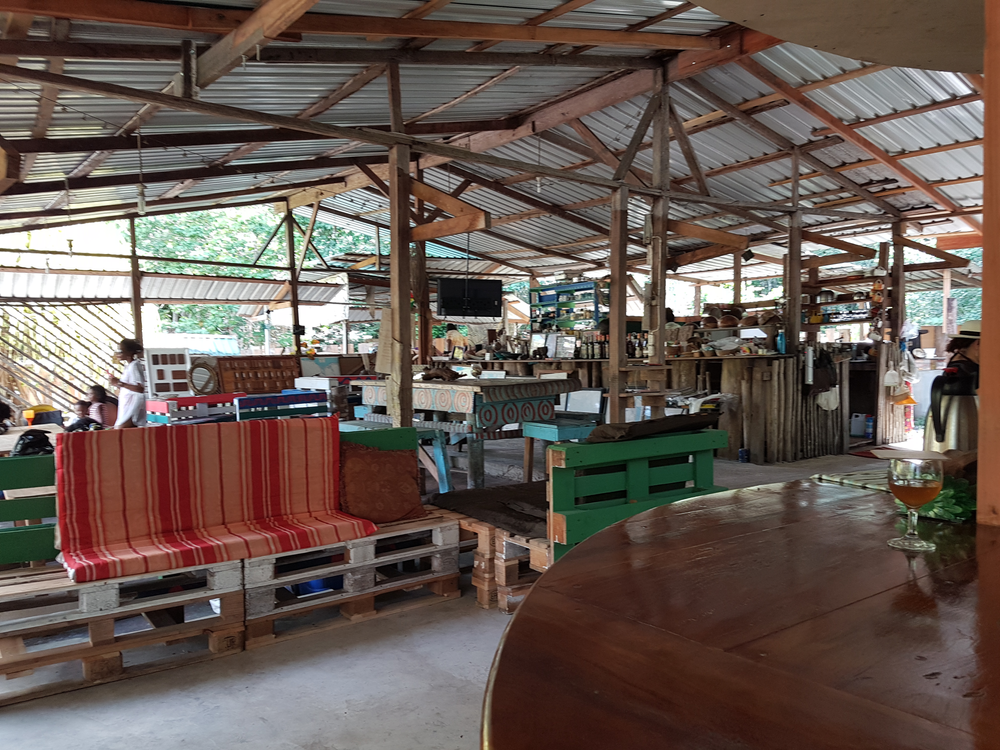
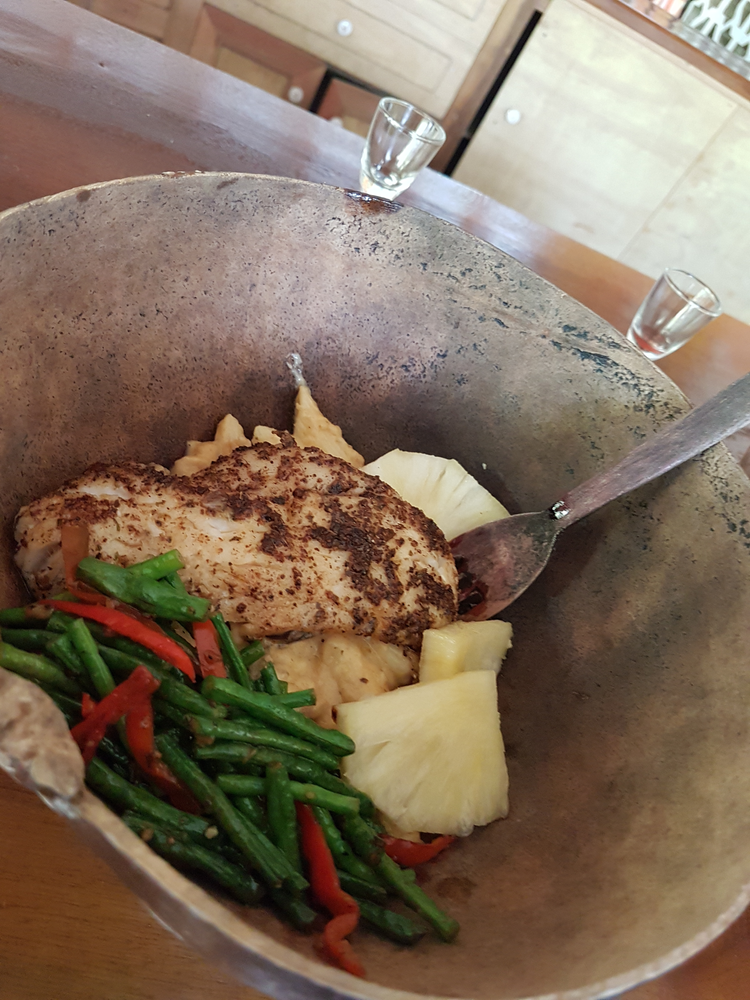
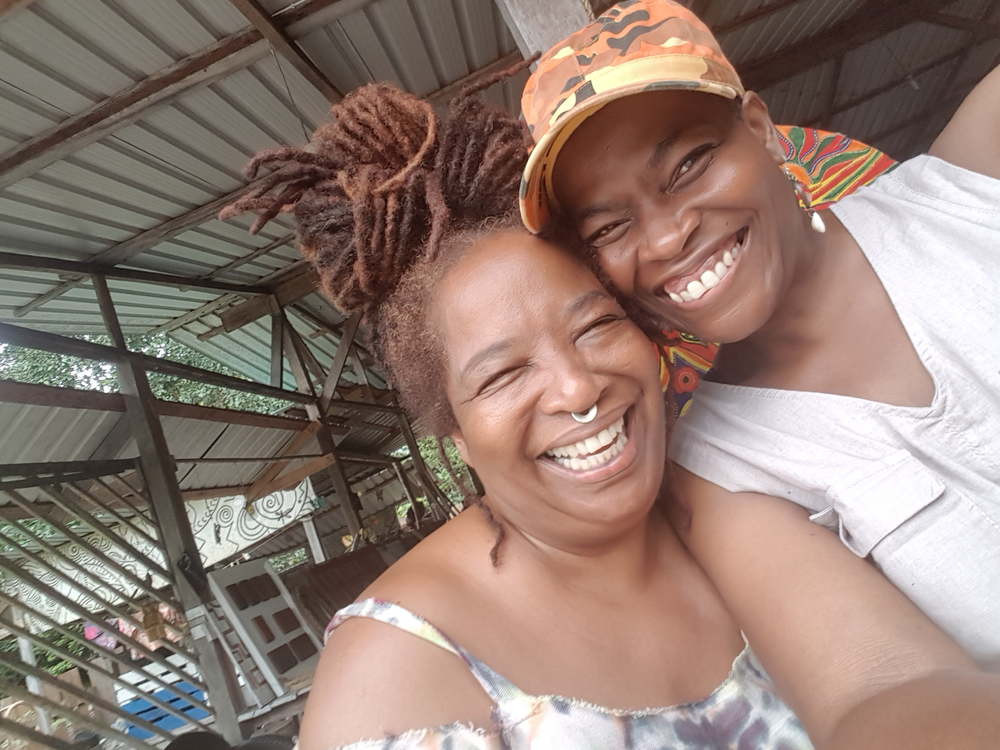
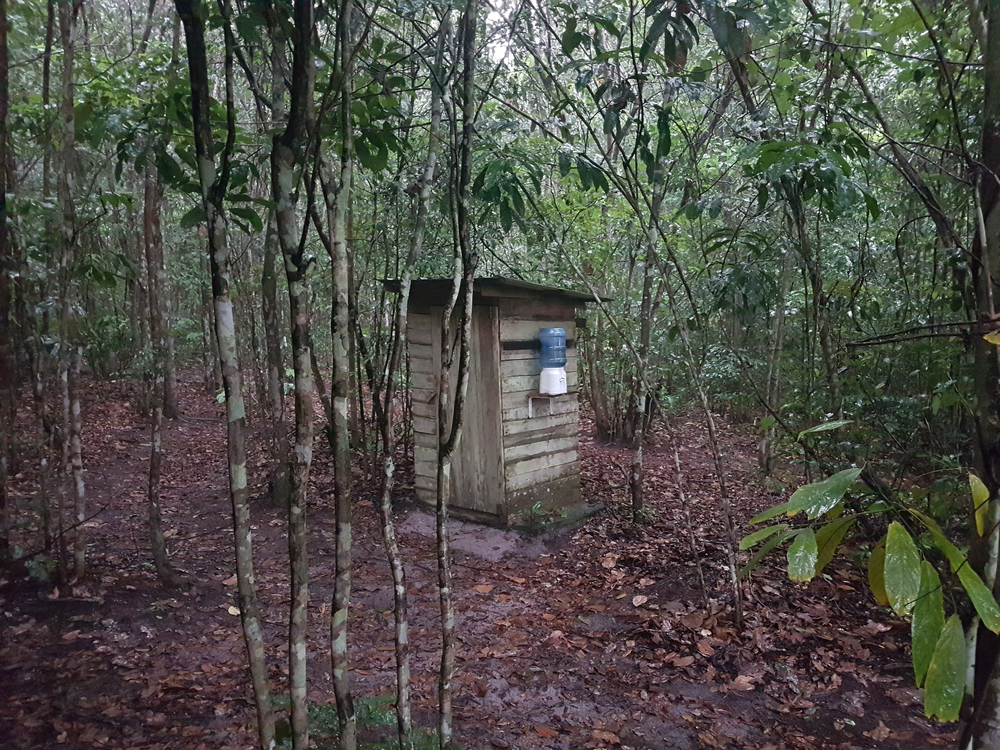
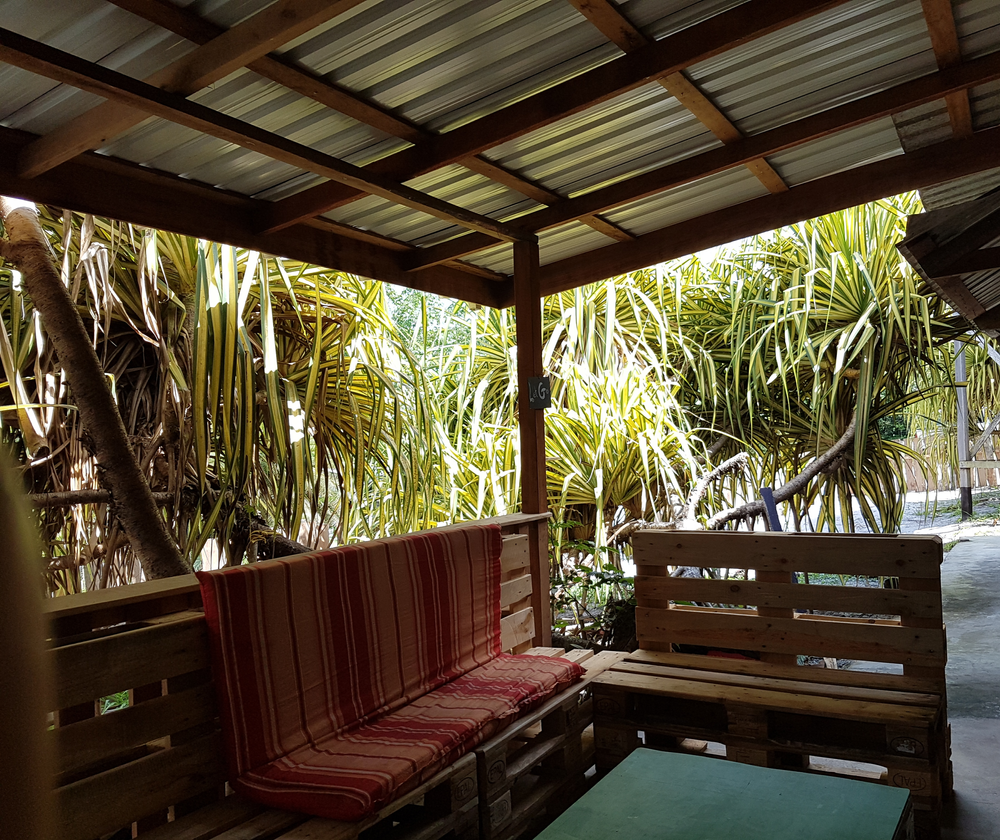
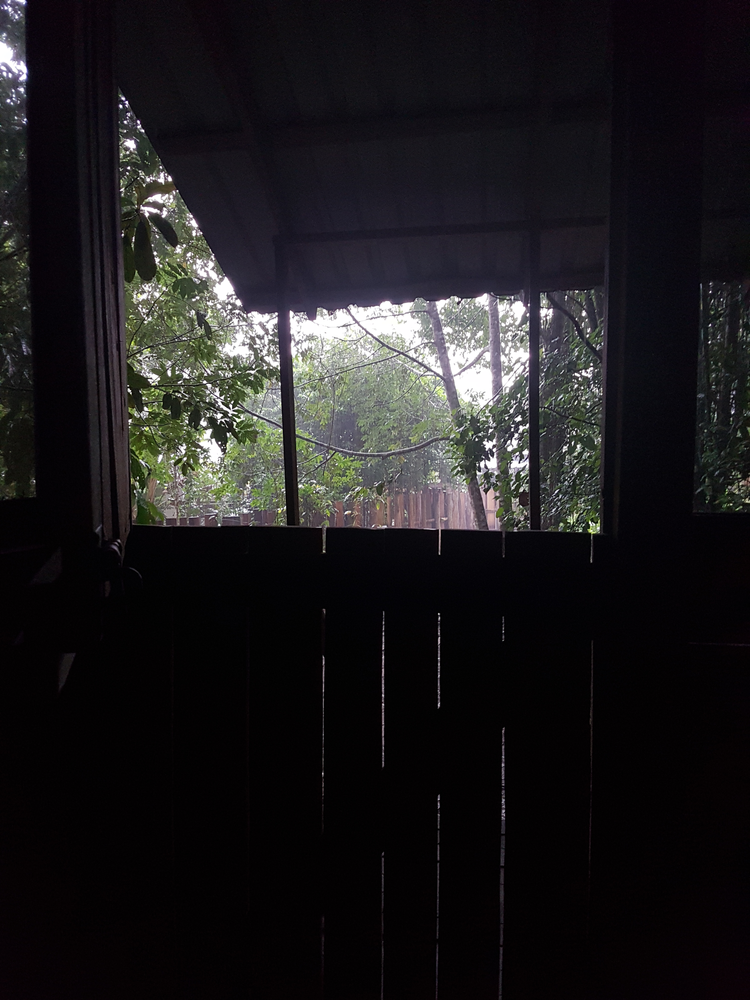
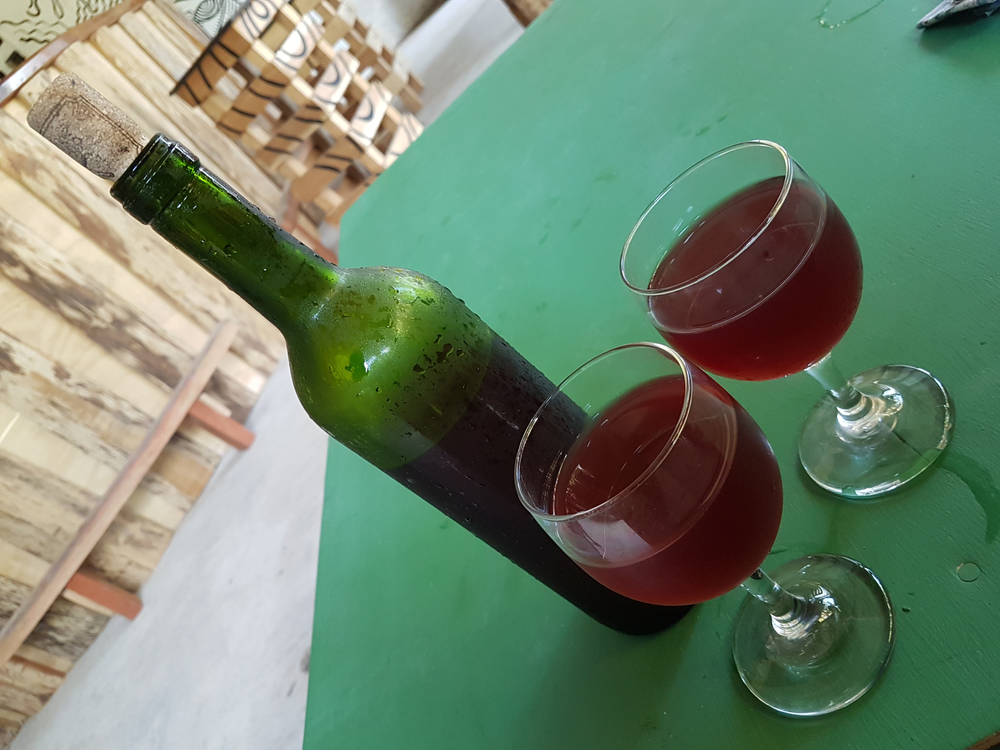
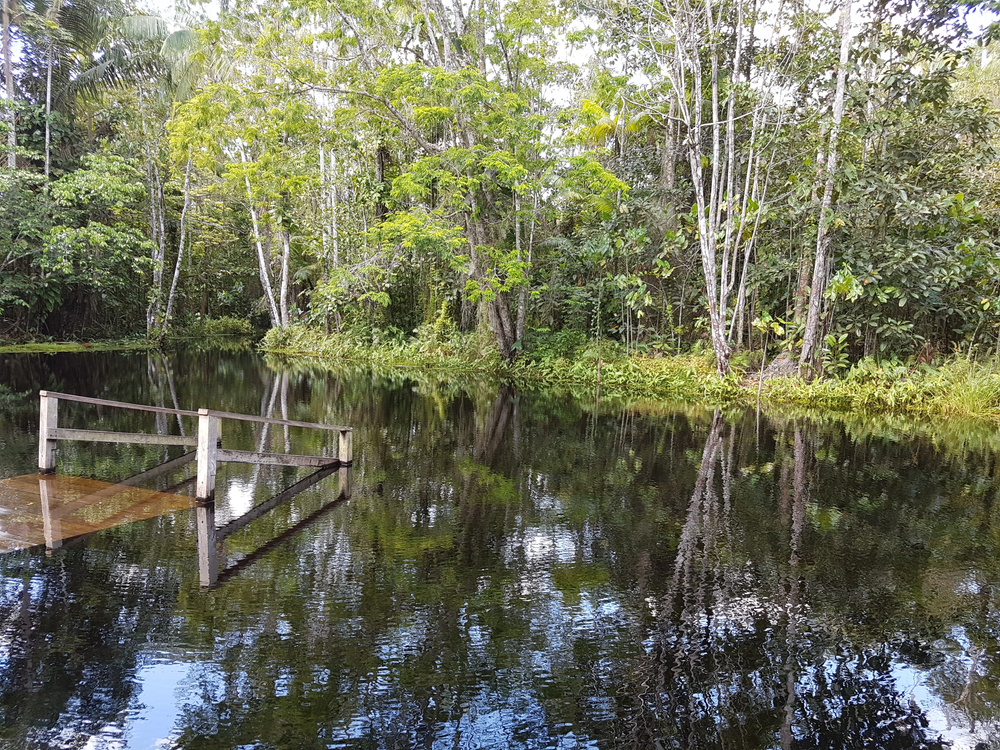
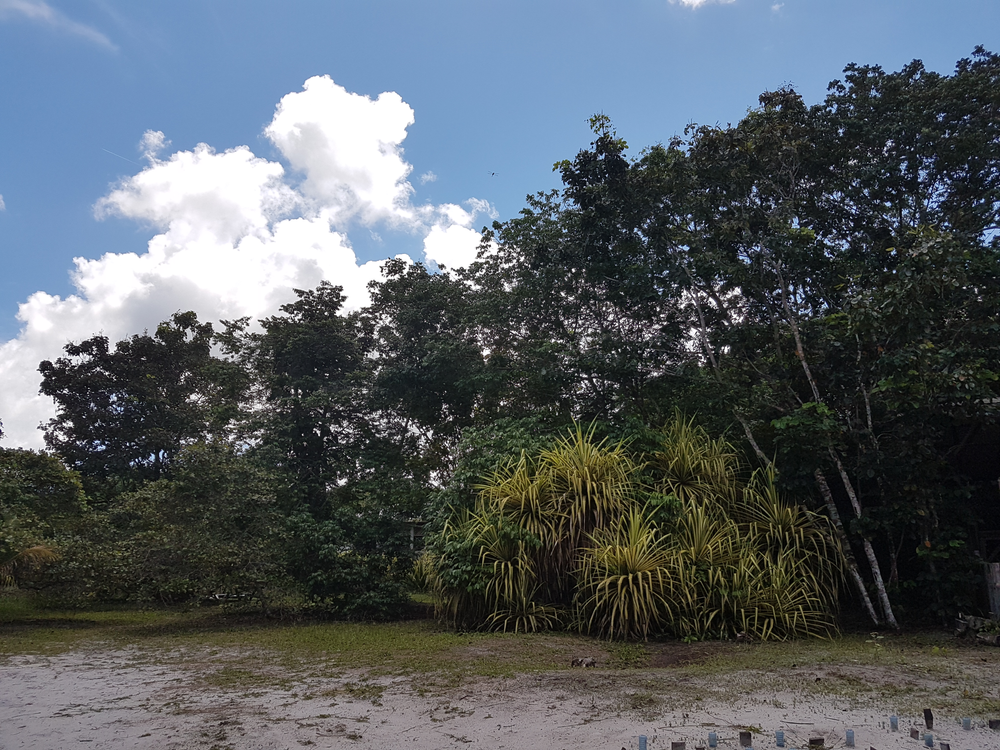
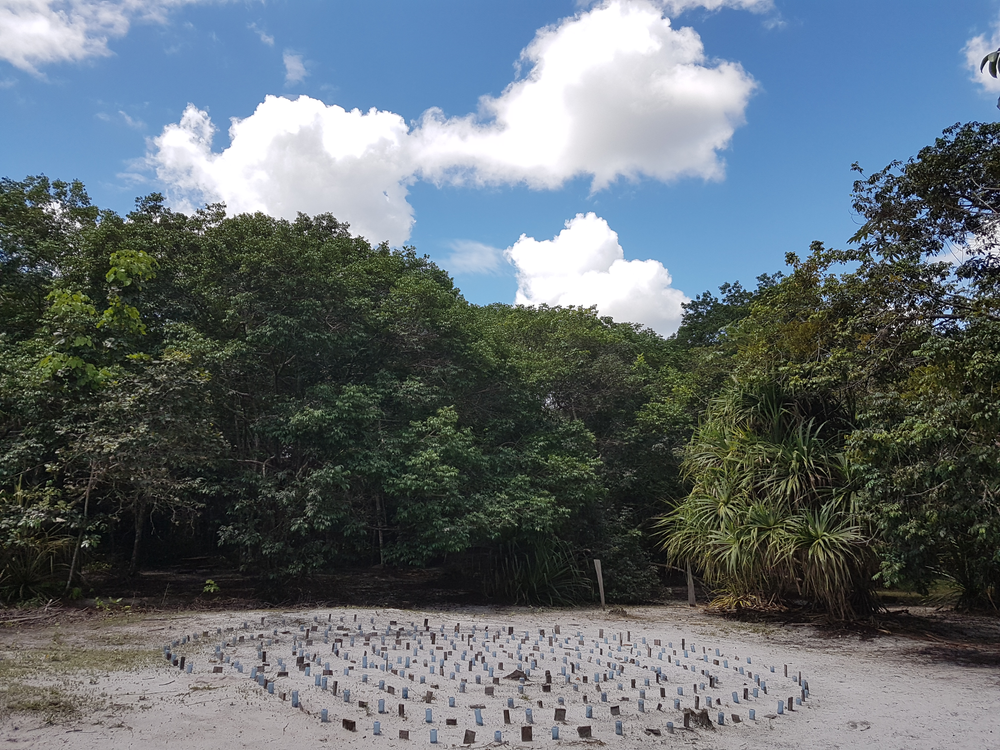
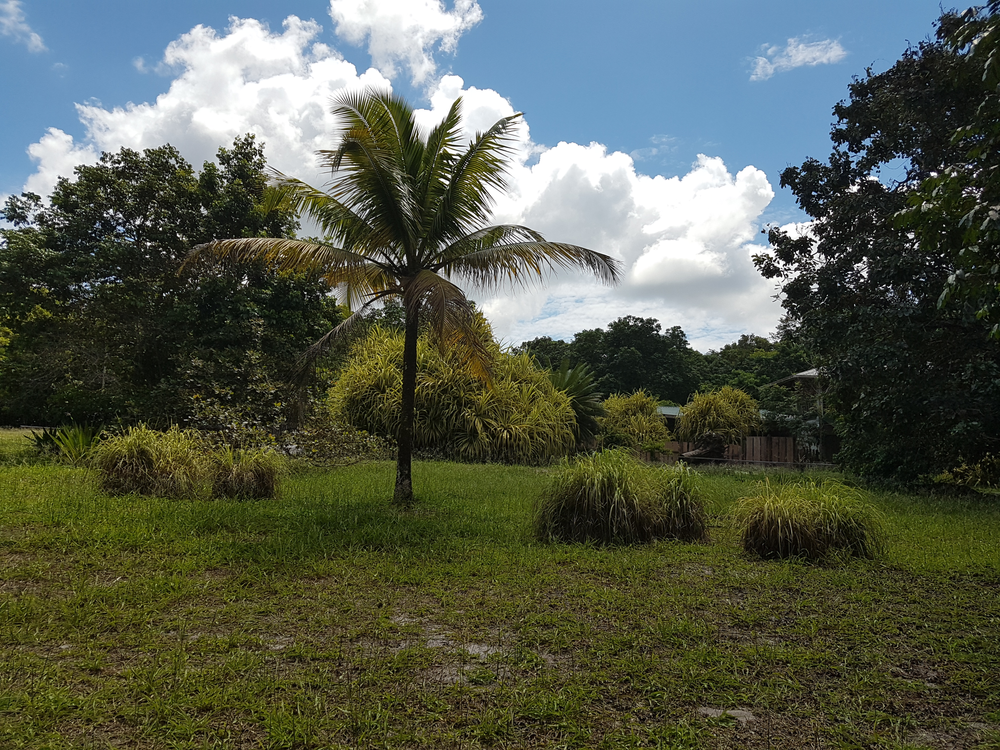
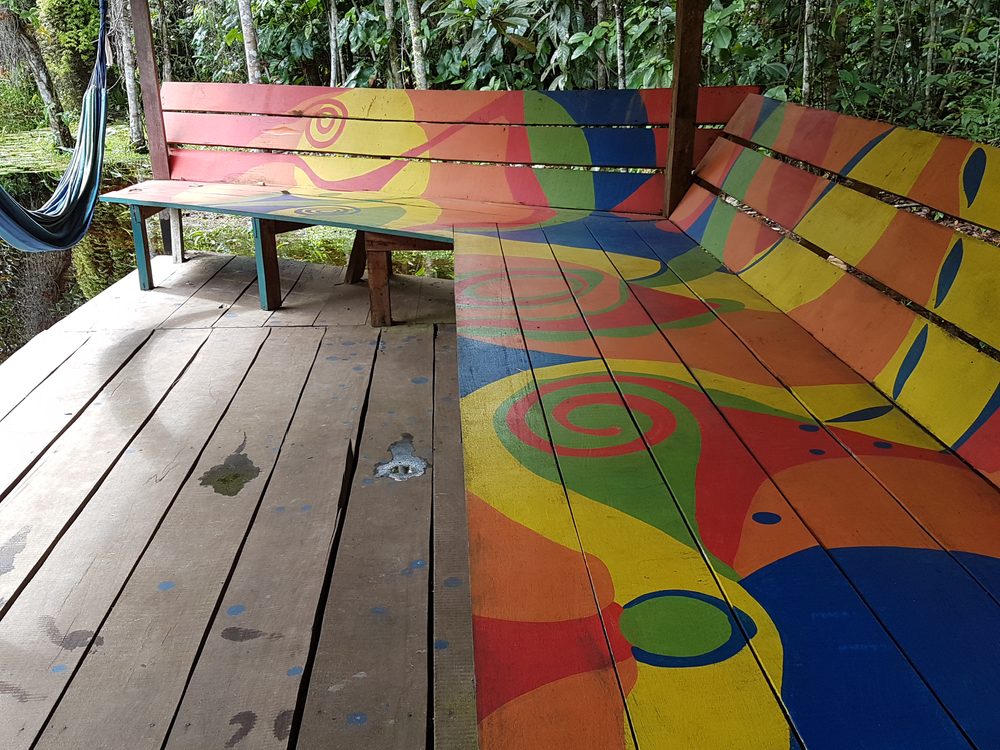
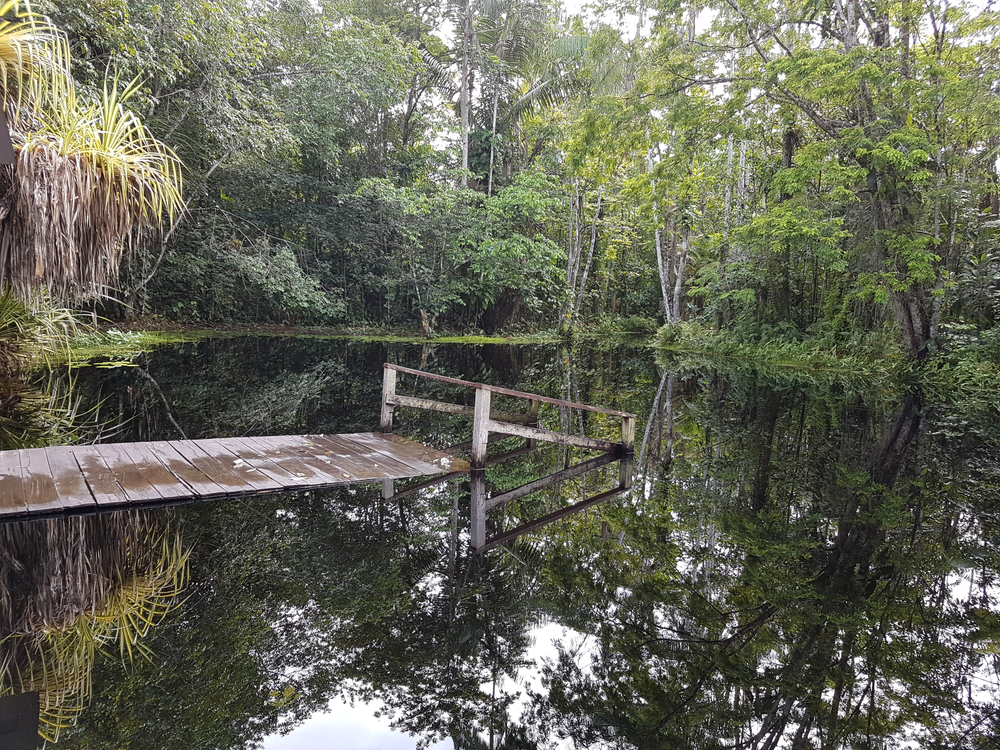
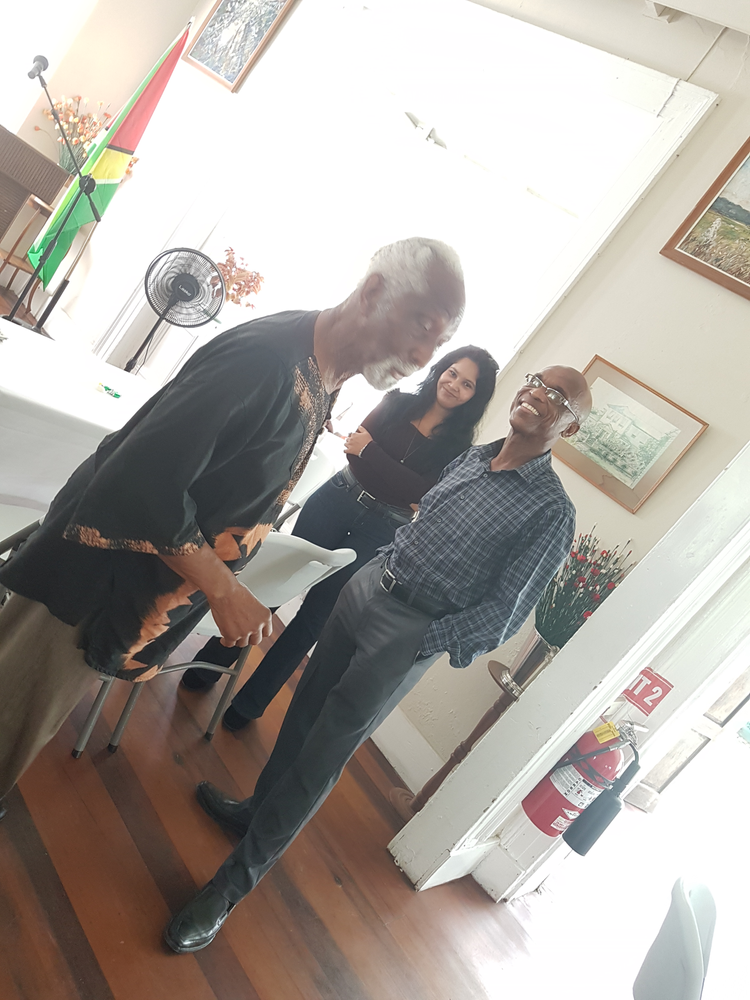
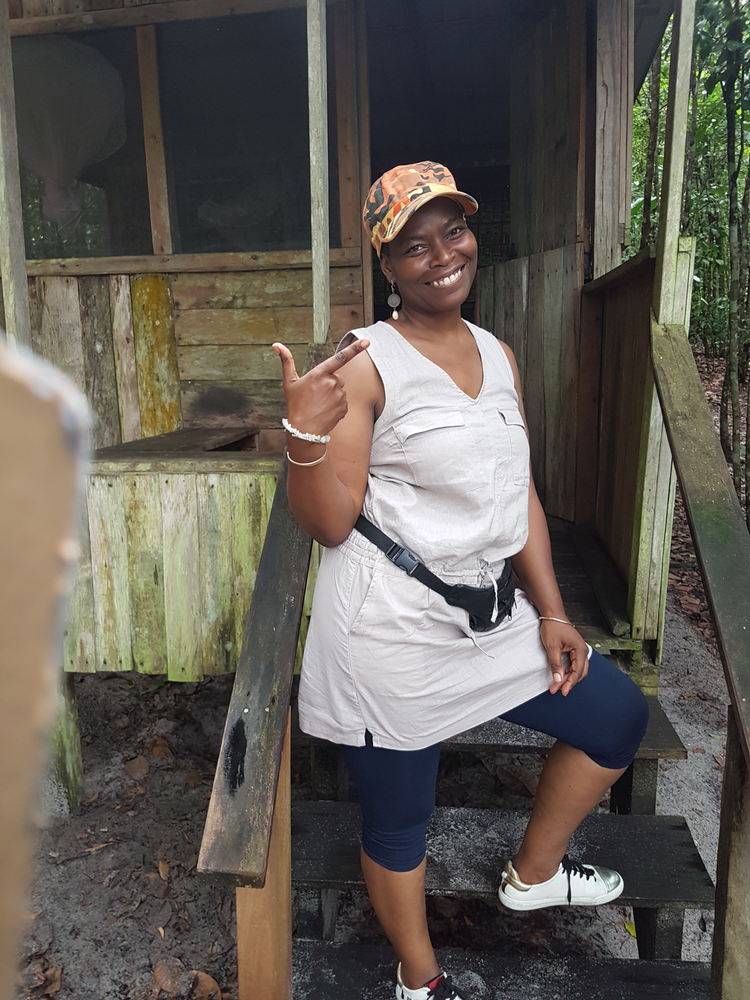
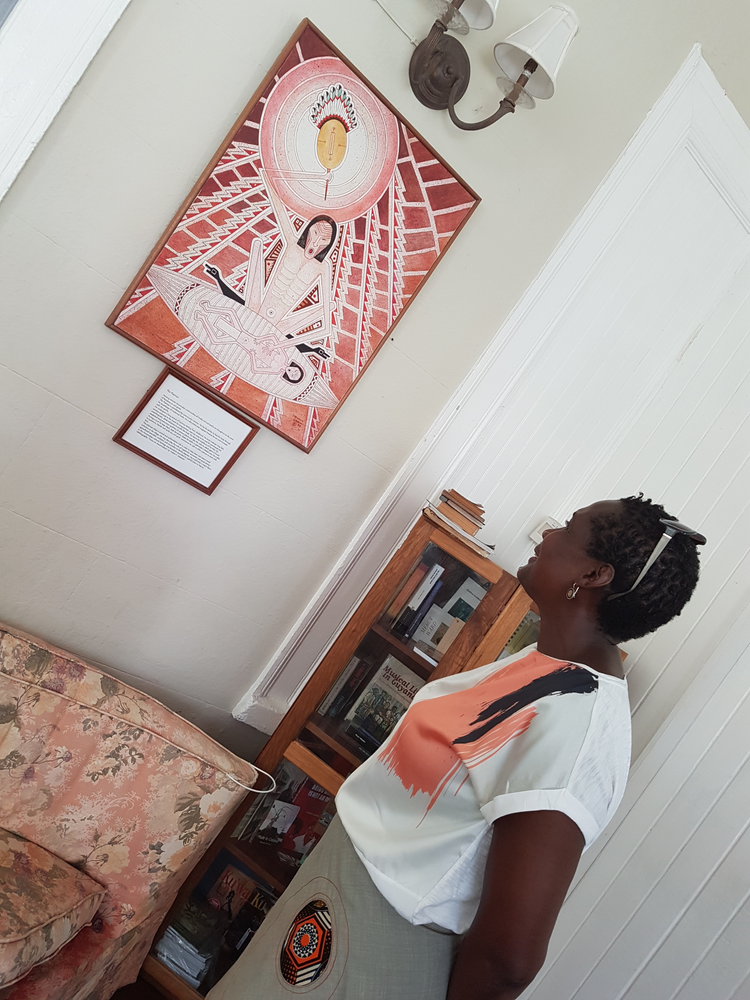
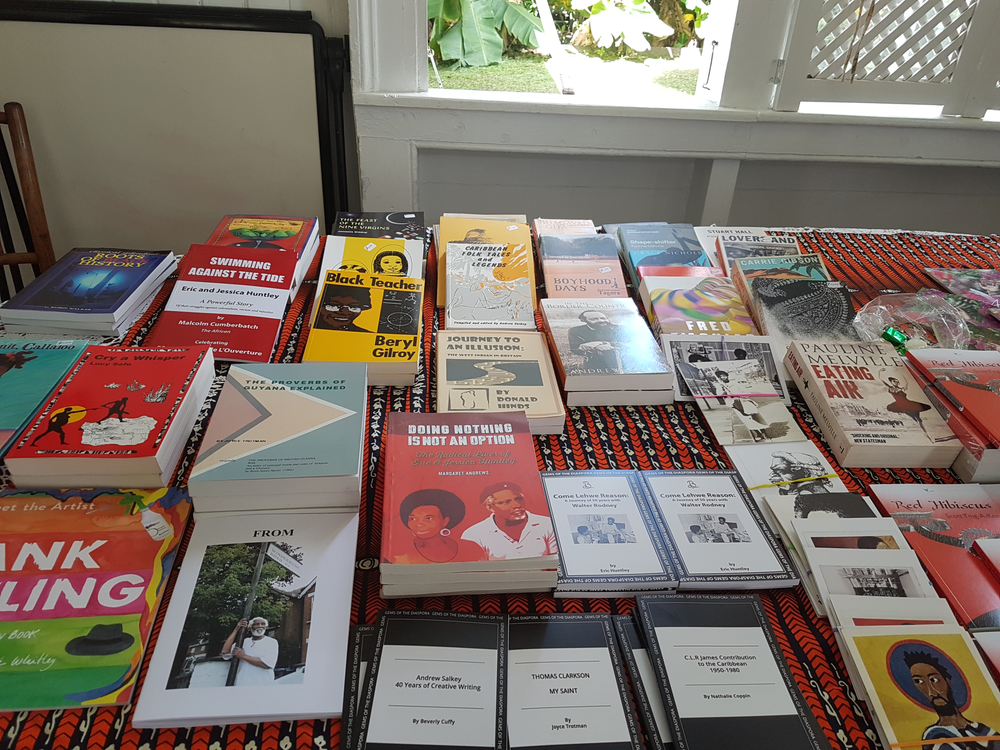
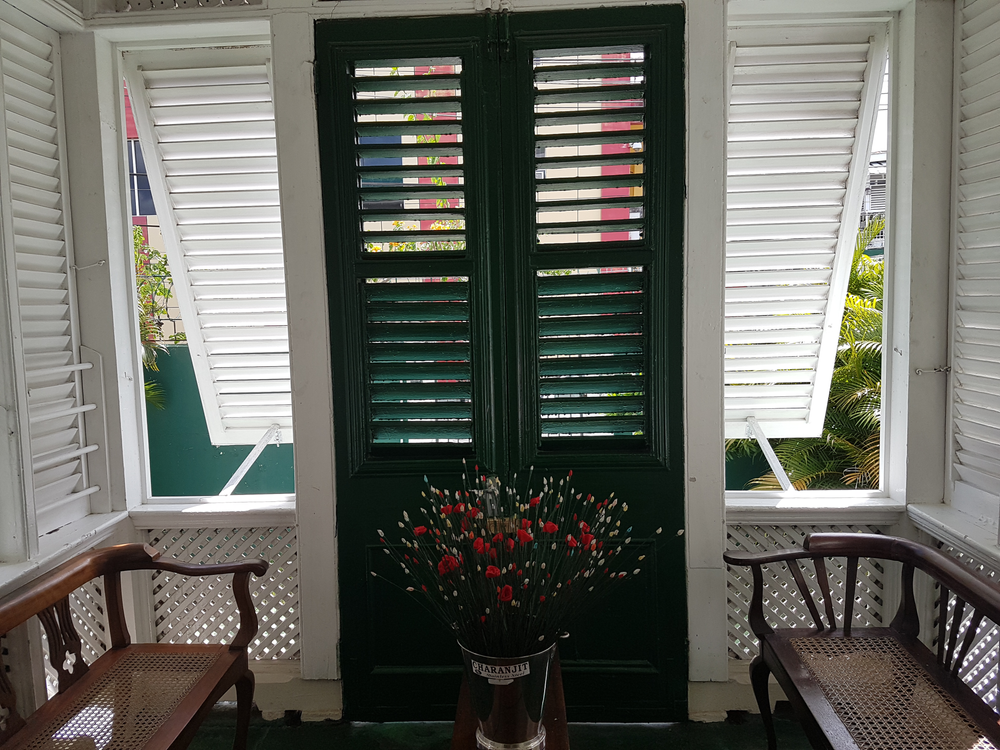
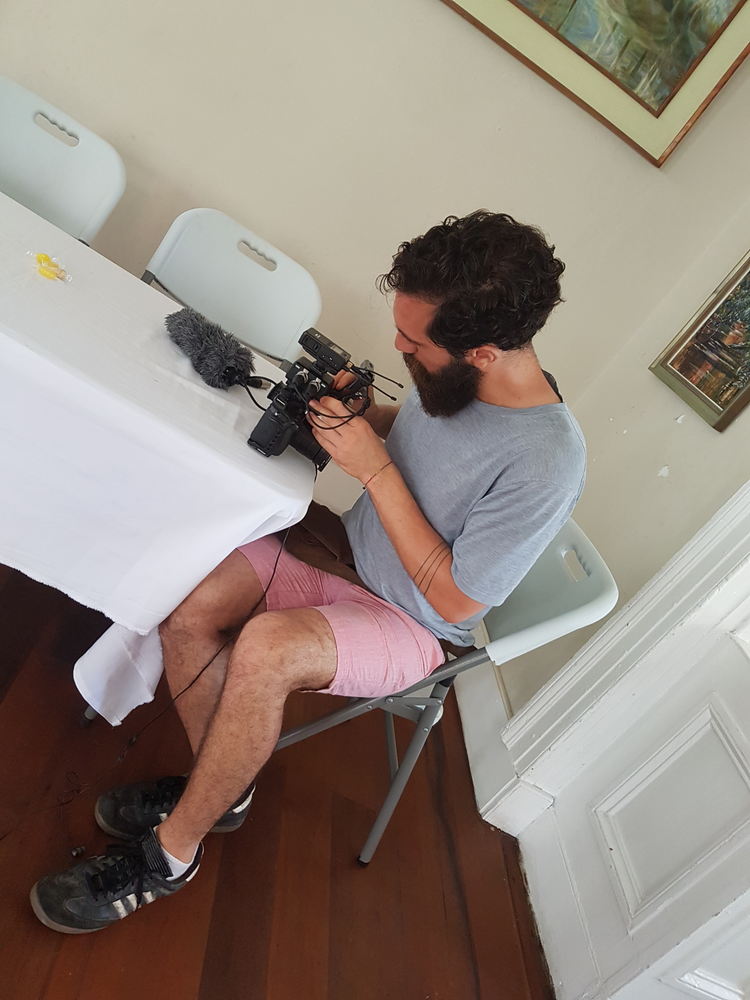
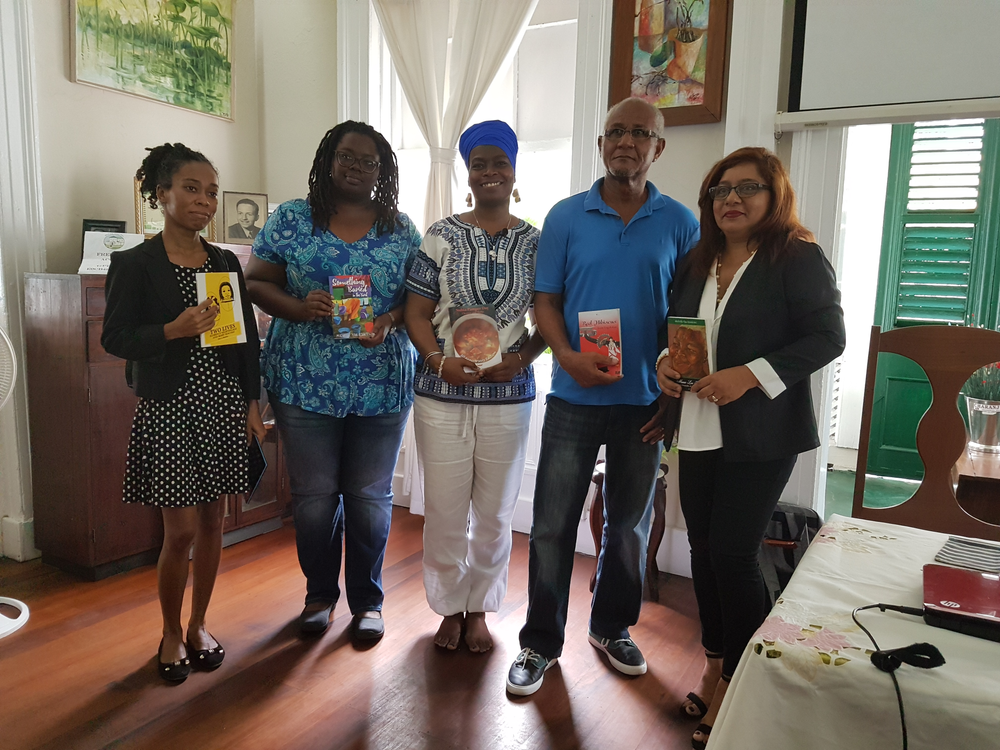
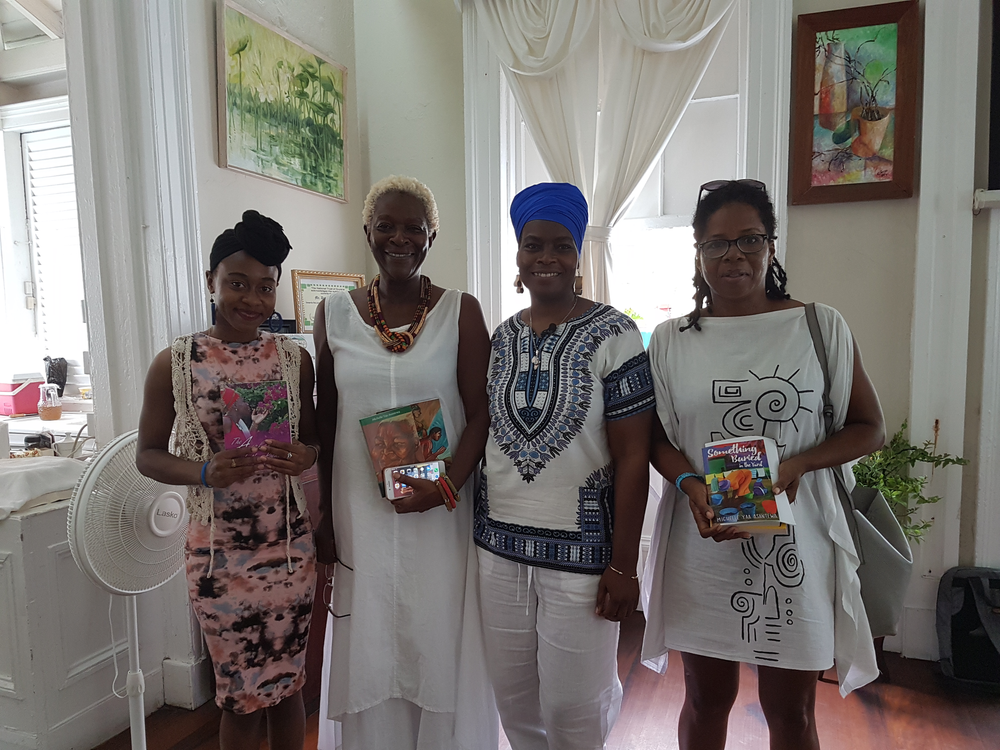
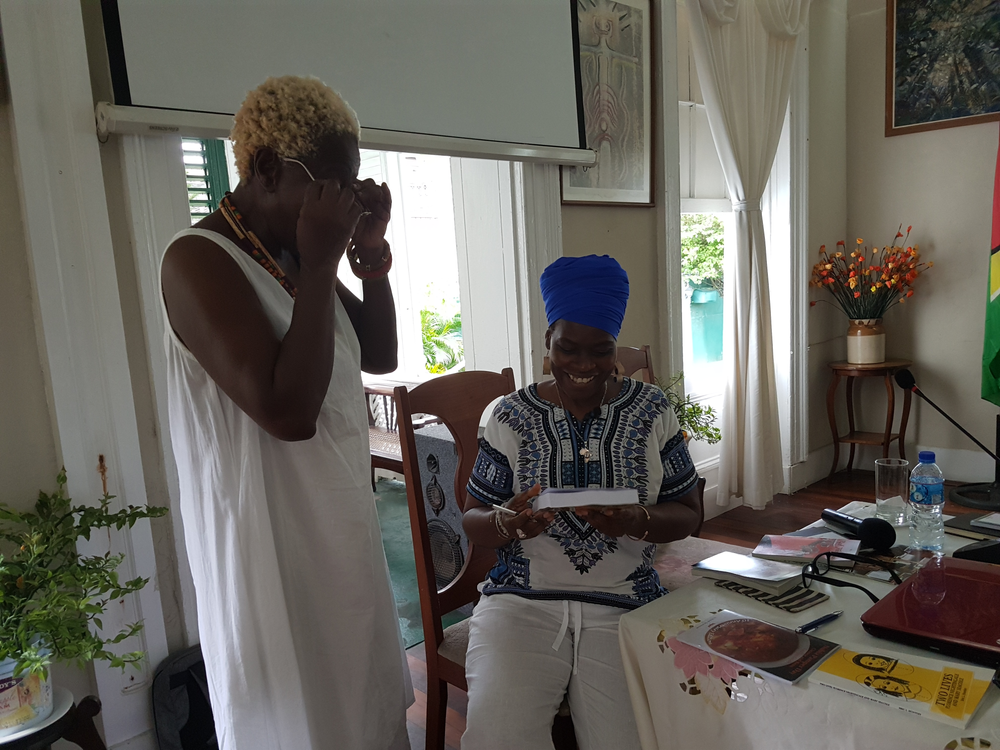
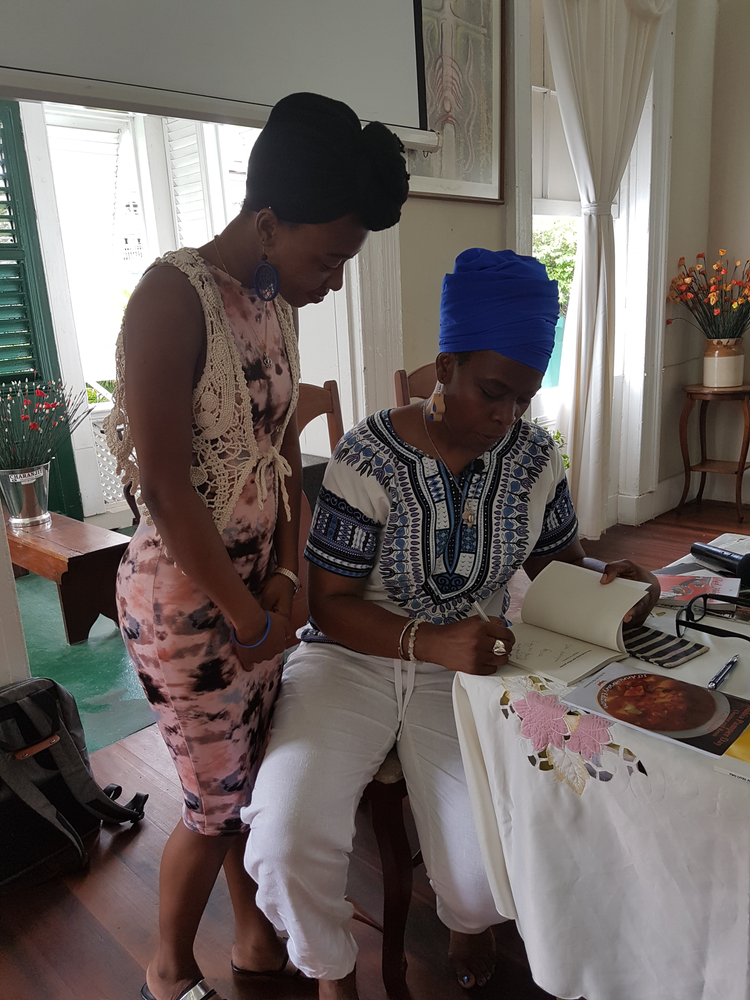
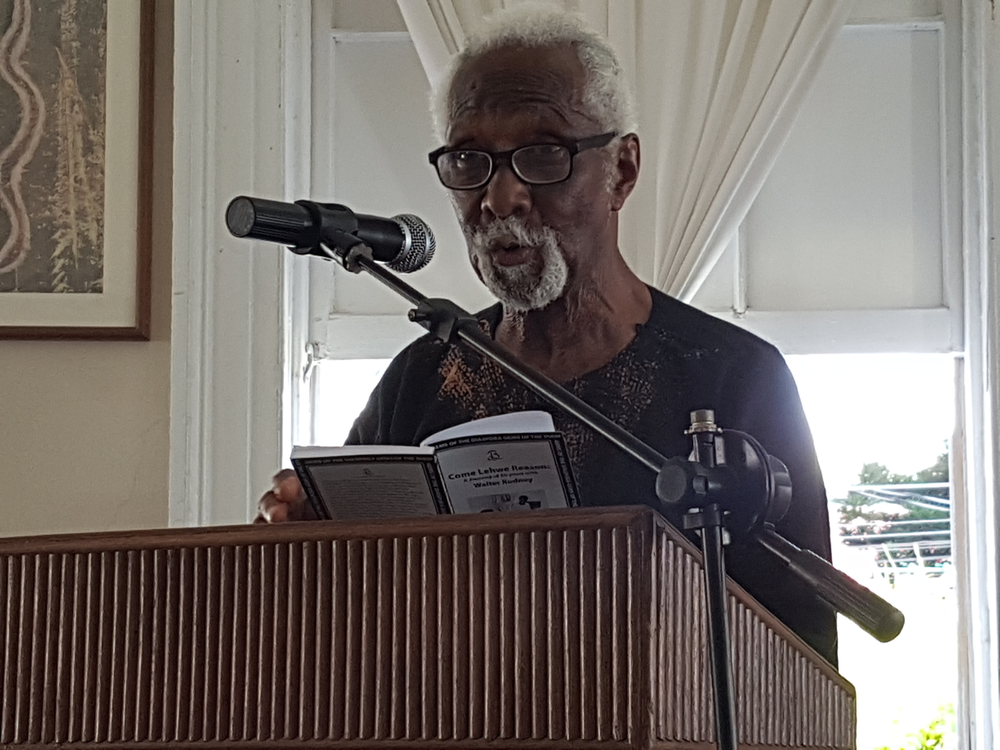
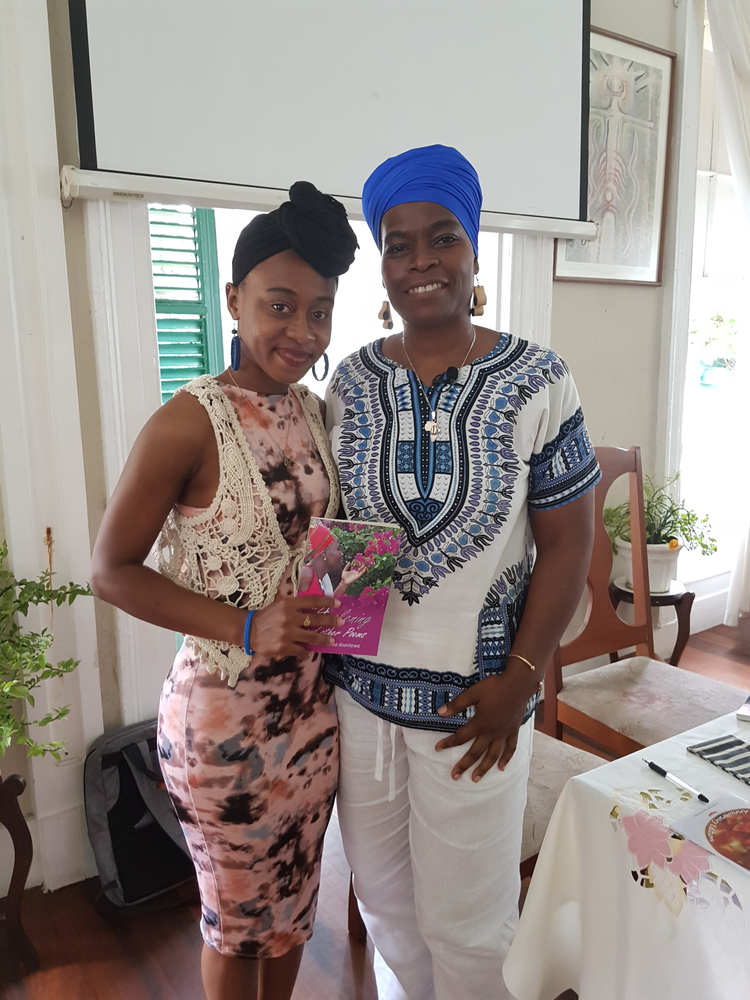
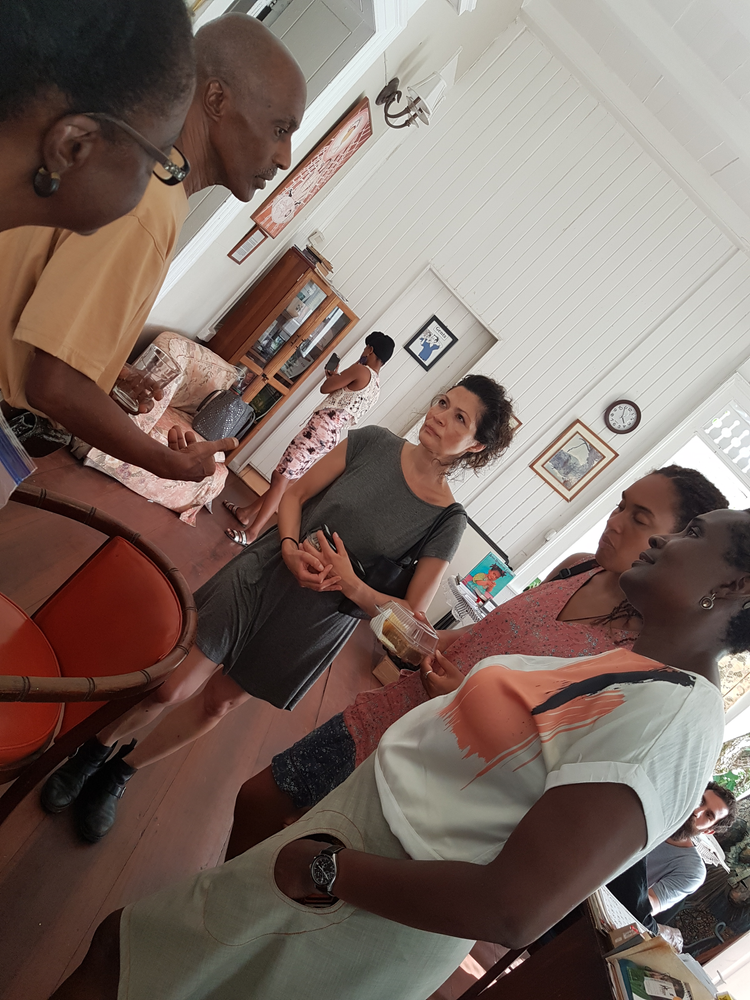
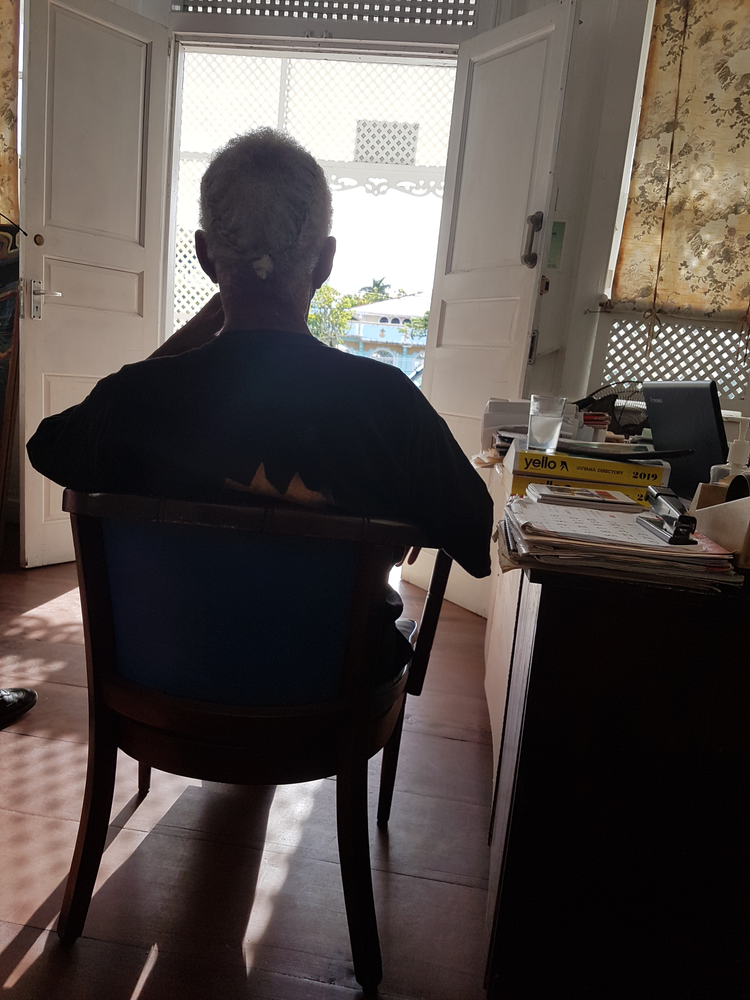
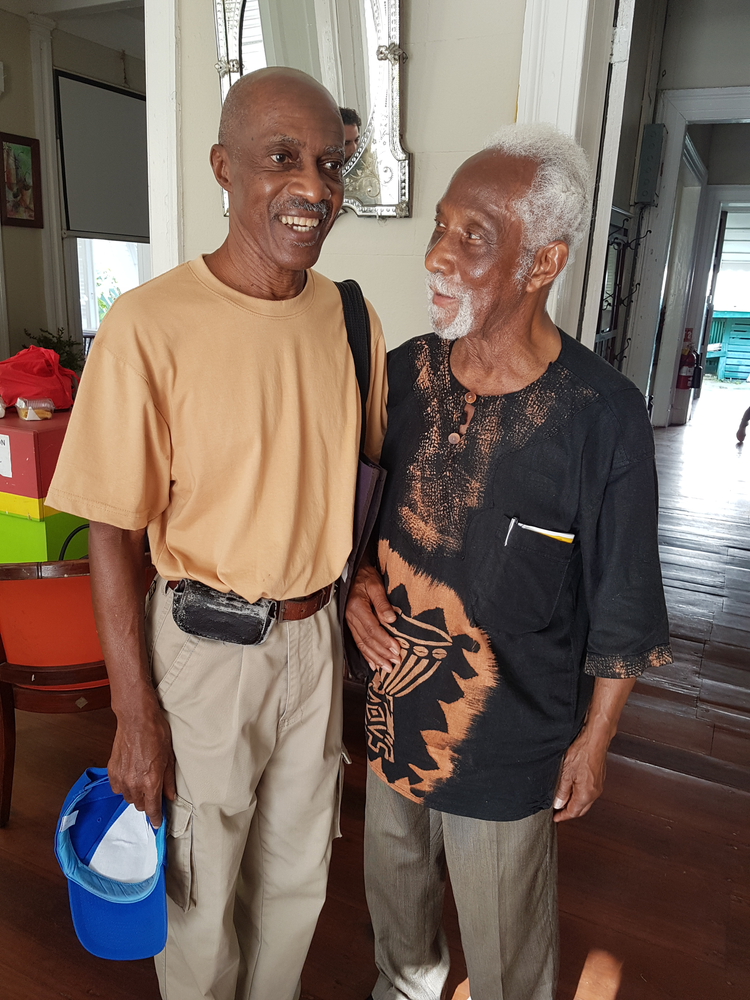
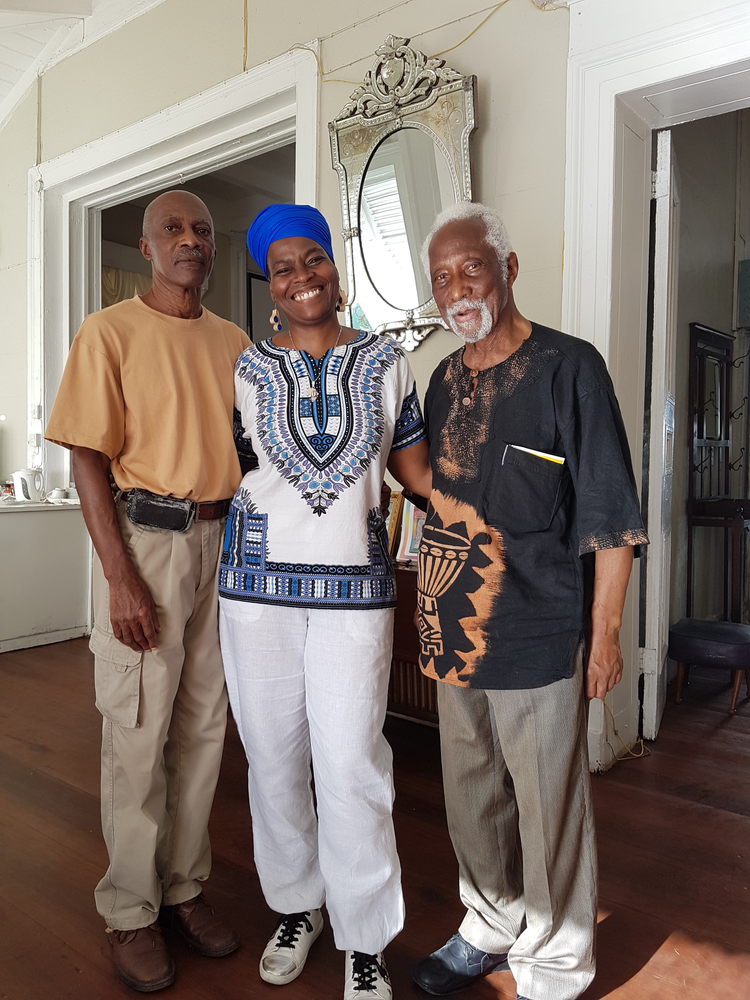
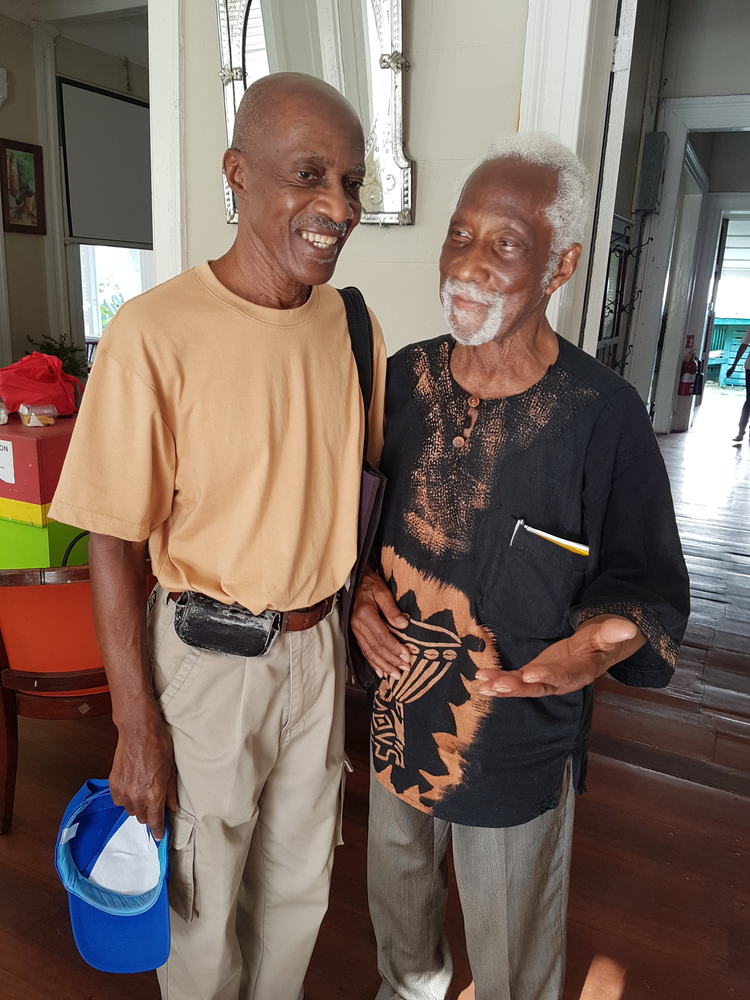
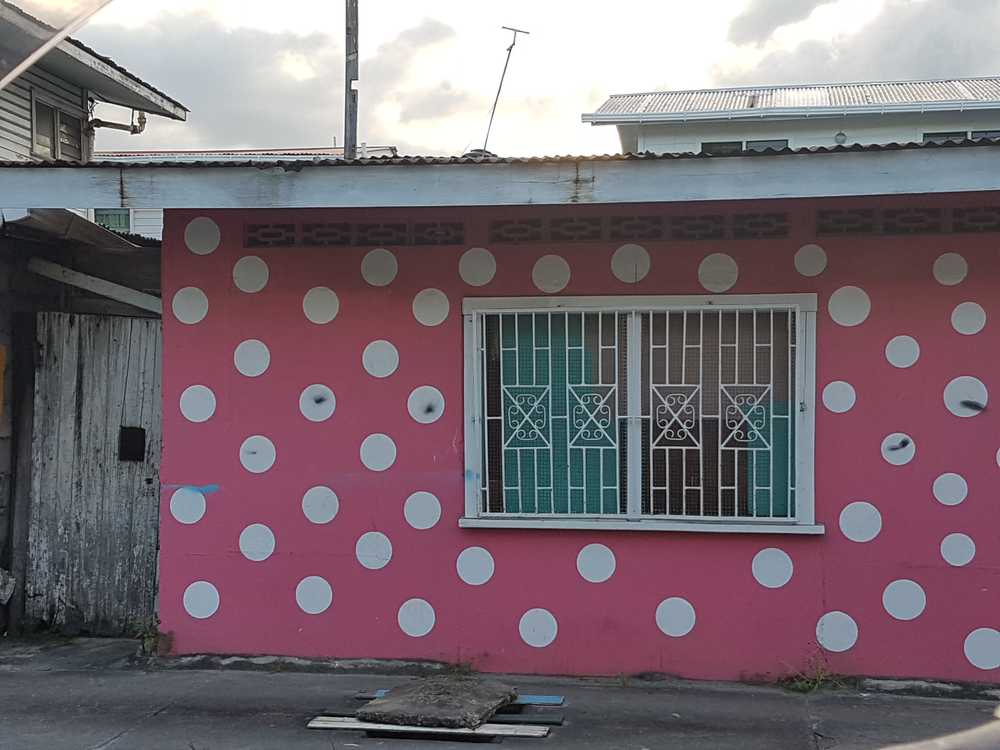
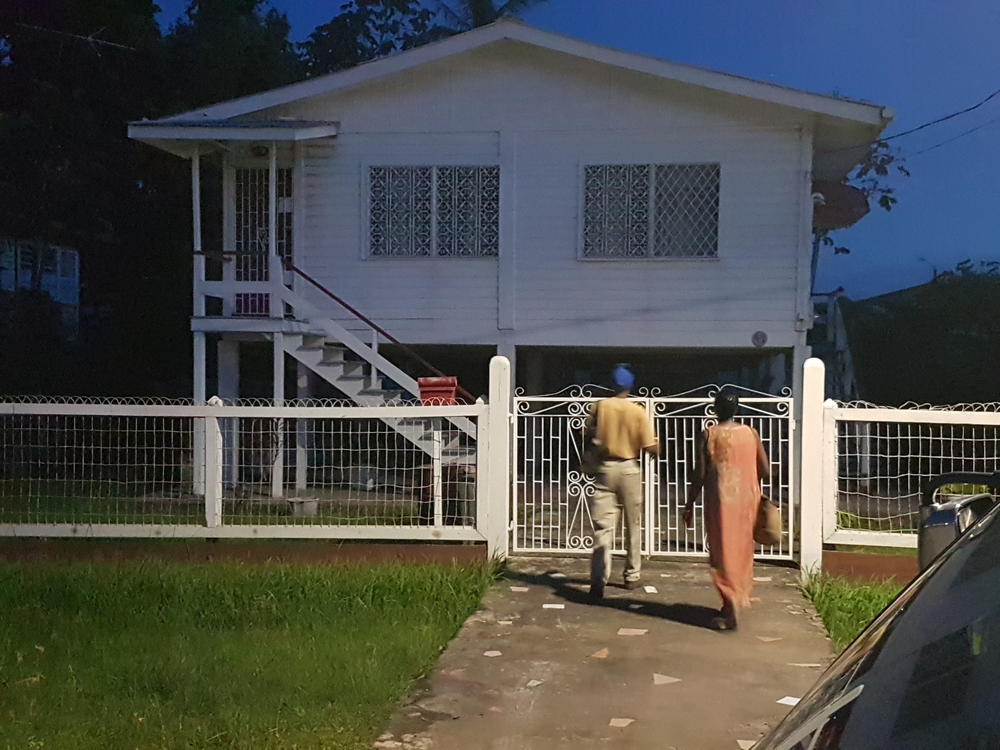
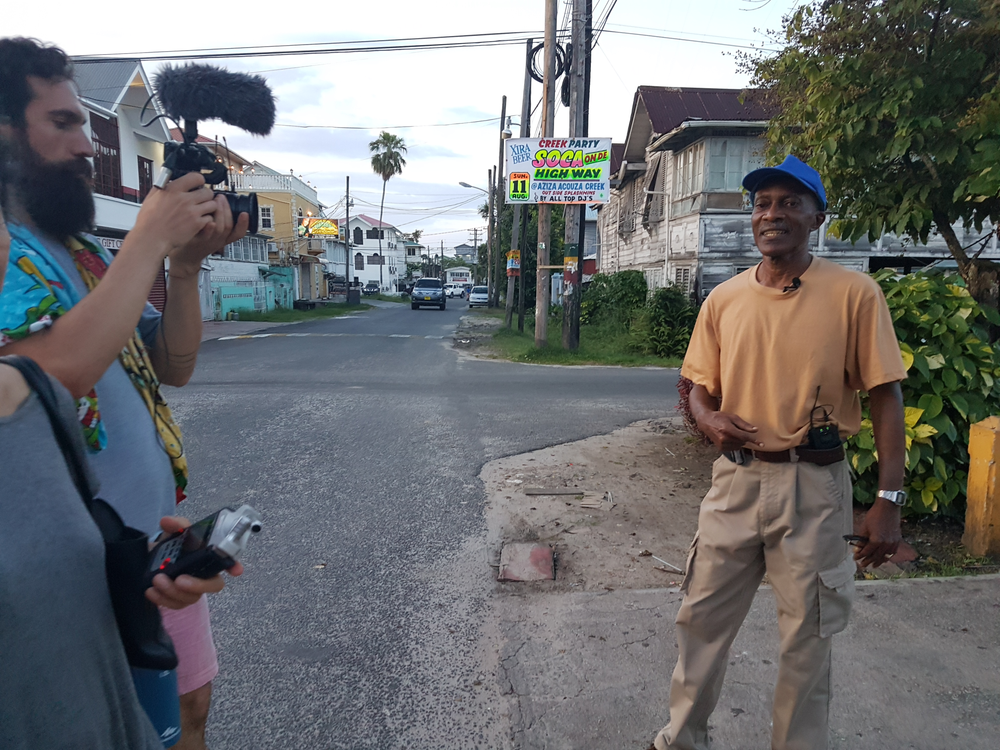
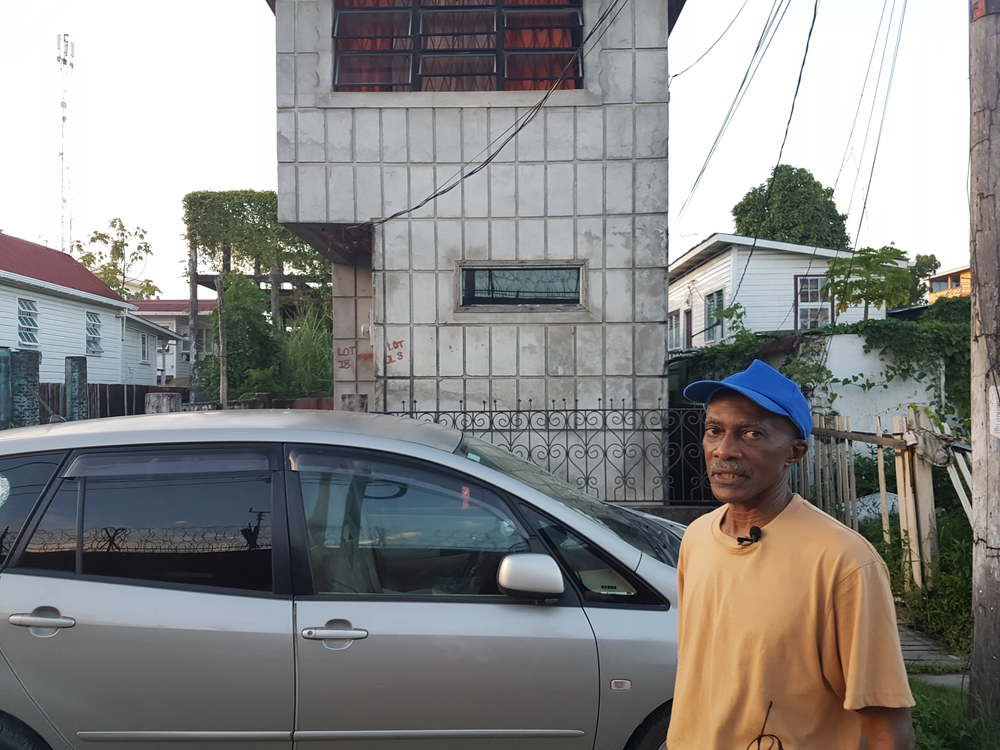
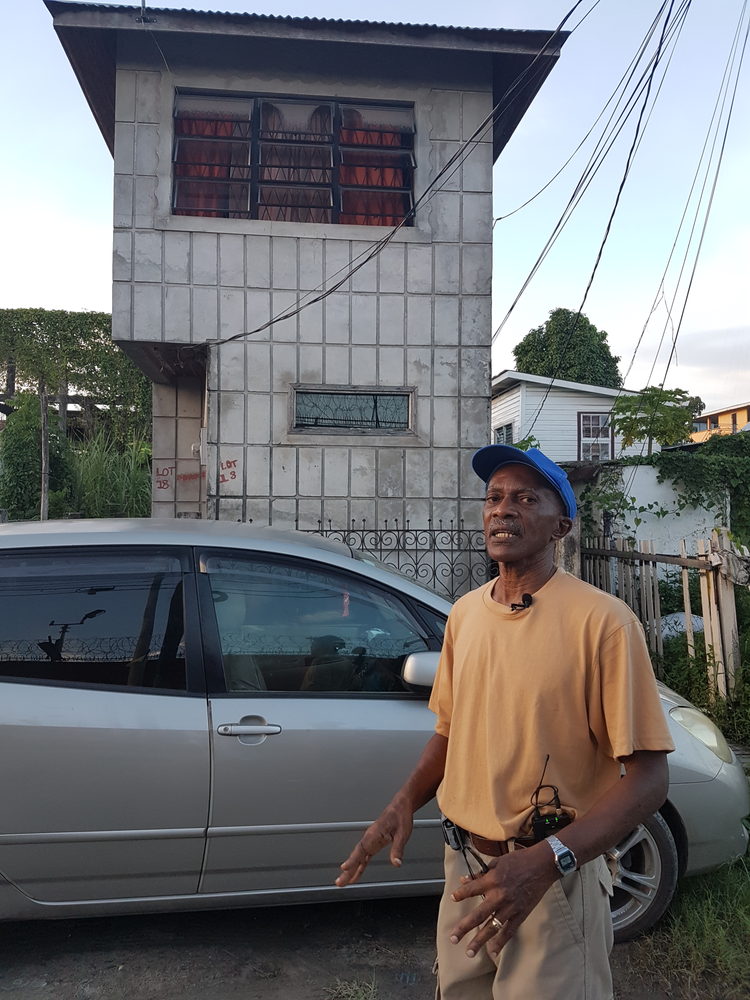
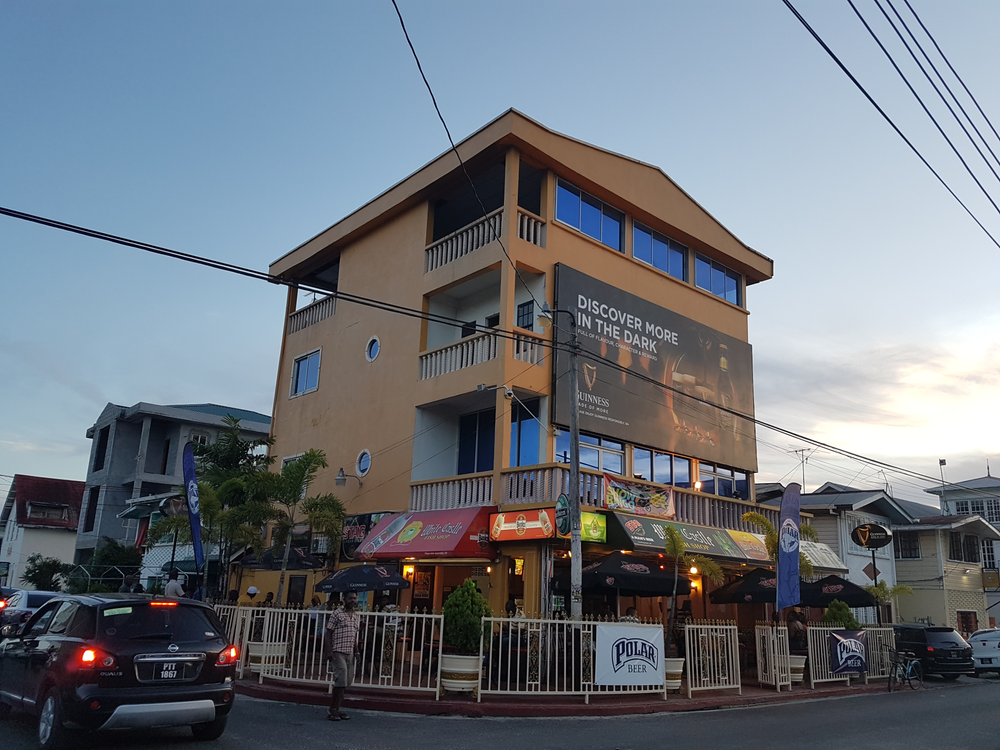
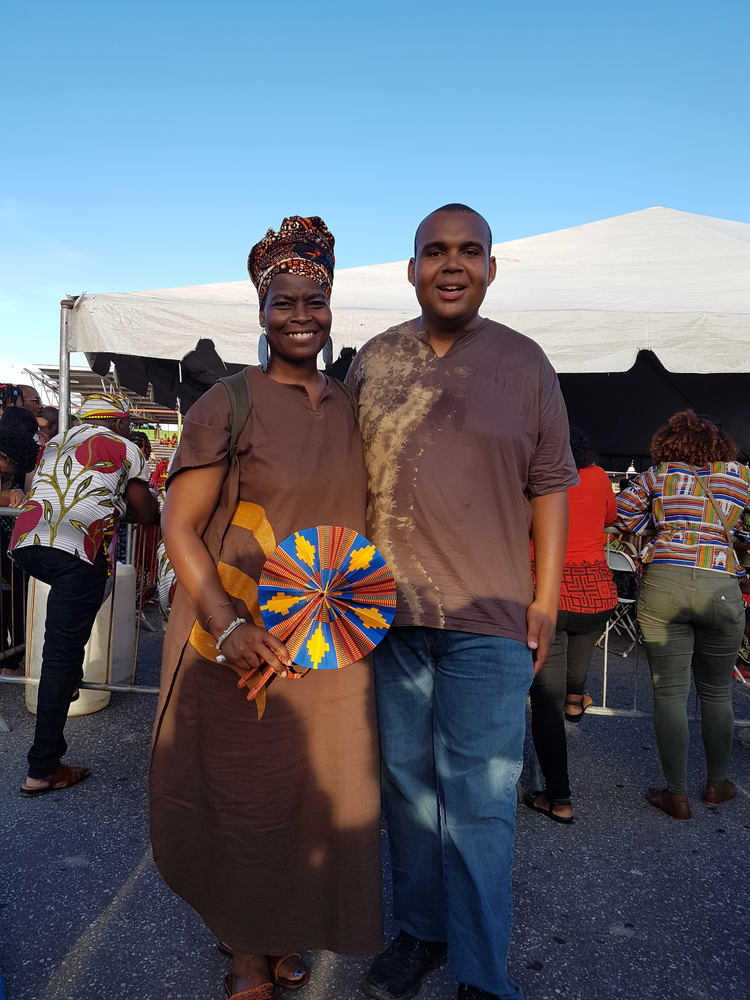
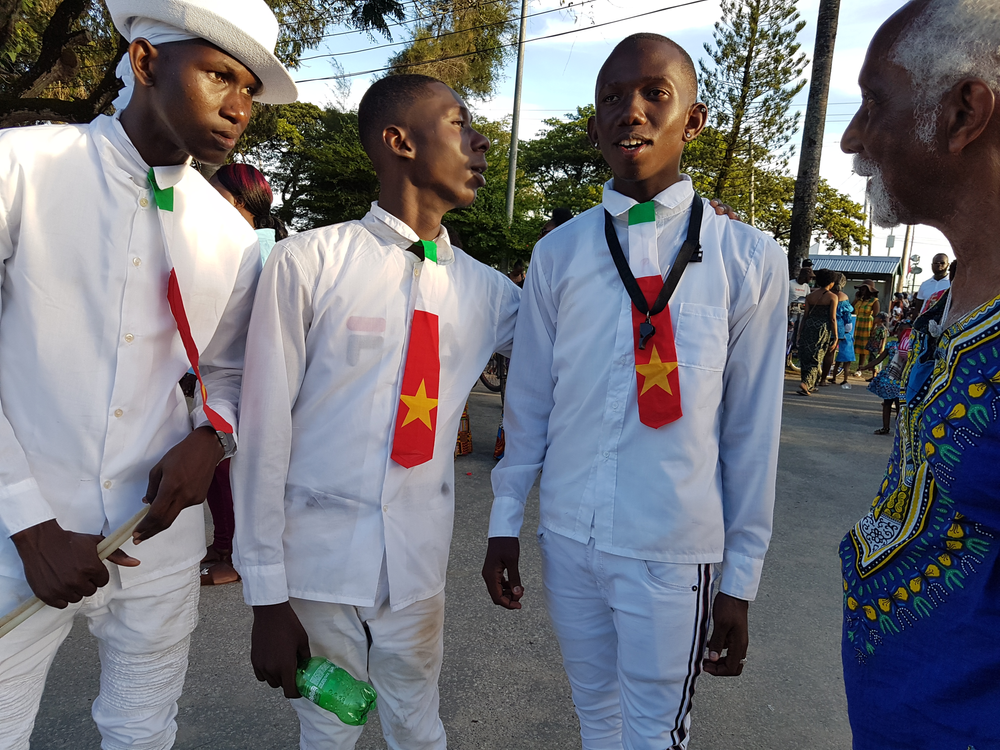
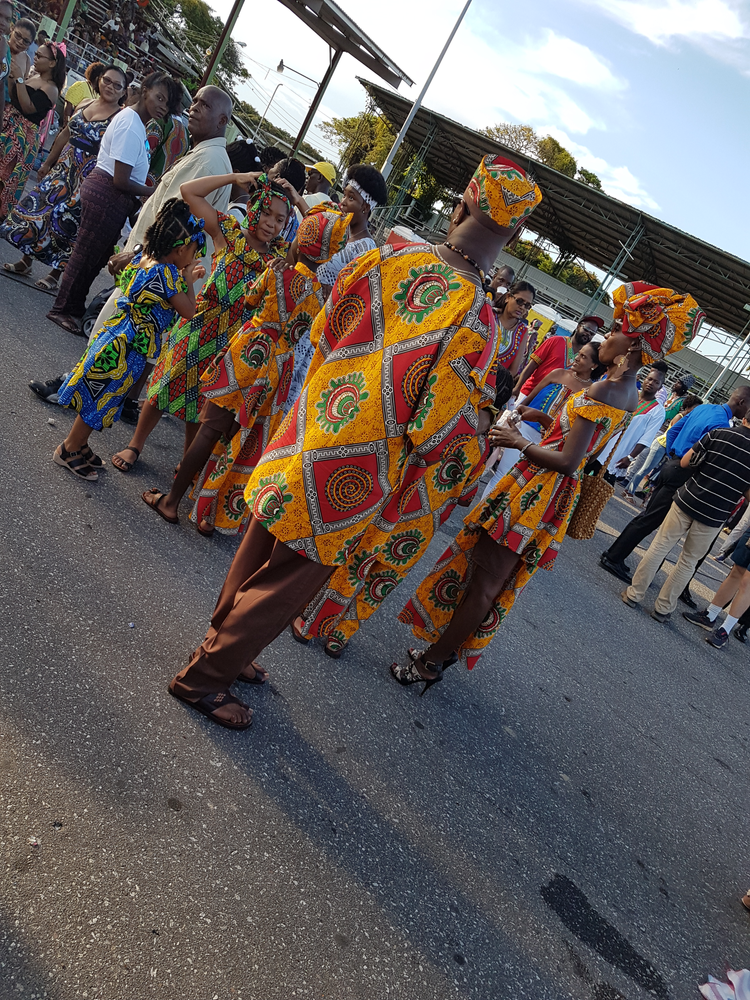
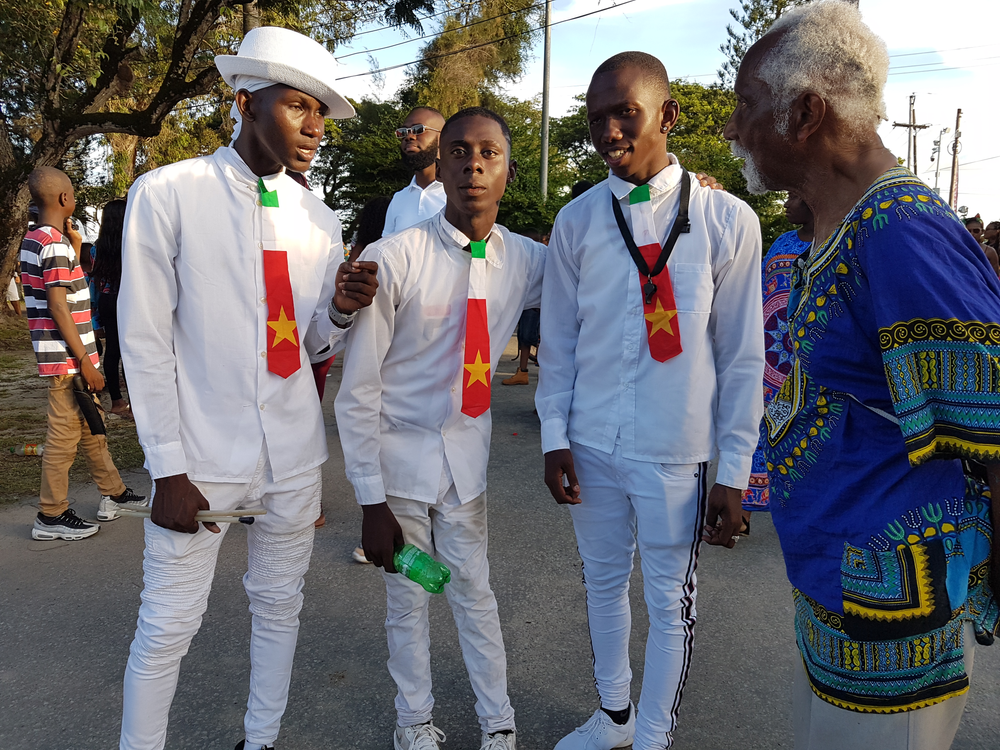
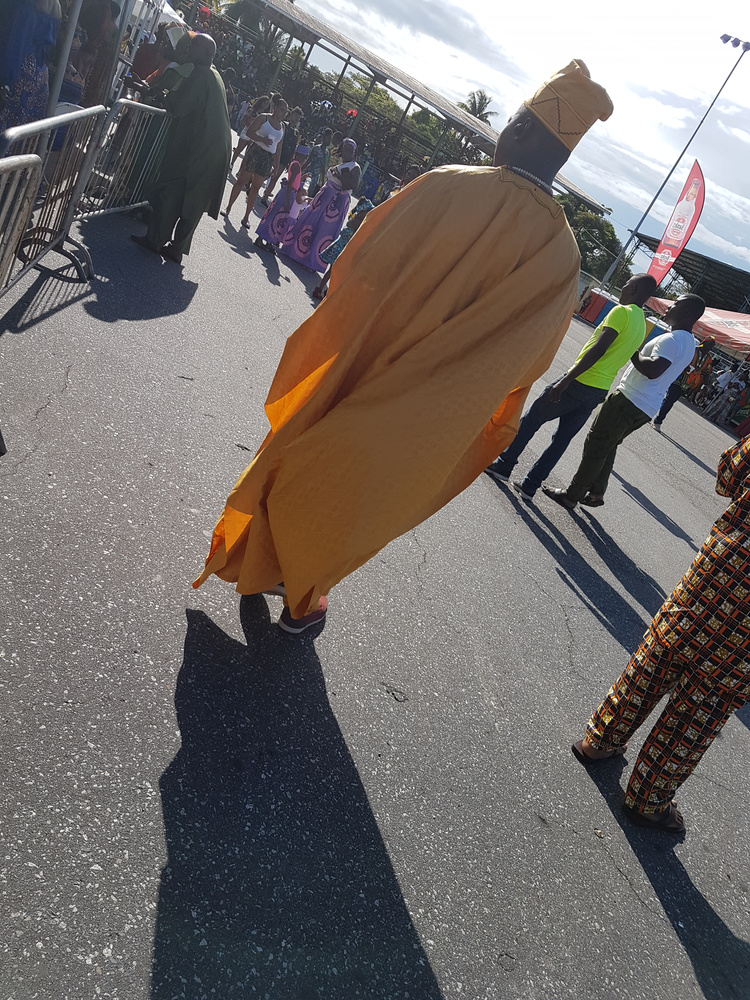
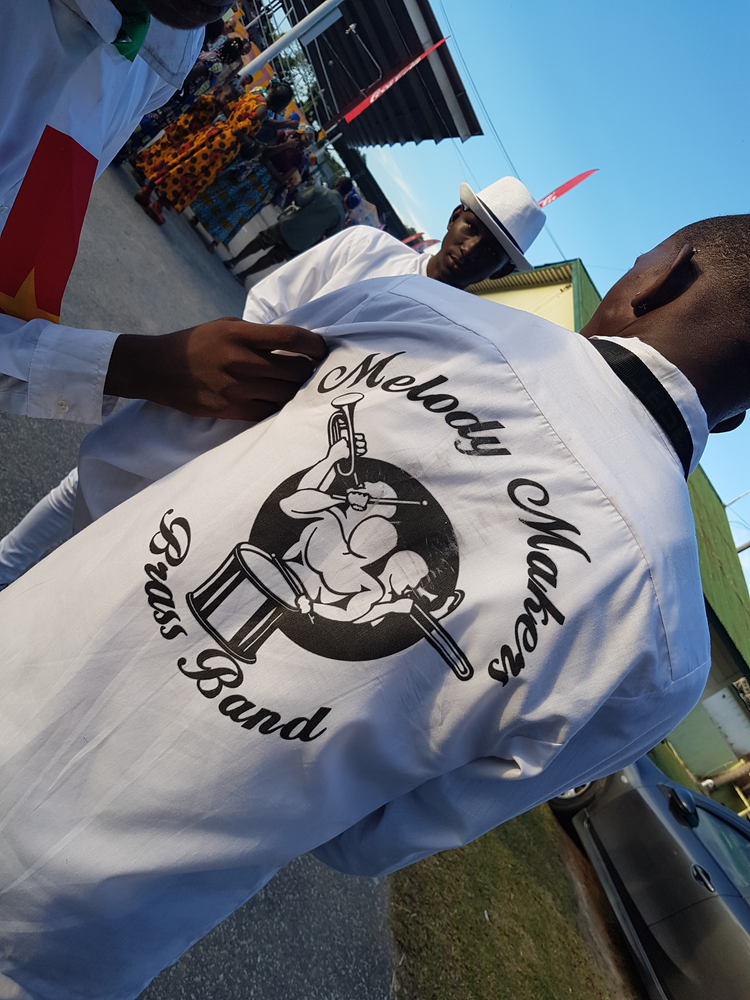






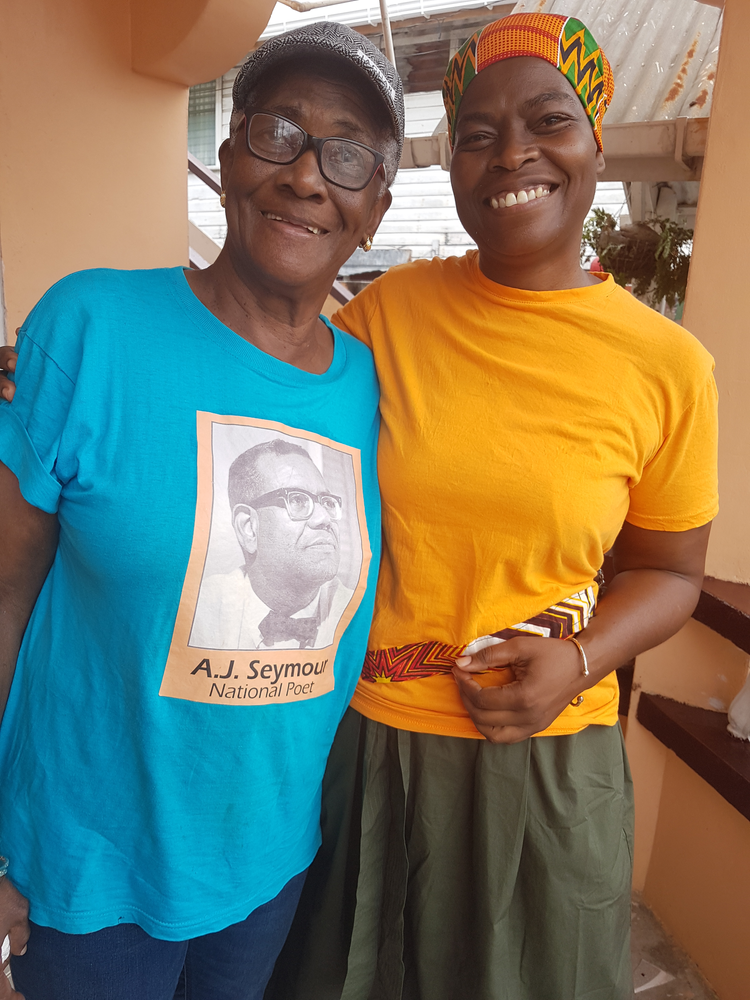
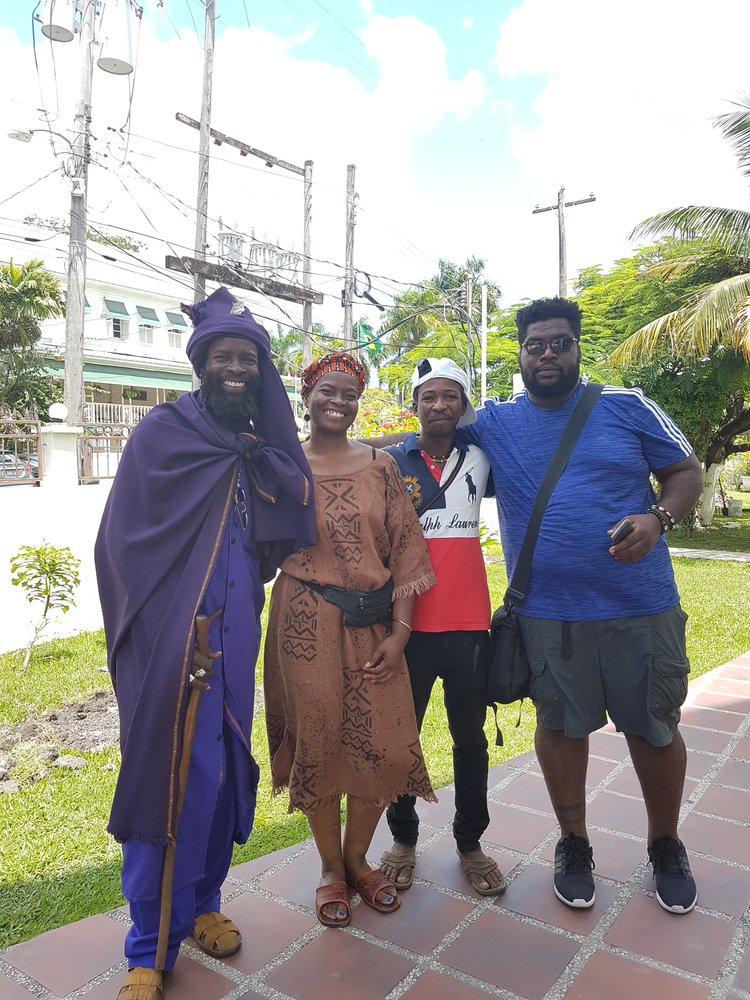
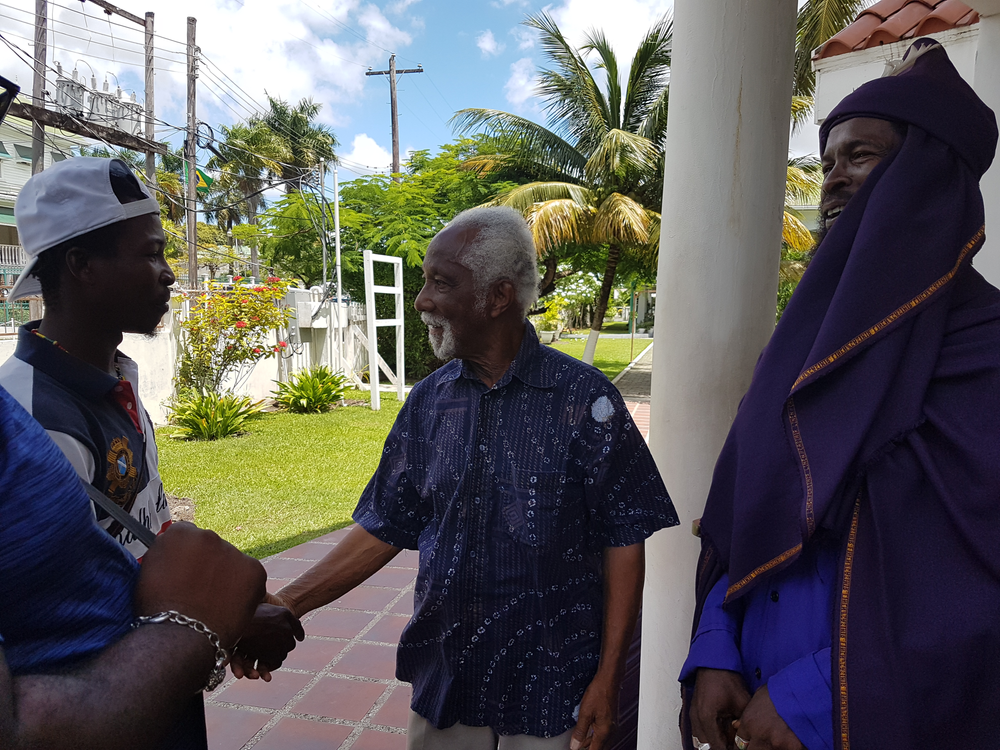
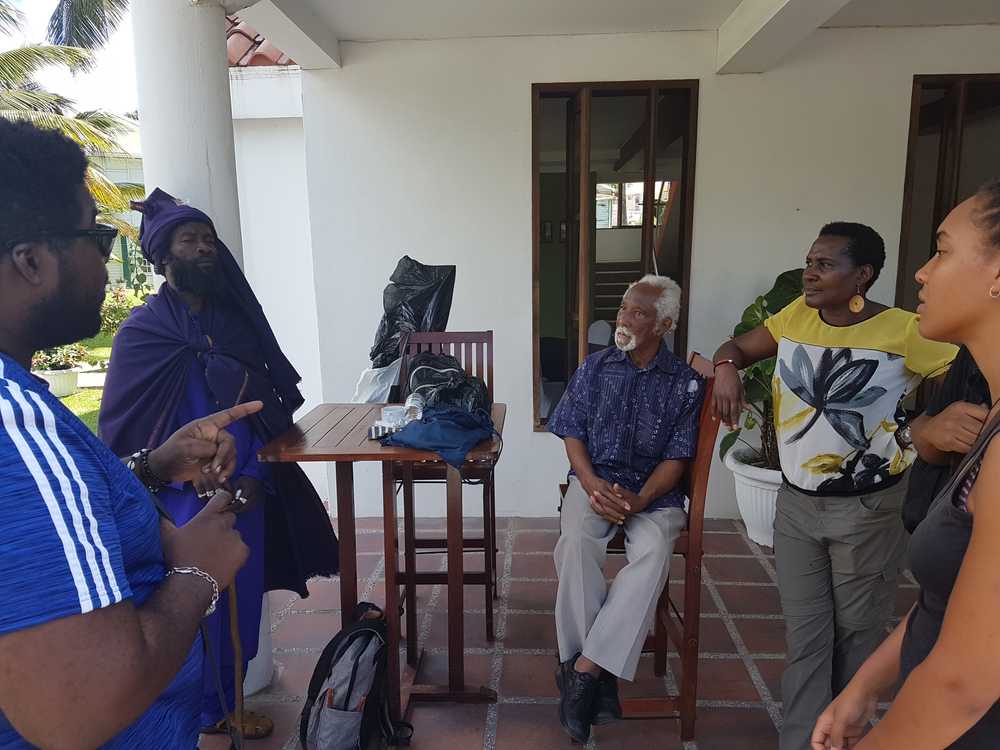
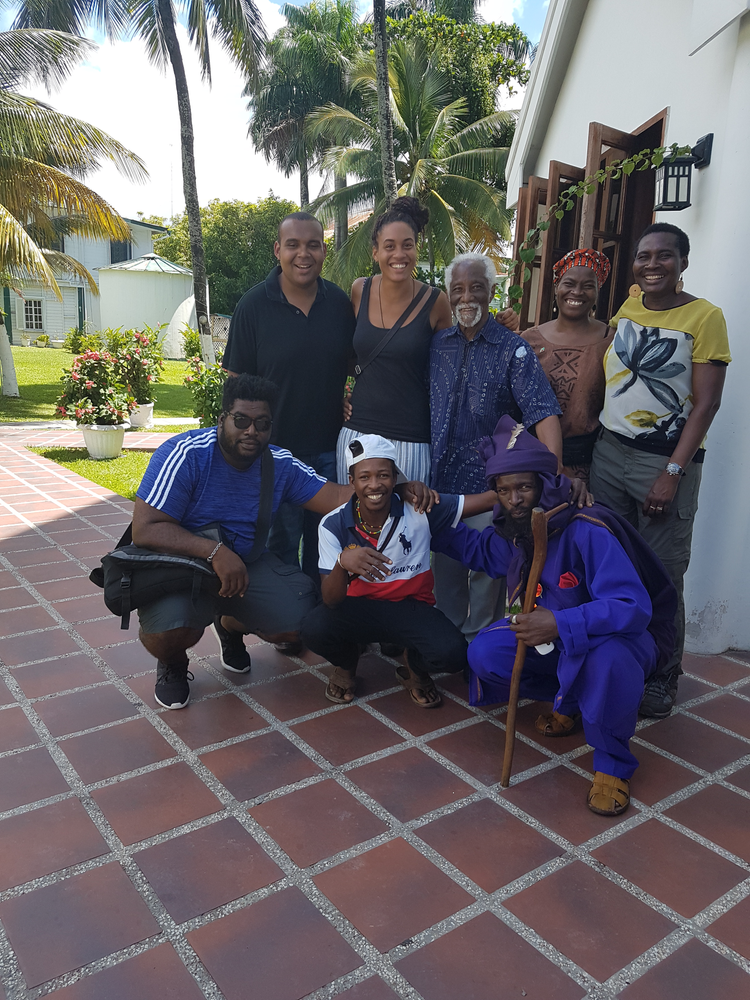




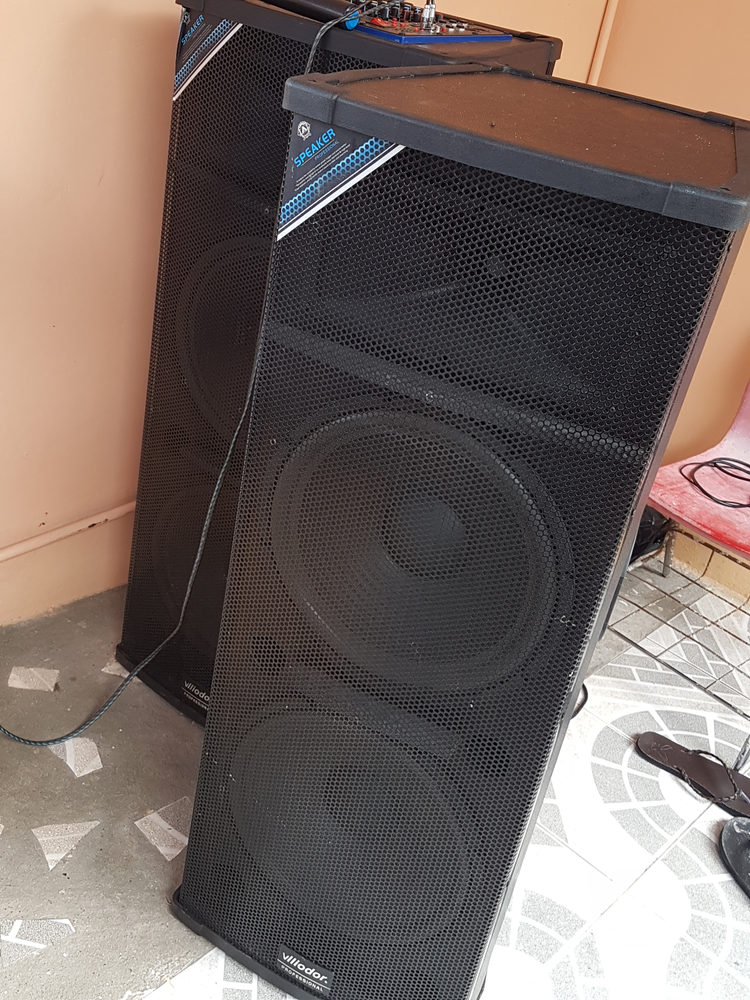




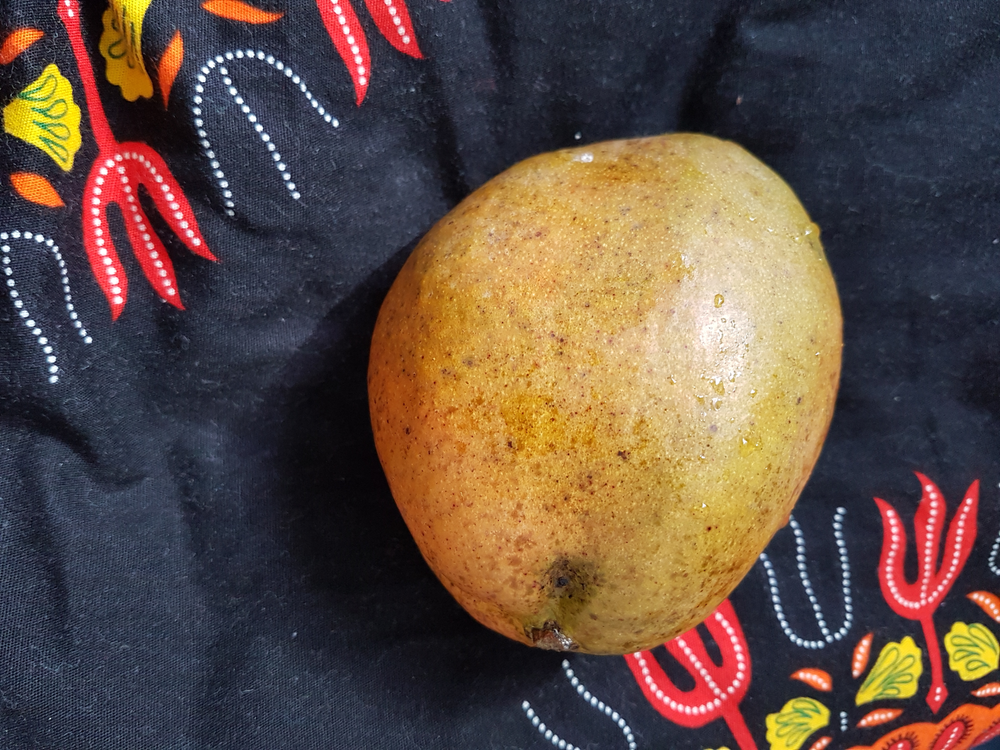











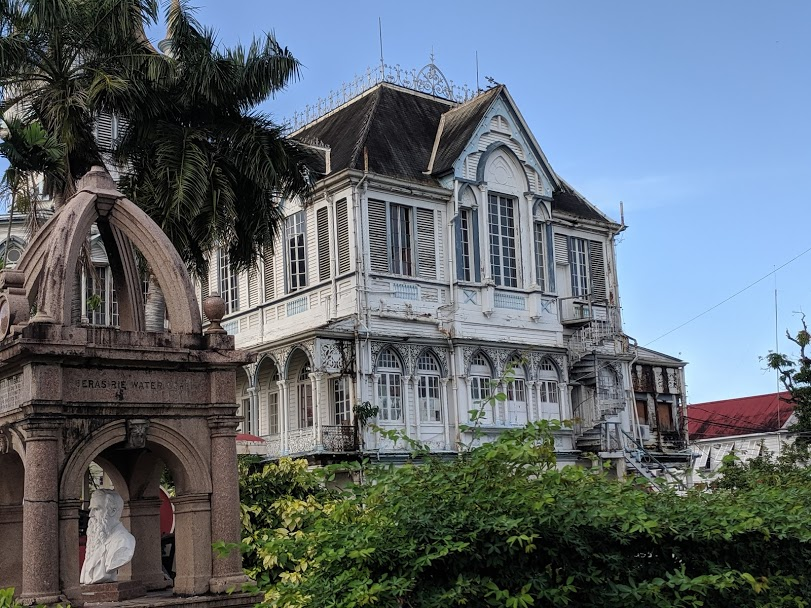



I had planned to go to Guyana later in the year as a kind pilgrimage for my 50th birthday. A prompt from the University of Guyana that I should take part in the planned Diaspora Engagement Conference (the second of its kind) encouraged me to go in July instead. I knew Eric Huntley and his family were planning to go that time which provided the opportunity for his participation in the conference too. This would be fitting homage for his 90th birthday, the trip serving also as a pilgrimage for him in the country of his birth.
But just before we left for Guyana, the then University Vice Chancellor Ivelaw Griffith – who had championed the first and this next Diaspora Engagement Conference withdrew his request for the renewal of his contract. This was due to persistent attacks by the likes of Freddy Kissoon, factions of the University’s Union and as far reaching as elements of the Guyana government – which played out like macabre theatre in the national Newspapers. The display was horrendous and put yet another blight on the University’s image at home and elsewhere. I felt it for those students who were in the thick of it. I felt it too for the academics who were enmeshed in the nightmare, who had longed for and welcomed Professor Griffith’s approach and readiness to give the University a better local and international profile. None of this should have meant the cancellation of the Conference, despite my gut feeling that it would. Cancelled it was, however, with 400 delegates who had planned to attend left in literal limbo; some I met in passing in Guyana.
This all peaked after I had my ticket ready to travel. My intention was to attend the conference and do some further research. I would also support the film crew, led by Claudia Coulter for the documentary on Eric and Jessica Huntley. With the conference no longer running this now became the main reason for my being there – “the god-directed steps” as my Mum later referred to it.
Some months have lapsed since this time but I wanted to briefly record some of the experiences which here follow.
Green Land of Guyana
From the outset I’ve disfavoured the impending oil production in Guyana – scheduled for 2020. Aside from the shocking ‘deal’ the country has settled for with the oil corporations, evidence has rarely shown the benefits of such discoveries to the people of underdeveloped countries. Odd successes here and there do not outweigh the many curses that come with finding oil. Venezuela – Guyana’s neighbour is a glaring example – albeit in my view a consequence of interference by outside forces blatantly averse to its political and economic system that might provide alternative routes to development. It did not escape my notice that when the new administration was elected and with the push towards the “oil money” the land dispute between Venezuela and Guyana was heightened with the USA insidiously primed as the central allies of Guyana should there be any fire behind the long term smoke of the land dispute between these neighbours. Guyanese at home and abroad were reinvigorated by the “Not a Blade of Grass” anthem popularised by Tradewinds. We became big chested patriots – eyeing up the prospect of phenomenal wealth and in a sense long overdue recognition about our country (no small island, but ‘big land mass’ on the continent of South America; boastfully reciting that we’re the ‘only English speaking country there’!).
Instead of oil, however I dreamt Guyana would push for a better agricultural and sustainable development economy; leading the way in the region for it. There is constant talk of this – that our ‘green shield’ is protected – the eco-tourism industry has been slowly developing. “Oil money” is projected to help advance this. I truly want to believe it. But I can’t. I want also to believe that the sovereignty of Guyana is assured. But I have no trust in ExxonMobil – stereotypically it’s another US multi-national Corporation with an unscrupulous record (don’t believe me Google them – and how as example they mislead the public about the impact of climate change among other misadventures). How this ‘green Guyana’ plug and the development of oil will marry pricks the conscience of those acutely aware what oil discovery and production mean to our world intensely impacted by climate change.
At one time I used to hear my family talking about how much of a food basket Guyana was – during this trip I was struck by the fact that it still is. Food is one of Guyana’s many riches – everything grows large and abundantly – be it succulent paw paws and mangos, the lush fleshy avocado pear, watermelon and mus melons; our sugar apples, sour saps, five fingers and the bountiful ranges of bananas – the abundance is amazing. I wondered how the locals afforded the fruits – plentiful and affordable to tourists. Yet, there is no major tourist industry (that’s changing) so the local Guyanese must be able to buy them, I told myself.
As for cook food shops and restaurants there are so many to choose, with a splendid variety. We ate at Germans, Shantas, Alberta’s (Smythe Street), Nicky’s fish bar (by the way you must get banga marie fish and plantain chips there when you go, also Fish Shop). If you’re with the right local who knows the road, you’ll have no problem eating in Guyana at all hours!
Waterfalls, Rivers and Plains
Eric Huntley and his family went for the first time to Kaieteur. I can only imagine how that must have impressed them from my own experience of seeing the mighty falls a few years ago. For Uncle Eric, at 90 this must have fulfilled a lifetime longing to know the country of his birth at a certain angle than he had done previously. And there is so much to know that it would take another 90 years and more.
Whilst the Huntleys visited Kaieteur I went to Pandama, a resort about 45 minutes outside of Georgetown and off the Linden Highway. It’s named after the huge yellow and green palm plants that are strewn throughout the grounds. A black water creek is a central feature, its coolness offering a refreshing sanctuary away from the bustle of the town. You can also revisit a throwback basic overnight in one of their lodges with the meddling chorus of night wildlife for company. It’s run by a beautiful husband and wife team Warren and Tracey. Next time you visit – check it out. You can do day trips or overnight. http://www.pandamaretreat.com/home.html – the package includes a glass of their homemade local wine. There are of course a good number of such resorts throughout the country – notably Adel’s in the Pomeroon (where I visited a couple years ago); Iwokrama and other Rupunnuni hot spots. These will naturally see a surge of visitors in the next few years.
Racism was less in the face?
Unlike a number of previous trips home I had a different sense about the racism that is always so overwhelming. I am in no way suggesting some miracle has occurred, but the optimist in me had an inkling that there has been a shift – maybe underscored by the reality that times have to change. An obvious, though not necessarily progressive change I observed is the influx of non-Guyanese, white Americans, Cubans, Brazilians, Venezuelans, Chinese and so on, swirling through Georgetown with such boisterous confidence I had the feeling I was in a different ‘home’. It is easy to see where the country is heading in a few years – given the big oil push – and the global hustle for new places to explore and exploit. I eaves-dropped on a white American woman saying in her discernibly Texan/Southern accent “it’s going to be great for the people of Guyana”– when oil money starts flowing as she flashed some cash for something she was buying. I knew, from the same poked out ears, that she was the wife of those modern explorers working for ExxonMobil who are called “expats.” (Note that others – non-whites usually – ‘living outside their native countries’ are ‘immigrants’ contrarily.) I sighed and imagined the eye-rolling emoji!
At Emancipation (1st August) as we (Eric Huntley and family) entered the grounds – we saw the Buxton Fusion drummers who had earlier opened the proceedings. They played for us, gathering an enthralled crowd. Two East Indian couples, attired in Dashiki’s and African print clothing entered the grounds and started dancing to the drums. As they danced their rum inspired merry dance – one of them said to me “we have to stop this racial thing. Guyana is for all awee. This is a new time.” And he continued dancing as many of the African Guyanese puffed up bemusedly and seemed to find no way to feel those pounding drums and shout out as their ancestors would have done back then “FREEDOM!” Of course, racism in Guyana reaches fever pitch during election season – a time now well under way and when true sentiments will out.
As for the Emancipation celebration – this is always feel great; the ancestral energies are always vibrant. I love the gorgeous colours and clothing worn and the general participation. The market place has been moved outside (not sure how long it’s been that way) but it had a good buzz with excellent craft and locally made goods – to live for seriously!
A couple days after Emancipation I had on an “African” outfit and a sister on whom I eaves-dropped commented to her friend – “emancipation over.” The friend sussing that I’d ‘heard’ tried to cover her by saying; ‘that’s how she does dress, is nat only for emancipation’ words thereabouts.
Filming around town
We filmed a number of areas relevant to Eric Huntley’s time in Guyana before he left for London. Bent Street, where he lived was one of these locations, close to Camp Street Prison where he served a year as a political prisoner. Smith’s Anglican Church, which also doubled as one of his first schools is still in pretty good condition. In fact the best kept wooden buildings in Guyana are the churches. Lamentably City Hall is woefully left to the ravages of time in a terrible state of deterioration as the factions debate who is responsible for its upkeep. I love the gothickiness of this building and wish sense will prevail and the government will do something about renovating it. Point of note, I visited Suriname some years ago and was impressed by the way their old wooden (colonial) buildings in and around Paramaribo have been maintained. I was told that Holland, being its former colonisers was lobbied to do this by the Surinamese government. Is there any day, or notion Guyana could/would/have tried to do the same?
The High Court where Eric Huntley was tried and convicted is still foregrounded by the grim faced statue of Queen Victoria – one hand hacked and a chipped nose (so much could be read into this – but alas I’d be off target with this post). At one time Eric Huntley was suspected of having blown up this monument of colonialism that over time has withstood a number of attempts to entirely topple it. Consecutive Republic leaders always bring her back to proudly look out at the locals and visitors taking snapshots of this dire symbol that no one refers to as a big white bacoo – the way I’ve heard Guyanese call Cuffy (one of the leaders of the Berbice uprising 1763).
Though I wasn’t there for all the filming – the crew filmed the Botanical gardens – especially the Burnham mausoleum; the National gallery (Castellani House) another structure needing work and renovation. Before I left Guyana I experienced the magnificent exhibition of Frank Bowling at Tate Modern. It is tragic that our National gallery is ill-equipped to host even a moderate rendering of our many artists who reside outside – and I’m not sure why such institutions like the Tate cannot be compelled to partner with local galleries (as one potential instance of reparations) to enable them to function more efficiently. The National library, the university, National Archives and the promenade gardens, African Heritage Museum, among many other sites around town were filmed. As for the latter – would that someone could explain why Gandhi has a place there? Revisionist narrative places him as racist, not to mention the emerging narratives about his proclivities towards young girls. Less racism? Depends on how deeply one chooses to look or when heads bow or turn away from facts. Left to me Ghandi’s and Victoria’s would be gone; after all where oh were is there a monument of any kind for the enslaved Africans without whom there would be no Guyana as we have come to know it? That reparations call that some are dodging is a serious thing we will have to face when the facts, and the moral compasses get put right.
Where we stayed
It’s always an anxiety wondering where to stay when visiting Guyana, if you don’t have reliable family. But I am pleased that it has got so much better with the advent of AirBNB and more flexible accommodations. The hotels are still expensive and none really 5 star though they are priced as if in some cases. I recommend considering flexible bases where possible; for example if you have to go out of town but have booked into a hotel, say the lovely Herdmanston Lodge or Brandesville (Kitty) check out and resume your stay after. Both hotels here mentioned are worth considering.
But we also stayed for part of the trip at a lovely AirBNB in Thomas Street (BelleChrist Vistas) run by lovely sister Annabelle. It’s very central and not far from Bourda Market. It was clean, spacious and had wifi and all those modcon requirements. The link to share here doesn’t seem to be coming up here. I then stayed with family for the balance of the trip, which always makes for an all-round experience.
Getting around
The past visits home I’ve avoided the mini-buses! Kind of been there and done that, especially when time is so tight. If I was there for longer periods I’d use them. Maybe it’s just being a little older and wanting a different, unhindered experience. We were blessed to have a good friend of mine as our driver; he owns a mini-bus and this suited our movements. He was absolutely brilliant. If and when next going, I would recommend him and the taxi services I used for reliableness, professionalism and security. His bus can hold 14 passengers so we were often all travelling together.
I didn’t want to mention this but given the changes taking place in Guyana at rapid pace it’s necessary. I had my mobile phone pick pocketed the first day of my arriving in Guyana. This was the first time I’d experienced it so don’t want to make a big thing of it. That said, it was two months old! Yes, one of those latest Samsung’s. Though insured it was traumatic having to deal with the whole process. We did attempt to report it – writing that part is another entire blog! But I here ask you to be careful but not paranoid – as this could happen anywhere. Also – I recommend adding these aps about phone tracking which could help locate it quickly once you discover it’s missing. Report it immediately. The police can track it through the IMEI (unique number/ID) but…I hate to say it in complicity with the locals (family who looked at me in despair when I hoped I might get it back this way) that we are talking about Guyana!
Bogle and Way Wive Wordz Books
We organised a workshop on publishing, which took place at Moray House. The aim was to inspire local Guyanese of the wider possibilities of publishing, given the lack of national publishing houses. Most Guyanese still send manuscripts abroad in the hope of being published. We highlighted that while traditional publishing offers the credibility most people are looking for to validate their work, and also alleviating the work done to produce books, self-publishing has come a long way in challenging perceived notions about the quality and indeed ‘vanity’ of that way of doing it. We were pleased to have in attendance Petamber Persaud who reminded us about the many writers (Guyanese and others) who self-published. We got the general sense, all the same, that the expectation remained that traditional – which would also bear the burden of funding – was preferred by locals. I saw Uncle Eric looking somewhat dismayed at the lack of elasticity in thinking that there is another way – after all for him and late wife Jessica Huntley simply sitting by and waiting for someone to do for them was never an option.
In the evening there was reading by myself, uncle Eric and Scott Ting-A-Kee, which though sparsely attended was all the same a special treat. Scott, for the second year running, won first Prize for the Guyana Annual Poetry competition. I was so proud of him and delighted to attend the awards ceremony whilst I was there. He was also selected, along with 3 others to represent Guyana at Carifesta in Trinidad in August this year.
We, Eric Huntley and I were hosted by Petamber Persaud on his segment – Oral Traditions on NCN a local TV channel, which aired whilst we were there. We spoke about the continuing worth of literature and our respective journeys in producing work that contribute to this. Eric Huntley was also featured in an article in Stabroek News by Olutoyin Alleyne. In the same Scott Ting-A-Kee was featured as one of the delegates going to Carifesta.
I organised a screening of the documentary Ancestral Voices, for which I also did the Q&A at Herdmanston Lodge. I am indebted to Keith Williams of the Lodge to agree to host it there at short notice. It was the first time it has been screened in Guyana and I am awaiting the promise that it may get a wider airing on television, courtesy of The Reparations Committee.
I Am Walter & Donald Rodney!
One of the memorable moments of this trip for me was meeting Donald Rodney (and his wife Pamela), Walter Rodney’s brother. We filmed him the same day of the publishing workshop. He escorted us through the areas where they lived as children, locating the houses they grew up in. He showed us the house where Gregory Smith lived, not far from theirs. Smith was the Guyana Defence Force (GDF) sergeant who supplied the walkie-talkie-cum-bomb that killed Walter. We drove by Camp Street prison where Walter had been detained in 1979 following a fire that burnt two government offices (he and others were charged with arson). Donald Rodney walked us through the route that would eventually end in the explosion that killed his brother. This location is by Fish Shop – a regular night spot where I’d been without ever knowing its historical significance; it’s on John and Hadfield Streets – opposite the rudimentary memorial Friends have created for him.
Donald Rodney explained that after the bomb exploded he ran – disorientedly due to temporary deafness from the explosion – to the house where friends (recently deceased) Andaiye and Karen De Souza were waiting. On hearing what happened one or both of these WPA members ran to the scene of the explosion. Observing Walter’s gutted midriff, knowing he was dead they ran back to the house, whereafter they sought medical help for Donald. At this point in his relating the narrative I kept wondering how he was so calm. But that calmness has perhaps been crafted out of this immense tragedy that continue to plague his life. He didn’t only lose his brother that day, he was charged and convicted of acquiring the banned walkie-talkie bomb that claimed his brother’s life at only 39 years old. He is currently appealing this charge and conviction at the Court of Appeal in Guyana. We promised him we’d do what we could to help his campaign; hence the movement #I AM WALTER RODNEY. He recently started a once a week vigil outside the Court of Appeal to get a date for this appeal. I am saddened by how he has been treated by successive governments since his brother was assassinated – 40 years ago next year June.
Birthplace and heartspace
I renewed my Guyanese passport finally and felt so proper patriotic. The process was pretty quick and efficient – which is a big improvement on those days when I used to see long queues outside the office. I understand this is because people no longer have to travel all the way from say Berbice to come to Georgetown to renew their passport.
I was in part inspired to renew it because of the recent development by the Ghanaian government to get rid of the visa requirement for those of us with passports from countries like Guyana, Jamaica. It is part of the Year of Return Ghana launched, which is a brilliant initiative to encourage those in the diaspora to travel there and per chance to feel the heartbeat of the home of our ancestors. If it’s a stunt to attract tourism – I welcome it all the same.
Now imagine if Guyana was to launch a similar campaign to encourage the diaspora to come home? Yes – that’s what the cancelled Conference was trying to do… that commitment comes with expanded vision.
Guyana is for me both my heart and its ache. It is so stunningly beautiful, with a real chance to beacon this beauty to the world but amidst the beauty so much of its blight remain in high and low places. Past ghosts haunt its development – that very consequence of Western imperialism Walter Rodney wrote about in How Europe Underdeveloped Africa. With the pro-Western leaders cruelly and critically installed in many of its neighbouring countries (Bolivia, Colombia, Brazil, Venezuela) where media black outs are currently shielding the world from seeing this tyranny HD or otherwise, I fear it’s only a matter of time before what truly erupts will be much more than the billions of barrels promising the people of Guyana salvation when history has shown us this has rarely worked out for the many but fattened the pockets of foreign fat cats.
The heart experiences the full complexities of life, without which it does not have existence. Love, joy, hurt, wonder, loss are all requisite experiences of the heart. Guyana fills me with all these marvels, most vividly among them and what I have always found there is love.
Shout Out
Gallery pictures were taken by author and Claudia Coulter, posted here with permission.




